
In a Democratic vs. Republican Contest Over Broadband, Who Wins?
The idea behind 'Made in America' is to combine reindustrialization, national security, reviving left-behind places, cheering up blue-collar workers and reducing carbon emissions.

Healthcare Leaders Call For Privacy Legislation
Measures should be taken to protect patients seeking to use mobile devices to receive healthcare.

The United States of BEAD
State-by-state broadband pages for every U.S. state and territory.
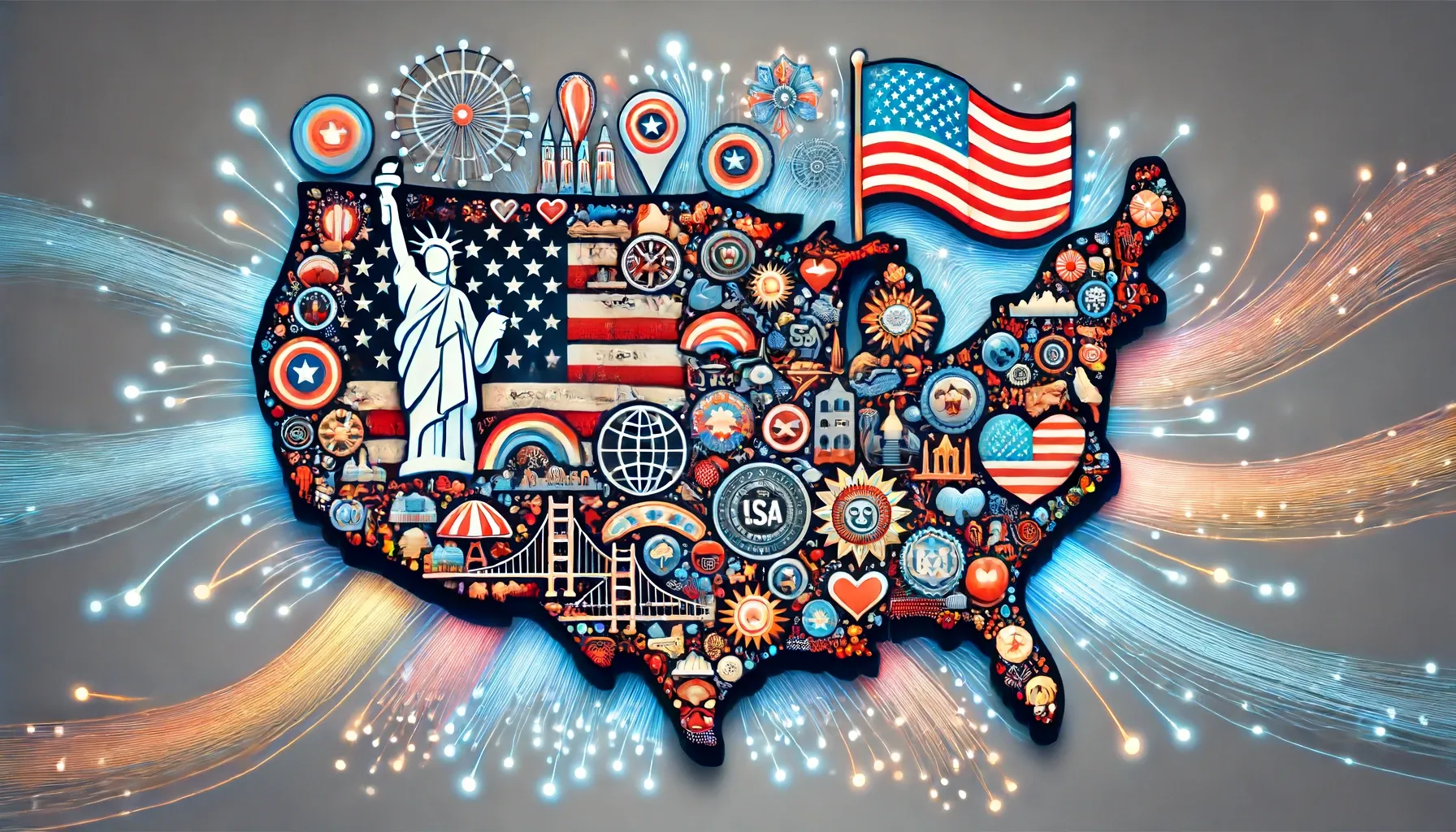
Why Broadband Matters in California... and Everywhere
Broadband is a utility that's a little bit like plumbing – just sexier.
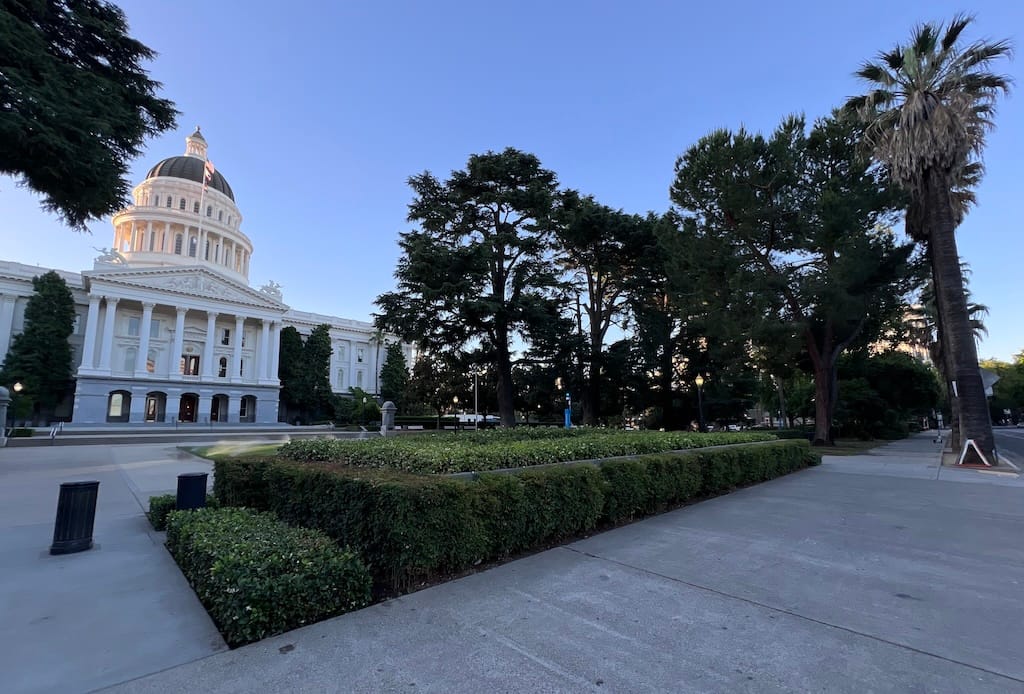
Trade Groups Big and Small Ask Sixth Circuit to Toss FCC’s Data Breach Rules
Associations representing smaller providers filed a brief supporting a challenge by larger groups.
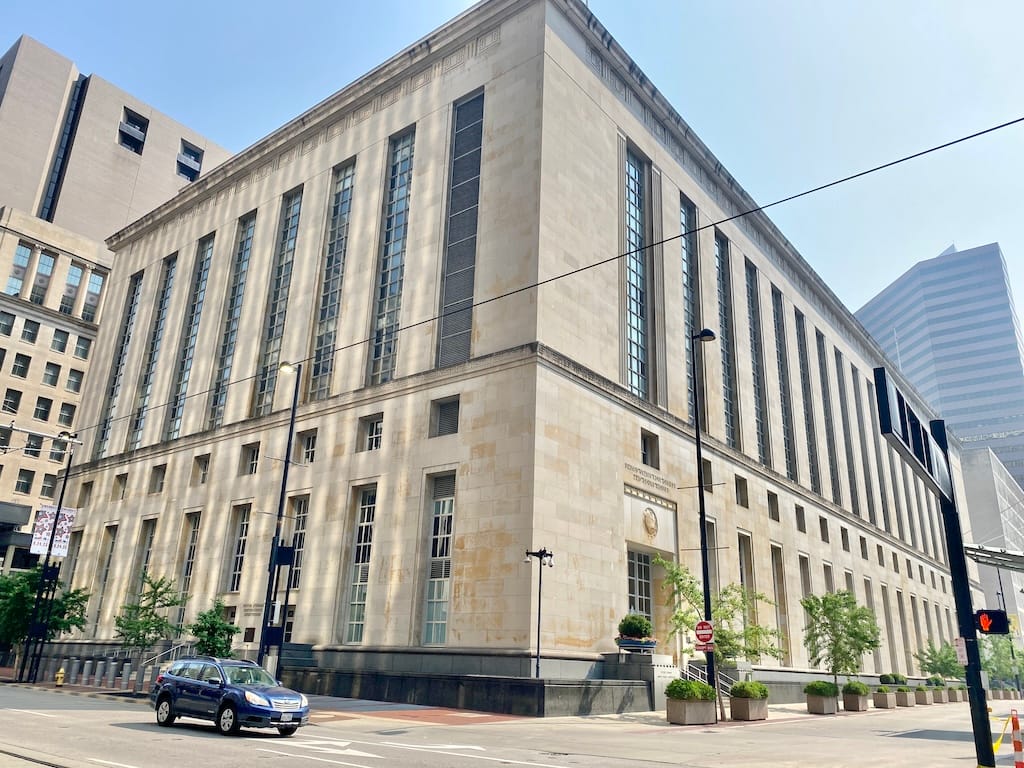
Navigating the Landscape of U.S. Data Privacy Regulations
There is a renewed focus on how best to protect personal information in an increasingly digital world.

Industry and Public Interest Groups Disagree on Preempting FCC Data Privacy Authority
Industry groups want a federal privacy law to hand all authority over to the FTC.
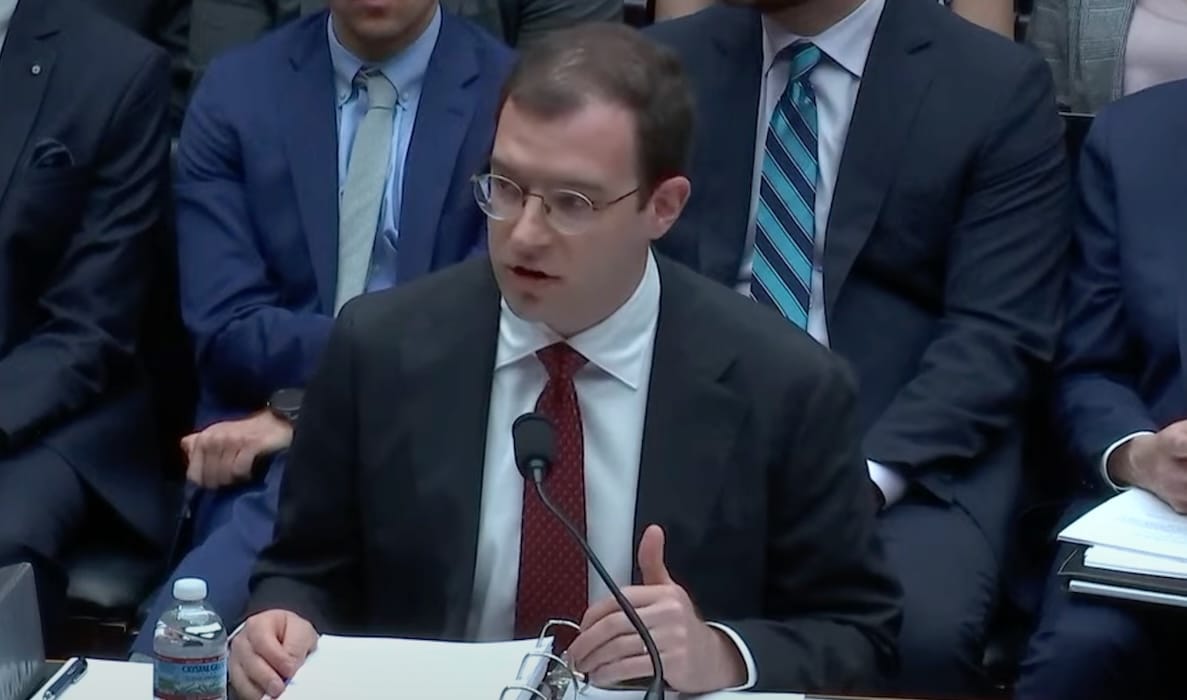
New Senate and House Support for Children’s Online Privacy Legislation
Last week, the chairs of the House and Senate Commerce committees unveiled a draft of federal data privacy legislation.
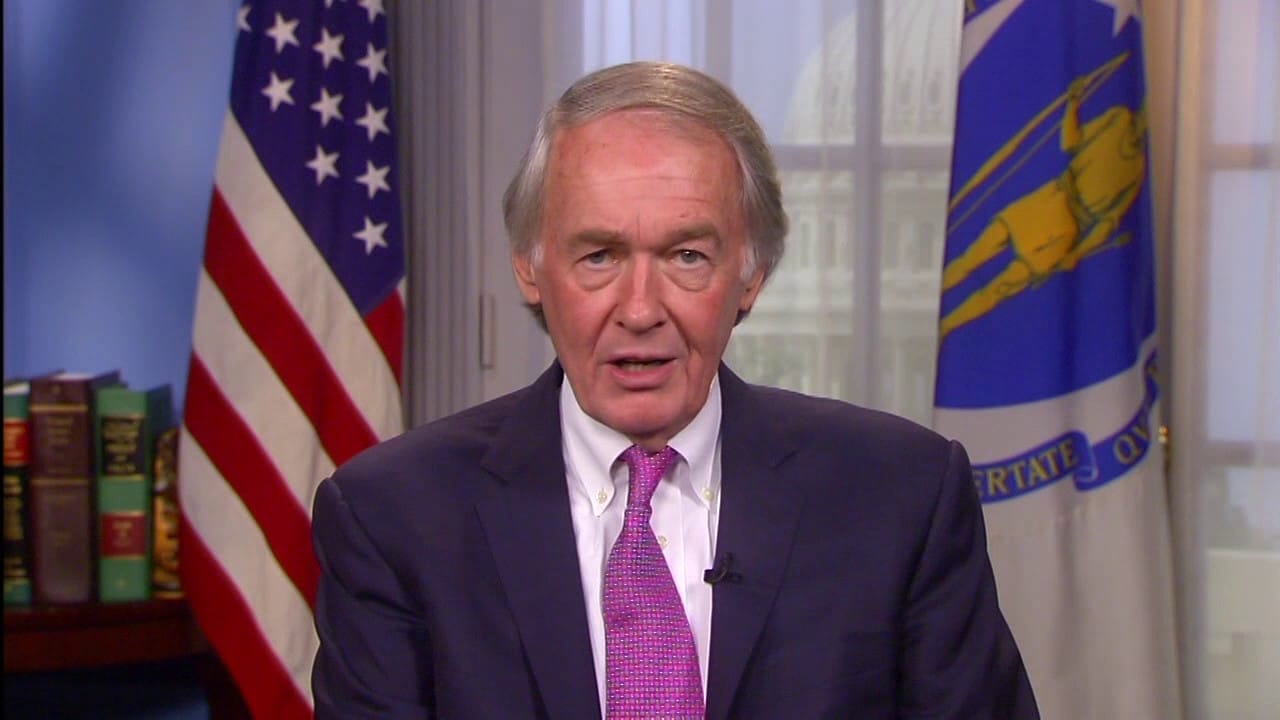
Legislators Release Draft Data Privacy Law
The measure would hand enforcement to the FTC, but would leave in place data breach rules the FCC adopted in December.

CES 2024: Industry Wants Federal Data Privacy Law
The current patchwork of state laws makes compliance difficult, said representatives from T-Mobile and Meta.
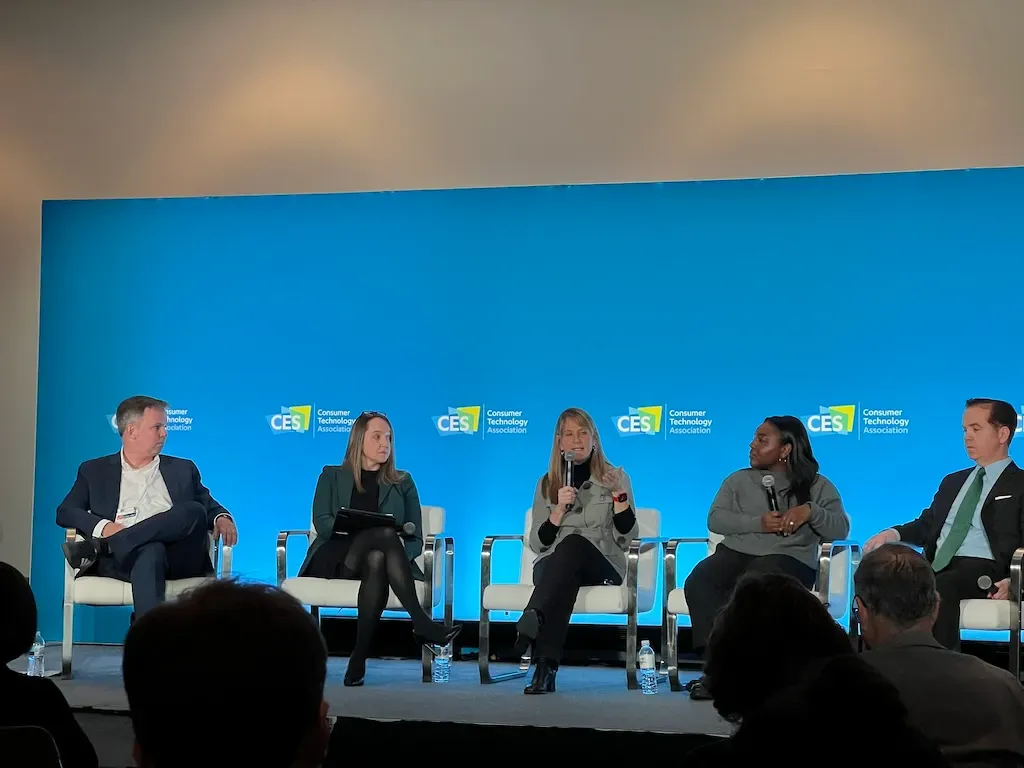
April 2, 2024: Public-Private Broadband Partnerships
The digital infrastructure is evolving at exponential rates and the demand for smarter systems and a more connected world is imperative to the progression of our communities.

Broadband Breakfast Webinar on Broadband Geospatial Planning
A tutorial for investors, broadband providers, and political leaders

Rep. Suzan DelBene: Want Protection From AI? The First Step Is a National Privacy Law
A national privacy standard would ensure a baseline set of protections and would restrict companies from storing and selling personal data.

Experts Debate TikTok Ban, Weighing National Security Against Free Speech
Although many experts agree TikTok poses a threat, some believe a ban is the wrong solution.
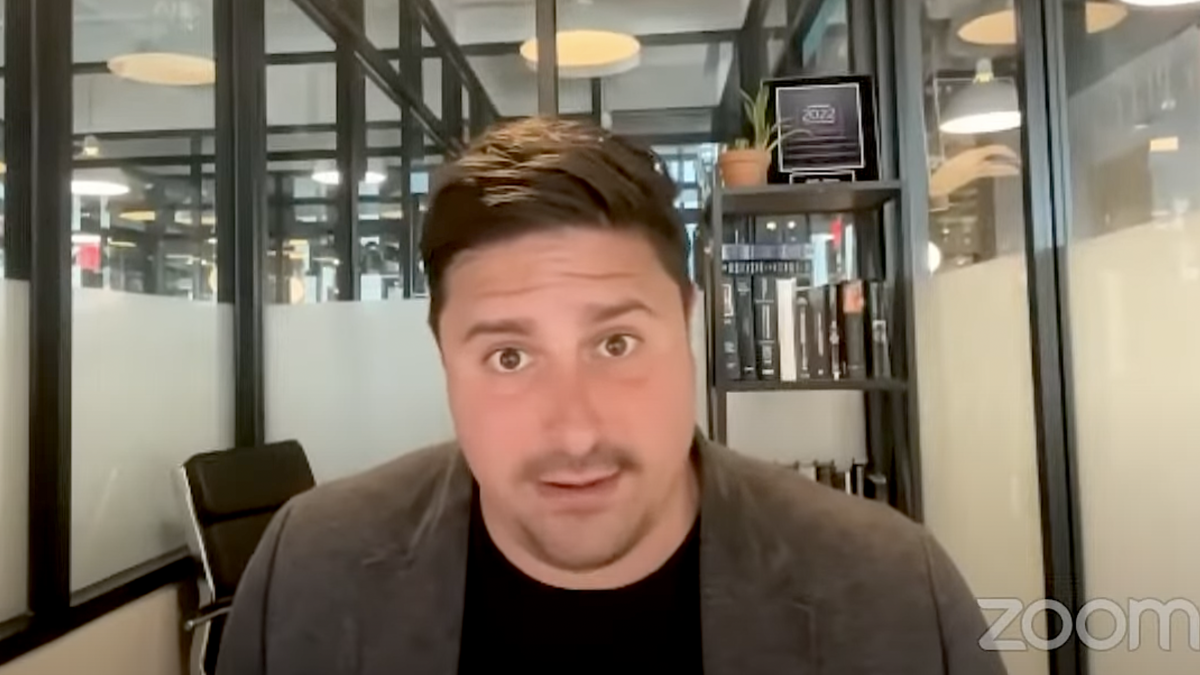
Congress Considers Regulating Data Brokers Amid Broader Push for Privacy Legislation
The $200 billion industry specifically targets children and other vulnerable populations, experts said.

Experts Call for Multisector Collaboration to Fight Digital Fragmentation and Build Public Trust
Significant regulatory discrepancies disrupt global businesses, restrict cross-border data flow and limit user choice.
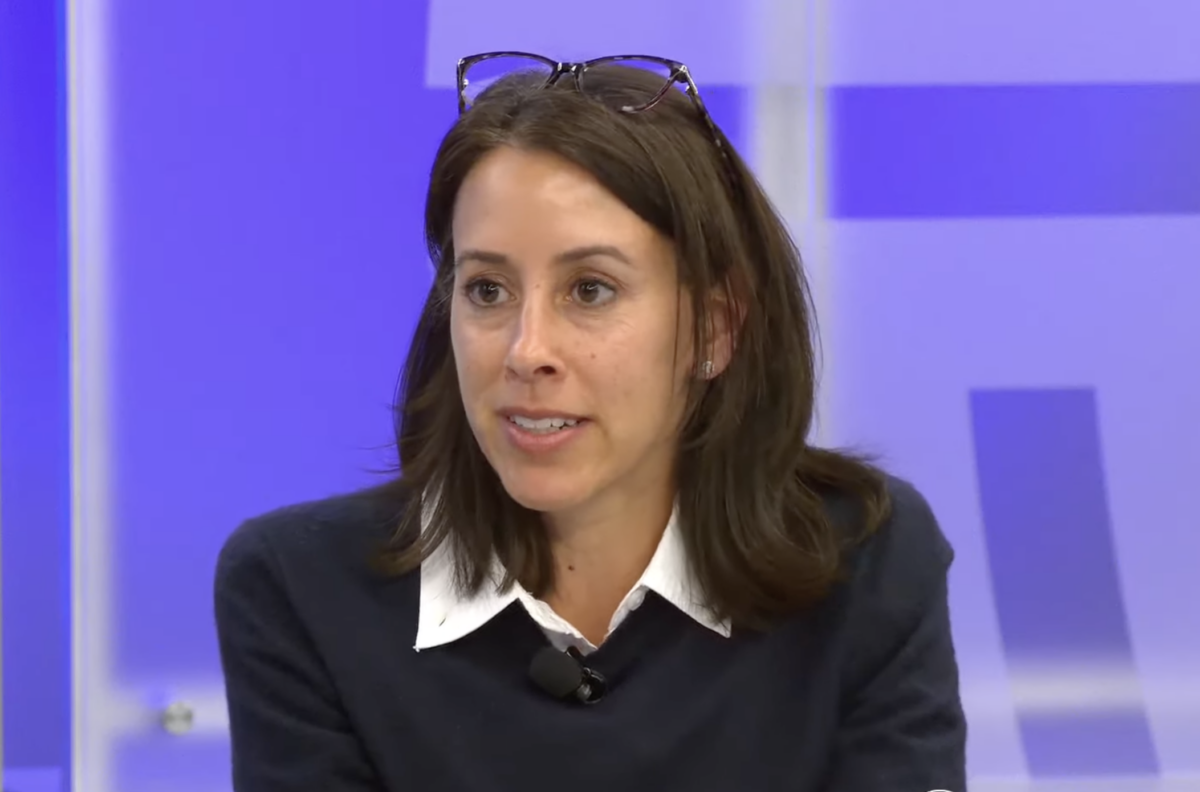
NTIA Seeks AI Insight, Legislative Tracking Maps, Florida’s $22M for Broadband
The NTIA is seeking comment in light of the quickly growing potential of generative AI chatbot technology.
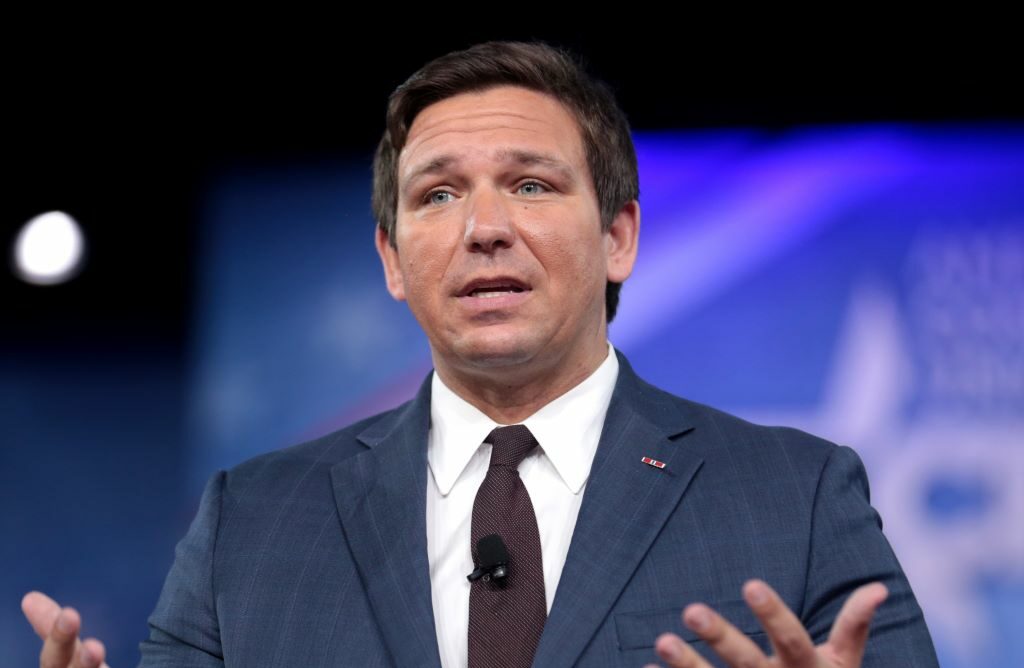
Children’s Online Safety Bills Criticized for Compliance Burden, Plus Speech and Privacy Risks
States are considering measures ranging from age verification to a “duty of care.”
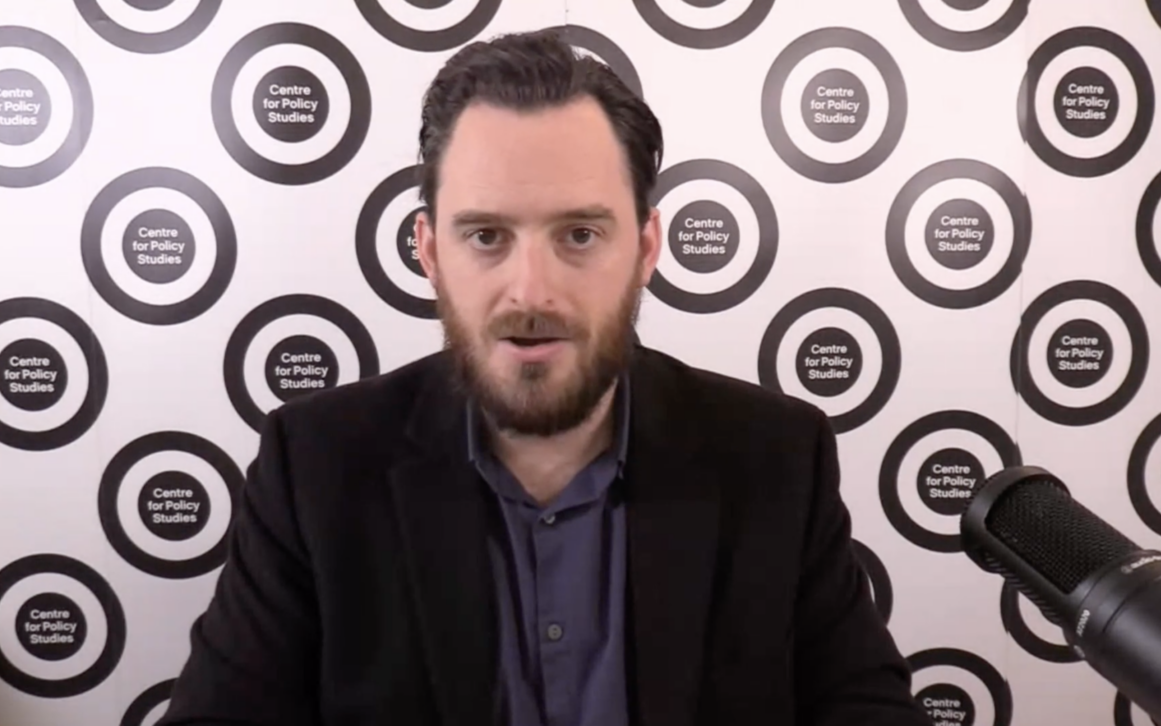
Preview the Start of Broadband Breakfast’s Big Tech & Speech Summit
Watch the start of the Big Tech & Speech Summit from March 9. Sign up for full webcast.
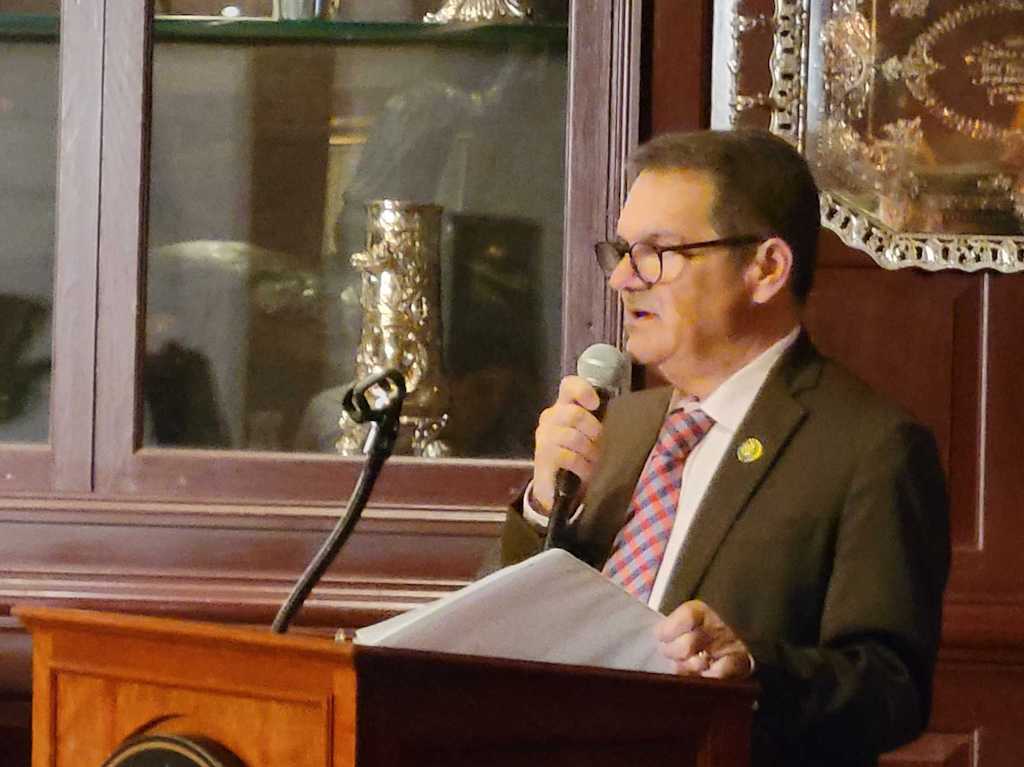
Experts Clash Over Federal Preemption and State Laws on Privacy
Should a federal privacy law pre-empt state laws?
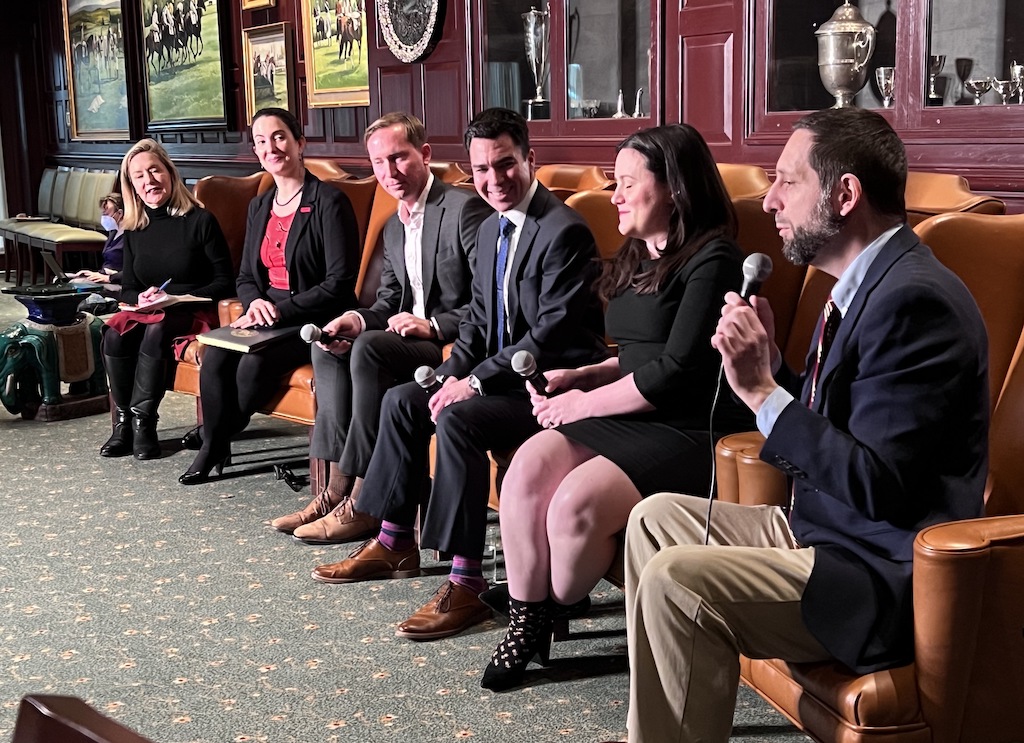
Panelists Recommend More Concentrated Focus on Federal Privacy Legislation
The federal parties have opposite aims as to what to do about Section 230.
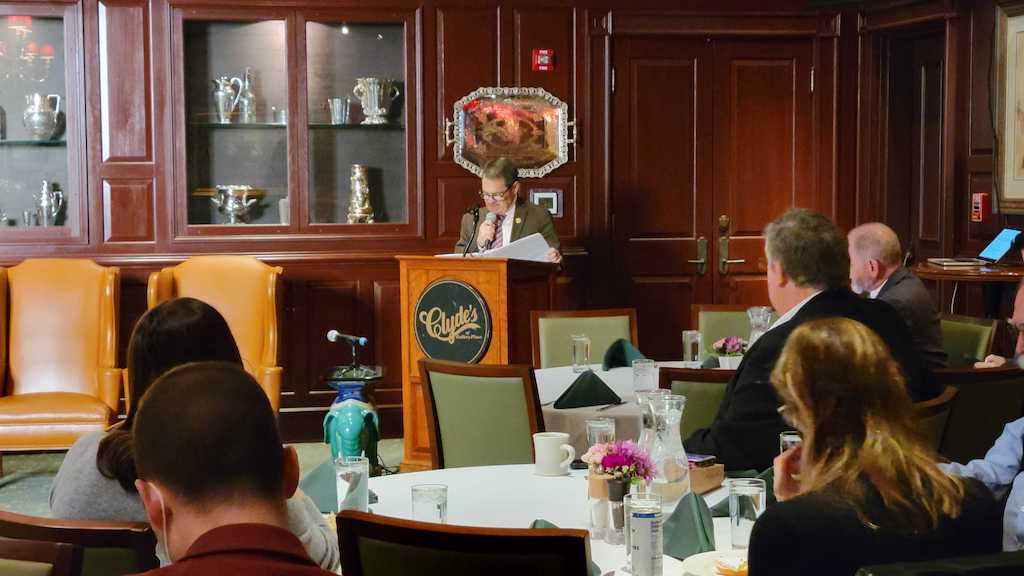
Smaller Companies Facing Cybersecurity Insurance Headwinds: Equifax Executive
Cost of insurance for cybersecurity could be a problem for smaller companies.

New Congress Faces Key Decisions About Broadband Funding, Infrastructure Priorities and Privacy Law
Broadband access and privacy policies present opportunities for bipartisan collaboration, Broadband Breakfast panelists agreed.
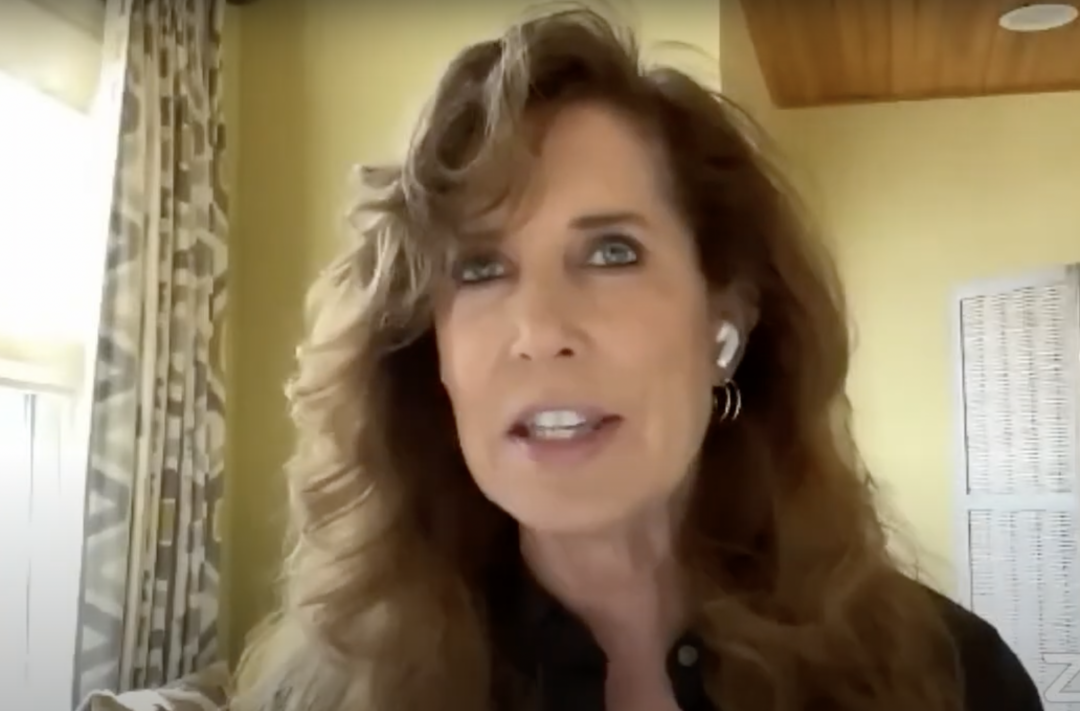
Broadband Breakfast Preview Session for Big Tech & Speech Summit on March 9
Summit moderators will set the stage for timely discussions on content moderation, privacy and competition.
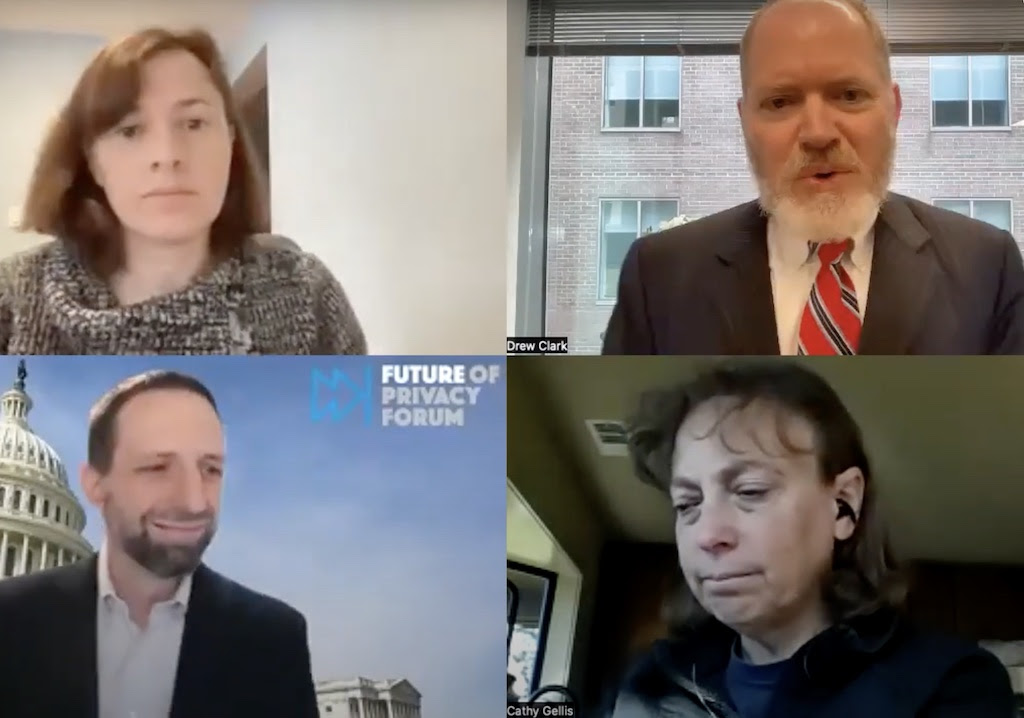
Industry Leaders Urge Biden to Tread Lightly With Federal Privacy Legislation
While generally supportive of a federal privacy law, some experts warned it could harm competition.
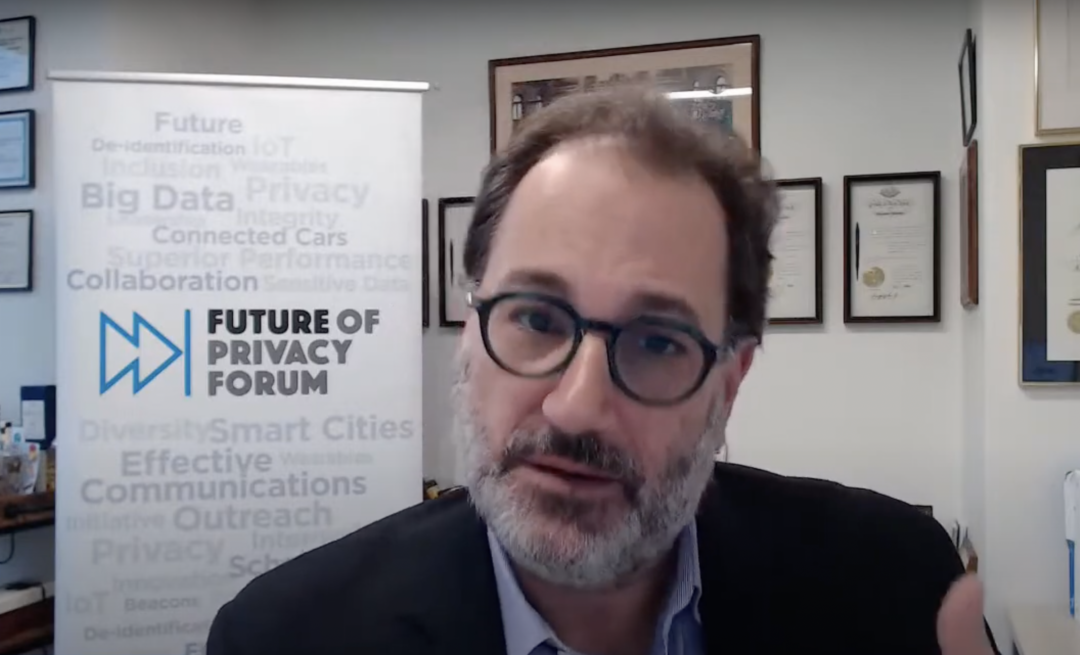
Luke Lintz: The Dark Side of Banning TikTok on College Campuses
Campus TikTok bans could have negative consequences for students.

Metaverse Technologies Could Present Unprecedented Risk to Children’s Digital Privacy
Existing digital privacy concerns are amplified in an environment designed to fully immerse users.

Businesses Should Prepare for More State-Specific Privacy Laws, Attorneys Say
“The privacy landscape in the U.S. is likely to become more complicated before it gets any easier.”

CES 2023: Federal Privacy Standard Needed for Consumer Protection
Federal regulation is needed since companies often renege on voluntarily accepted agreements, argued Public Knowledge head.
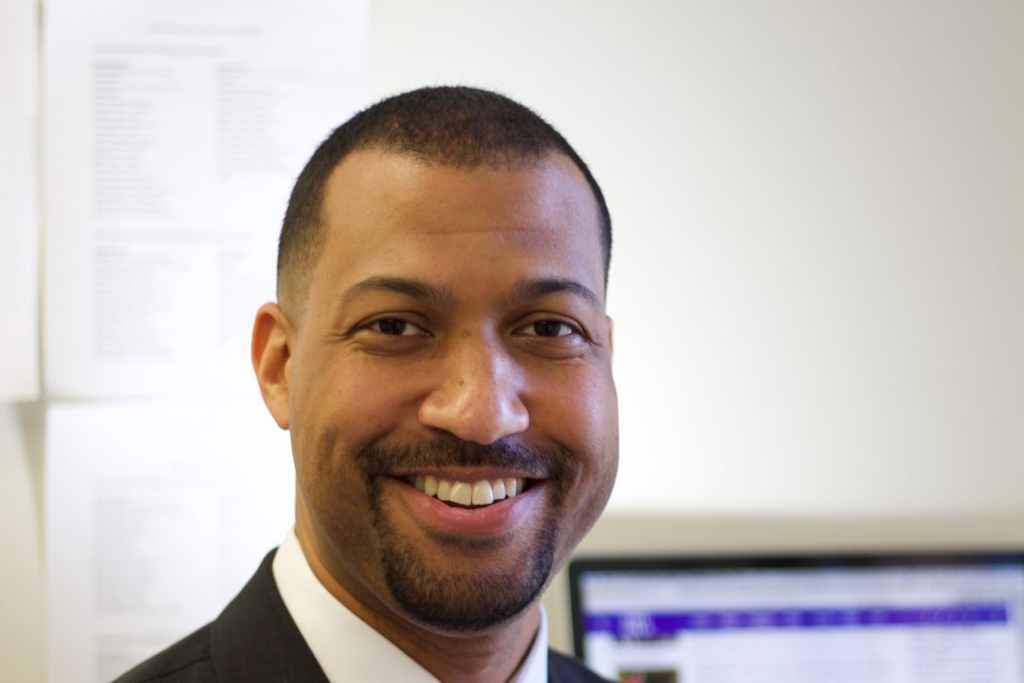
As States Take Action Against TikTok, Major Privacy Legislation Seems Unlikely
Californians’ opposition to the ADPPA’s preemption provision may be the end of the comprehensive bipartisan privacy bill.
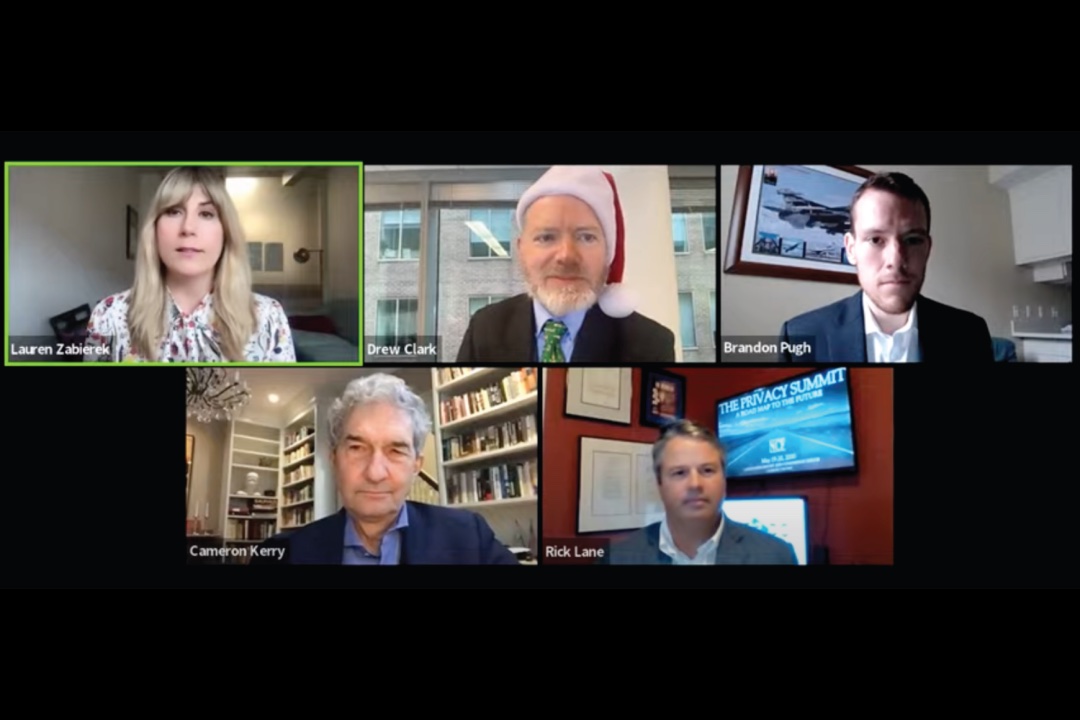
Broadband Breakfast on December 7, 2022 – What to Expect from Congress on Social Media and Privacy Regulation
How will the 118th Congress respond to concerns about social media and data privacy?
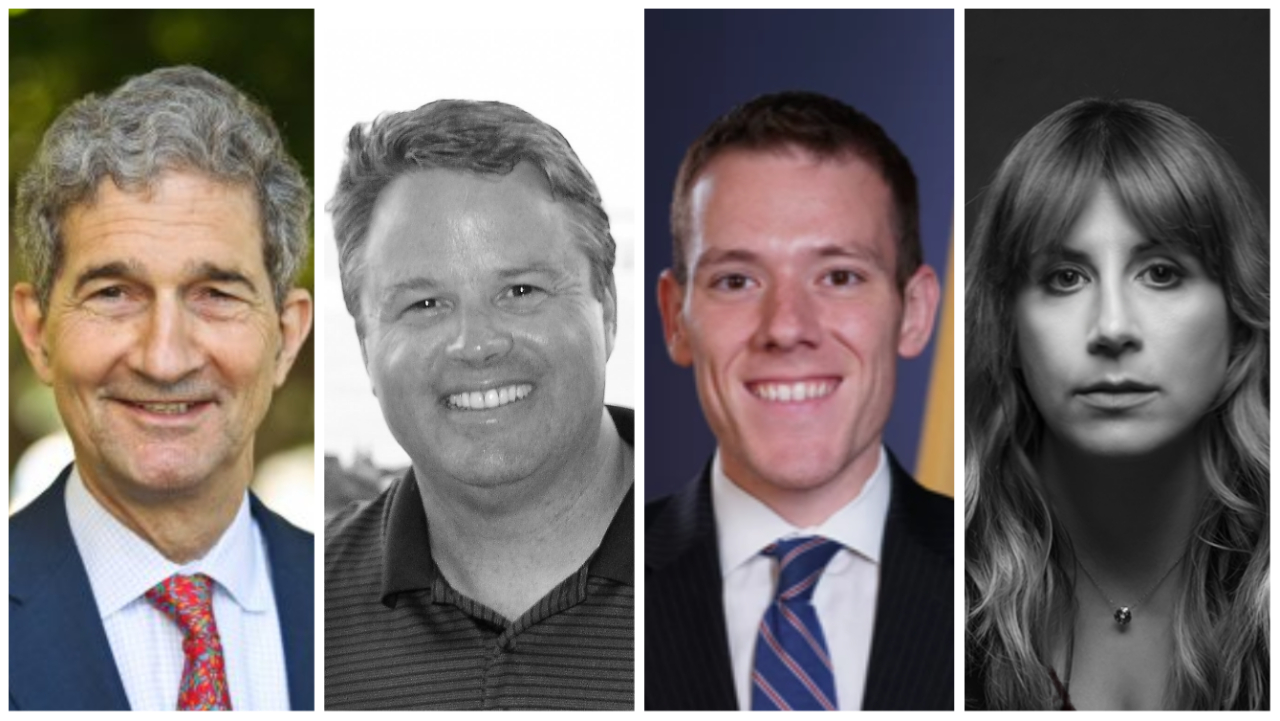
Premium
Premium Posts & Reports

New Unilateral American-E.U. Data Privacy Framework a Step in the Right Direction, Says Panel
‘This is a very important step,’ said Christopher Kuner, co-director of the Brussels Privacy Hub.
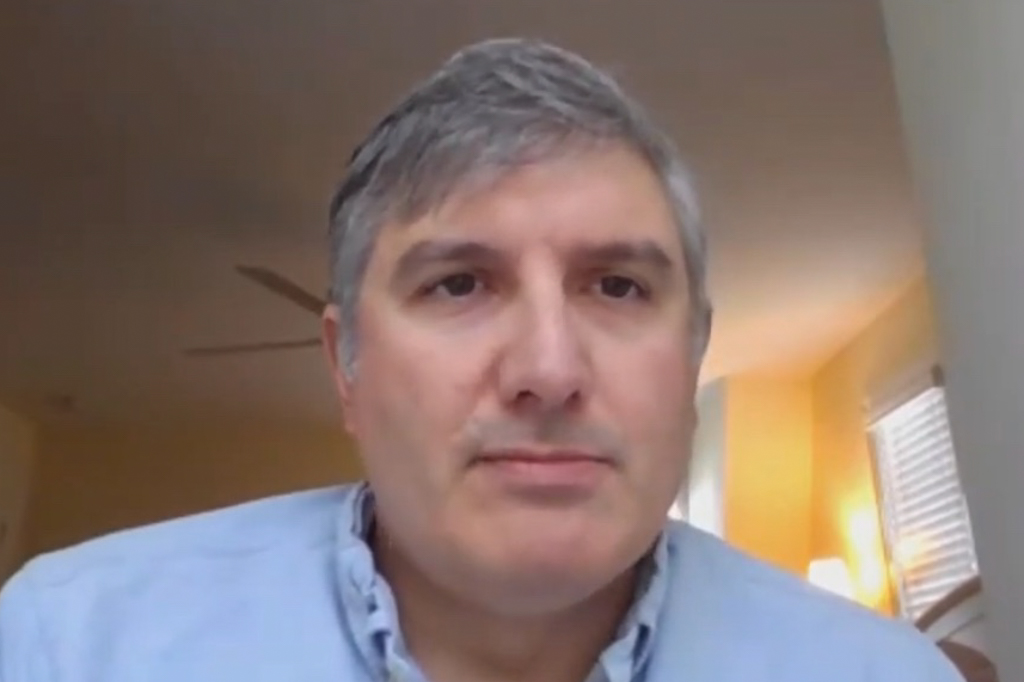
Led by Wyden, Democrats Call on NTIA to Reform Privacy Standards for .US Domains
The Democratic legislator called on NTIA end the automatic disclosure of .US web domain users’ personal information.
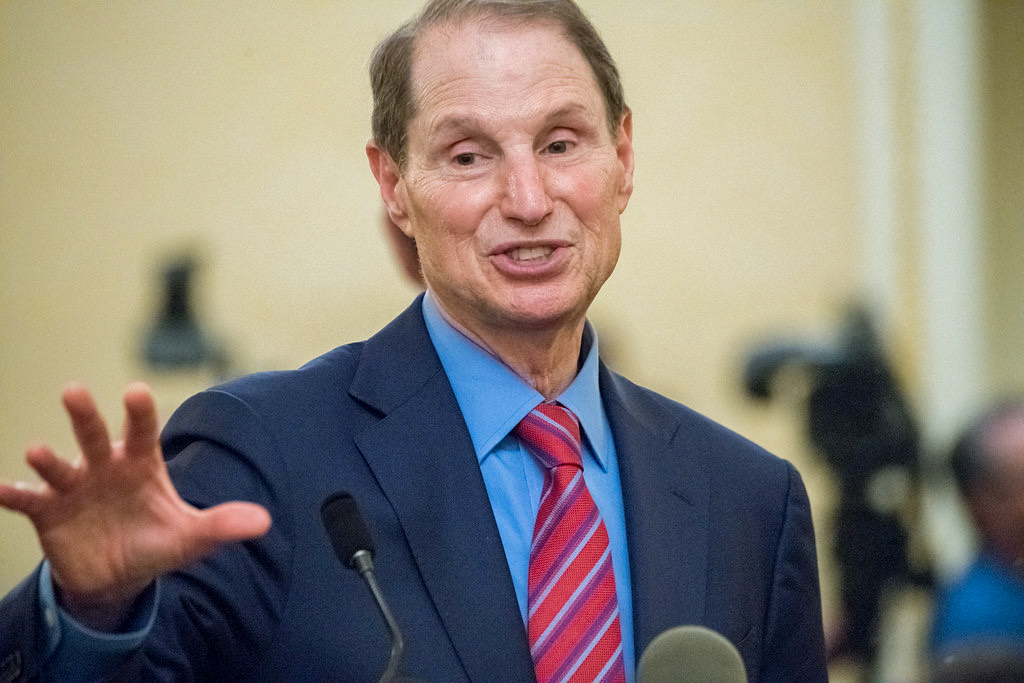
EU’s Digital Services Act May Be a Model for the United States
The Digital Services Act imposes transparency requirements and other accountability measures for tech platforms.
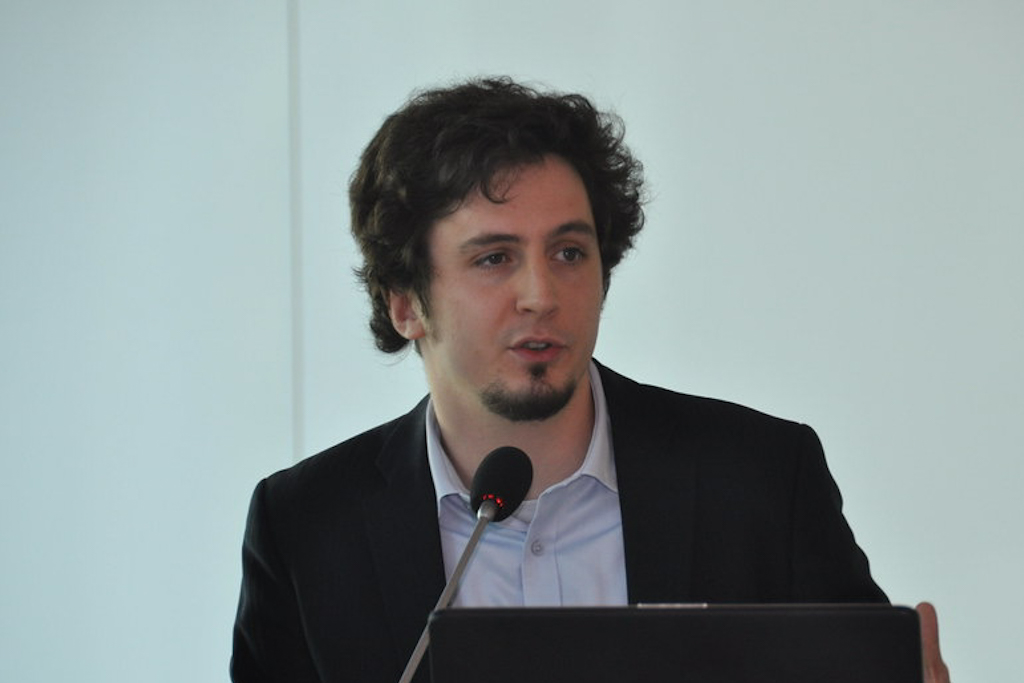
FCC Committee Approves Broader Adoption of Best Practices to Block Unwanted Texts
The committee wants wider use of opt-out from certain text messages.
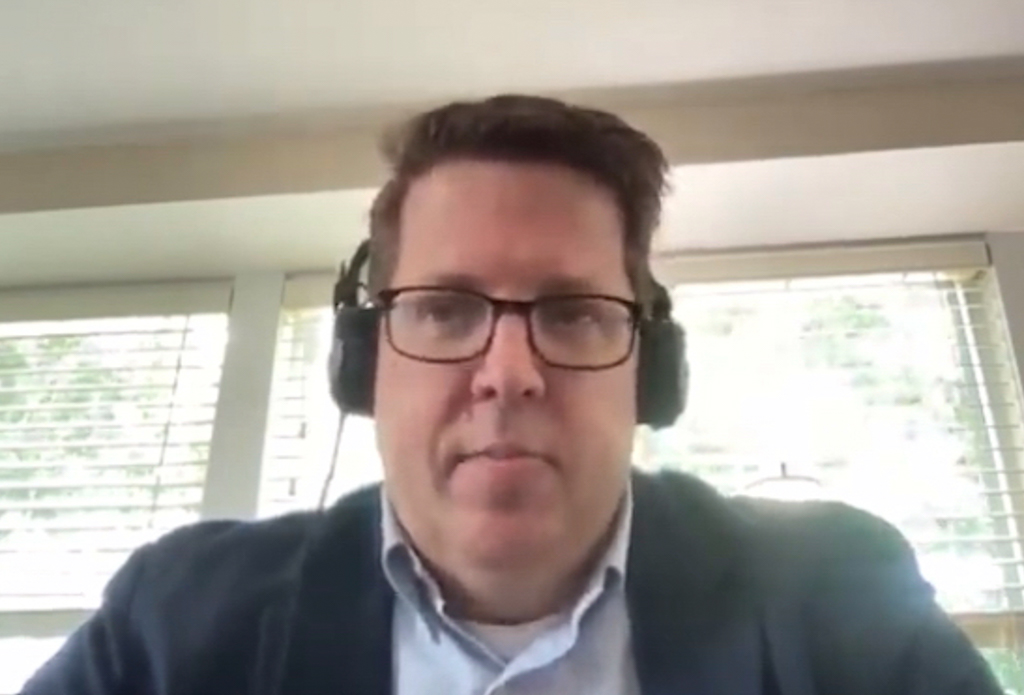
Advocacy Groups Applaud FCC Releasing Mobile Data Collection Information
‘These letters show that…carrier geolocation data practices are all over the map.’
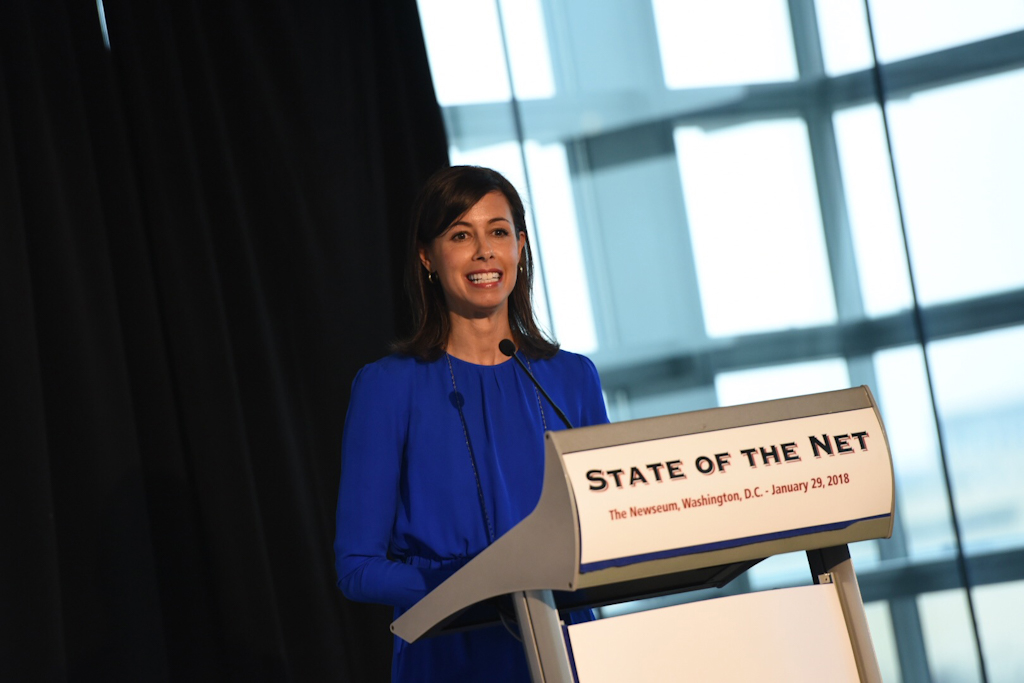
Online Protections for Children Bill Passes Committee Despite Concern over FTC Authority
Opposition to a reformed COPPA include the ability of the FTC to enact broad rule-making.
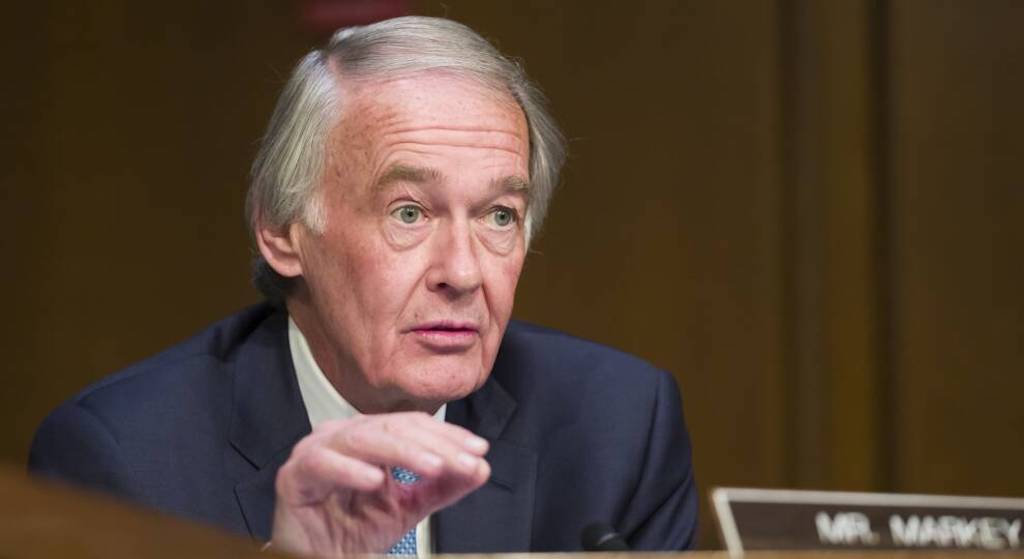
Positive and Negative Responses to Committee’s Action on American Data Privacy and Protection Act
The American Data Privacy and Protection Act cleared committee 53-2, with pushback from California legislators.
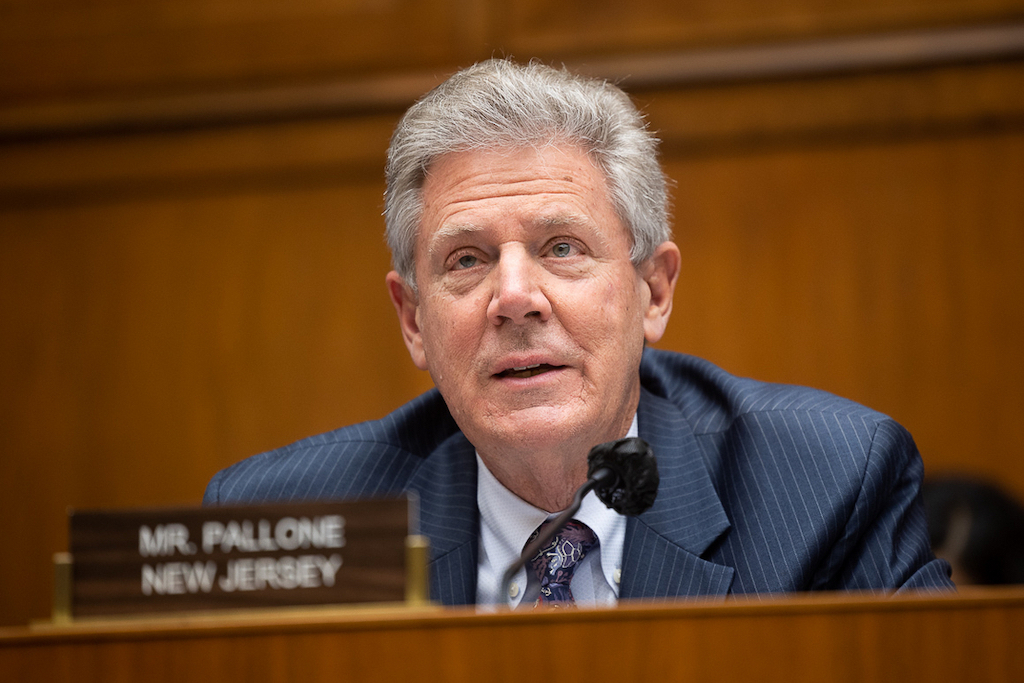
NTIA Head Says Agency Supports National Data Privacy Law
‘It is time to act,’ Alan Davidson said at an event Thursday.
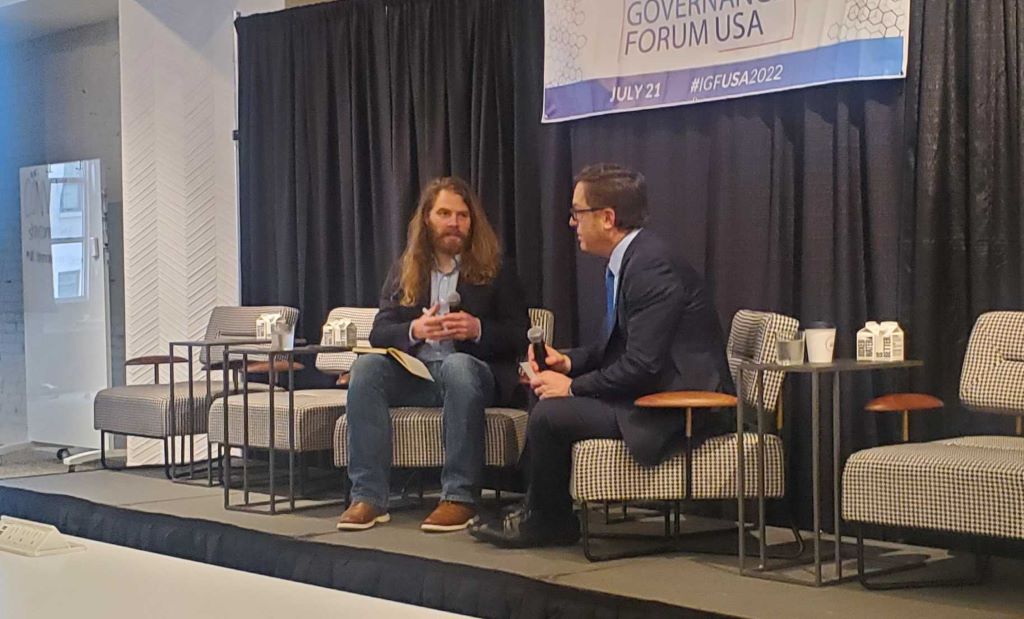
Comprehensive Data Privacy Bill Faces Markup in Committee
The American Data Privacy and Protection Act said to be years in the making.
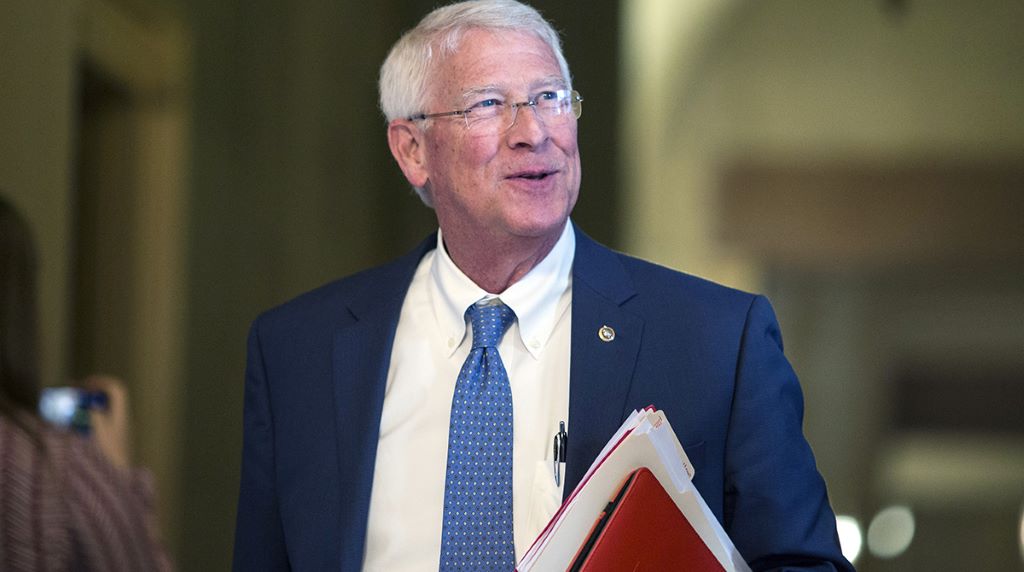
Surveillance Capitalism a Symptom of Web-Dependent Companies, Not Ownership
Former Google executive Richard Whitt critiqued Ben Tarnoff’s argument in ‘Internet for the People’ during Gigabit Libraries discussion.
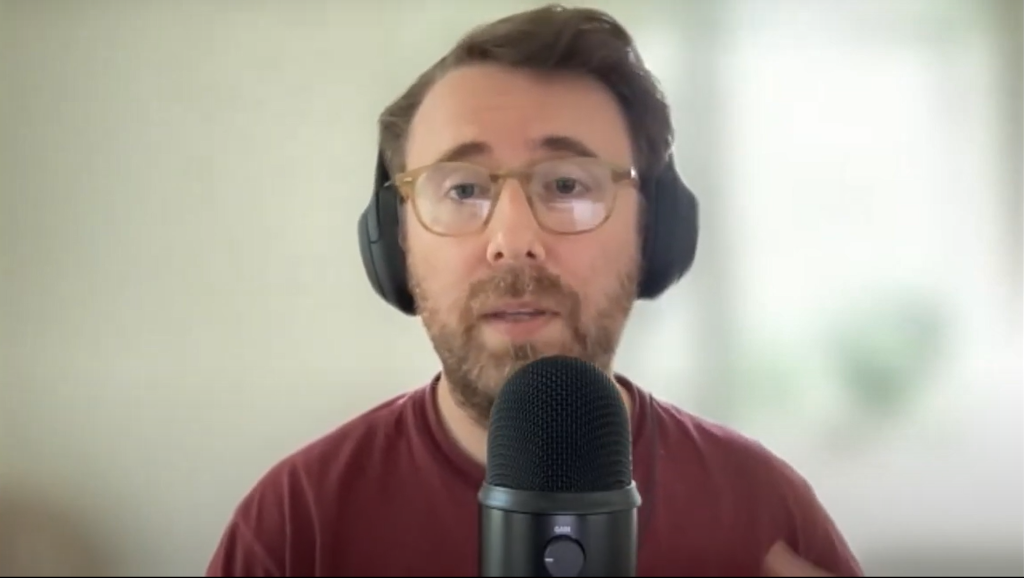
Experts Wrangle Over Whether Online Children Protection Legislation Needs Overhaul
‘We can’t keep overhauling the regulatory structure.’
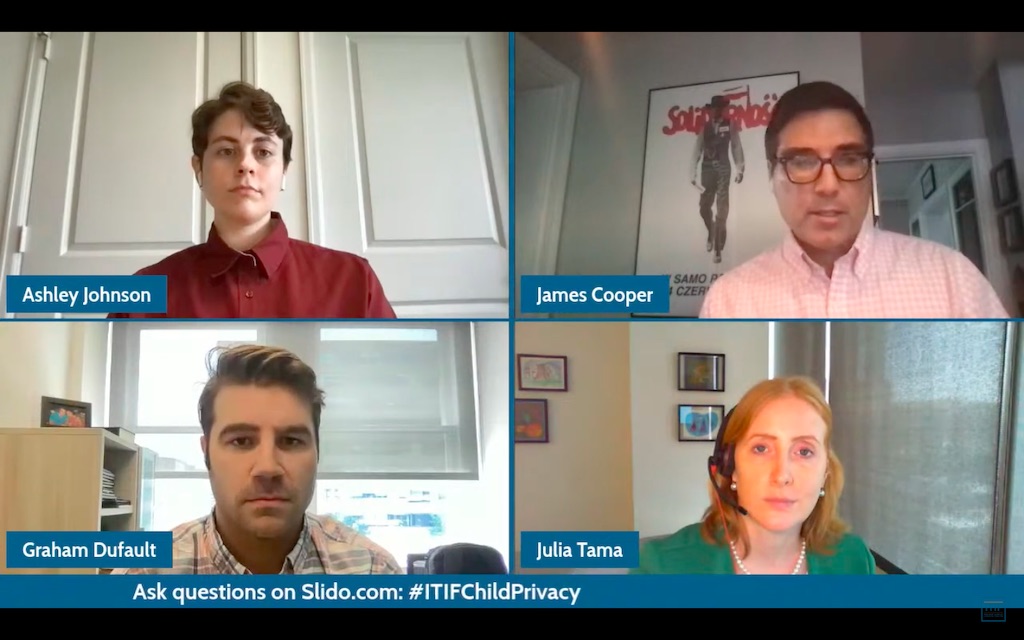
Expand Online Protections for 17-Year-Olds in Draft Federal Privacy Law, Committee Urged
The draft privacy law includes a provision to enhance privacy protections online for children under 17.
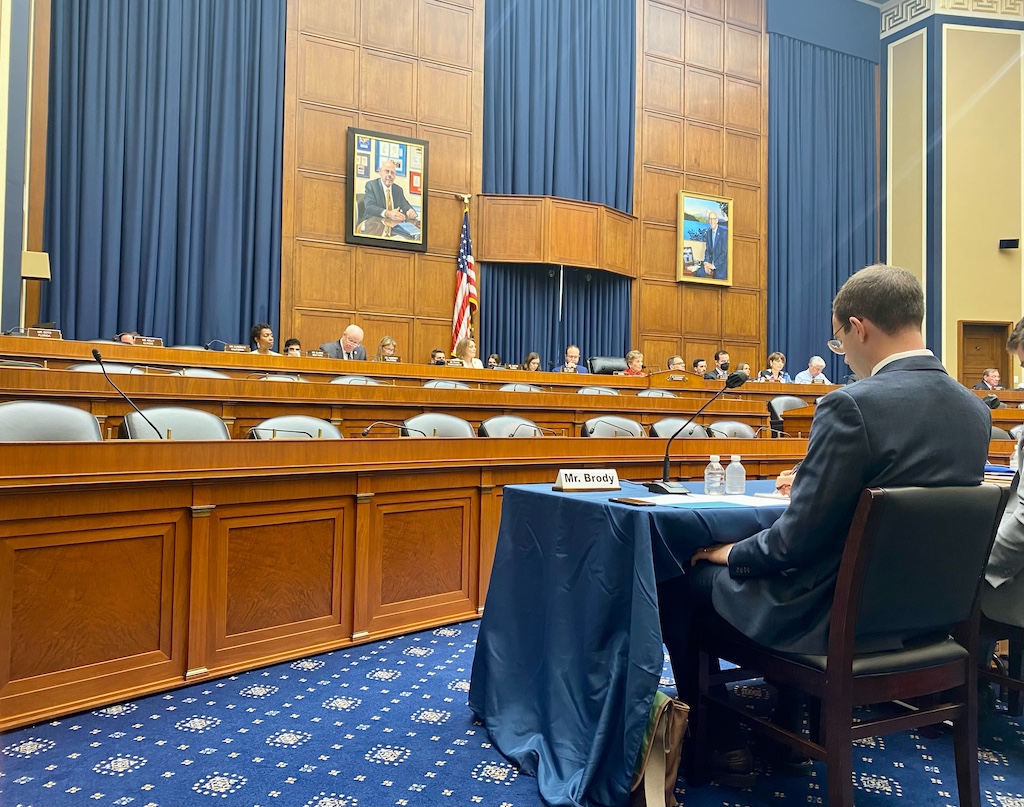
Draft of Bipartisan ‘Years-in-the-Making’ Privacy Bill Released
The bill is bipartisan, and a joint effort between the House Energy and Commerce Committee and the Senate Commerce Committee.
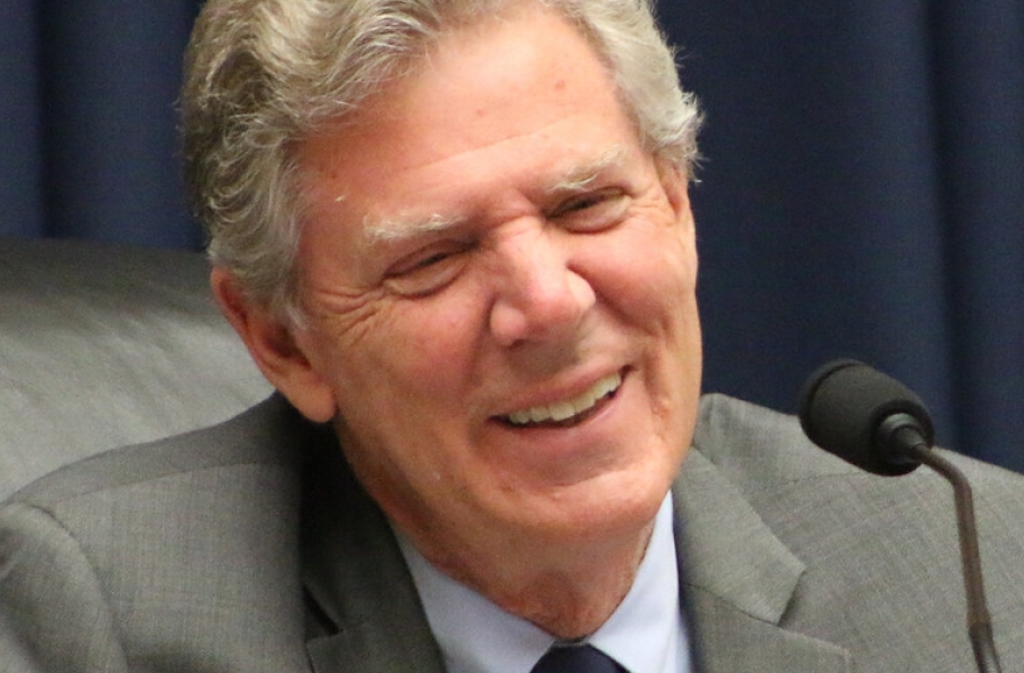
Conservative Think Tank says FTC Should Be Sole Federal Privacy Regulator
‘The key to striking the right balance lies in ‘guided FTC rulemaking’ in a federal law, echoed by privacy experts and private sector companies alike.’
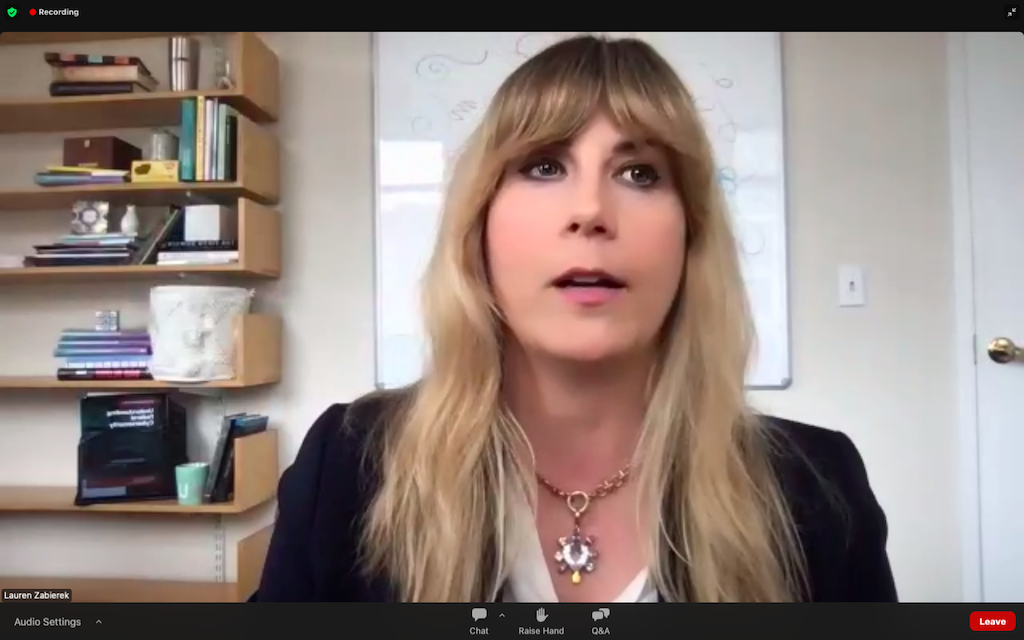
Colorado Attorney General Phil Weiser Takes Aim at Big Tech and Big Telecom
What should state leaders be doing to procure a safer, healthier information environment?

Lawmakers, FCC Take More Action Against Illegal Robocallers
There are new proposed rules that offer legal protections to those aiding in enforcement efforts against illegal robocalls.
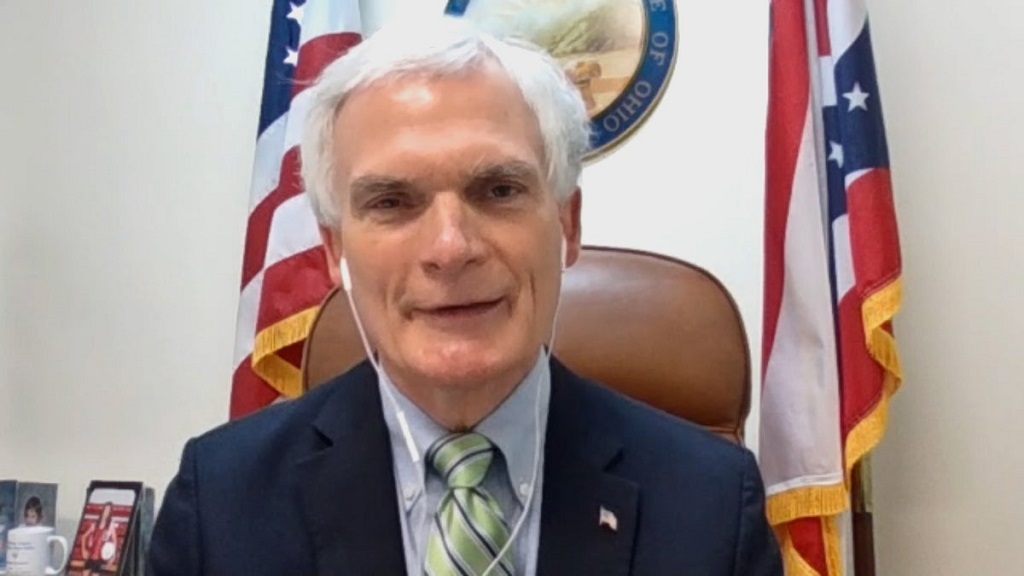
Federal Privacy Legislation Needed As State Legislation Could Harm Smaller Players, Event Hears
Different state privacy laws stifle competition and places burdens on small companies, experts say.
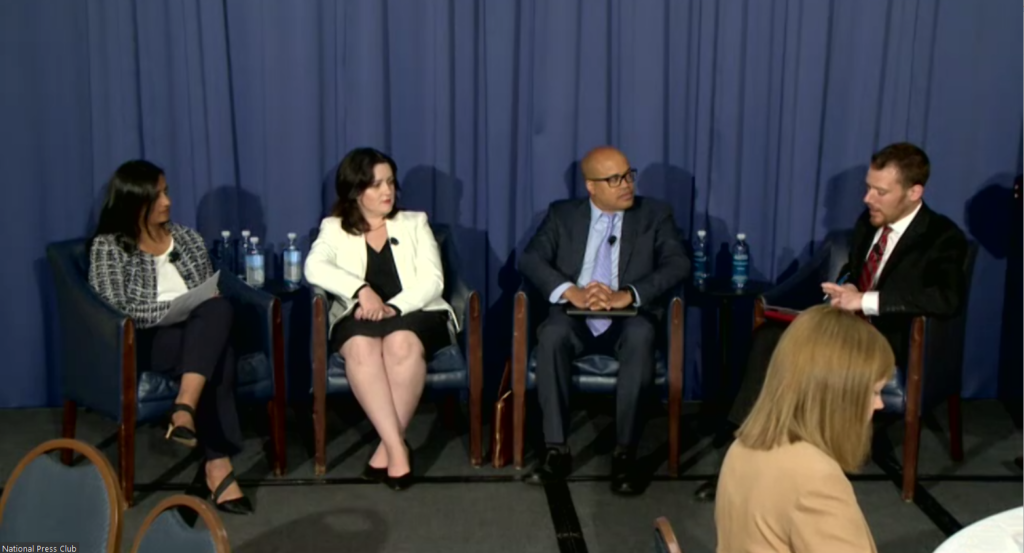
Comedian Blackmails Legislators, Musk Snubs Twitter, Render Networks Connects 1 million Premises
Comedian John Oliver wants the federal government to work on federal privacy legislation.

With More States Passing Privacy Legislation, Pressure for Federal Preemption Law Grows
Emerging state-level privacy bills have common threads with existing ones in California, Colorado and Virginia.
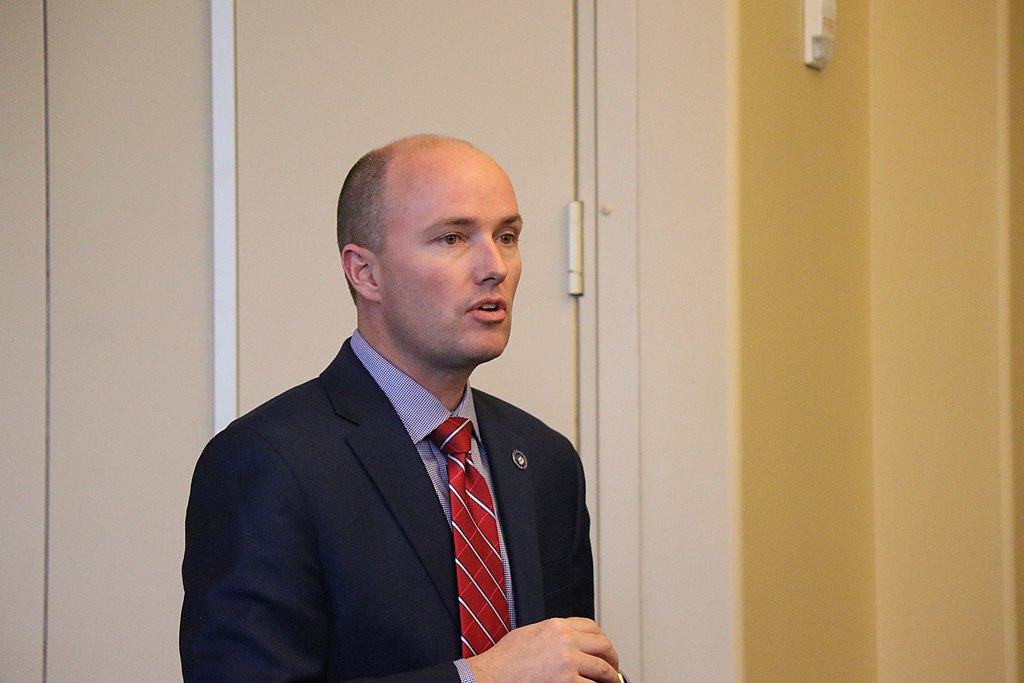
Committee Hears Search Engine Maintains Profit While Limiting Targeted Advertising
DuckDuckGo argued that its contextual ads are effective and not intrusive.
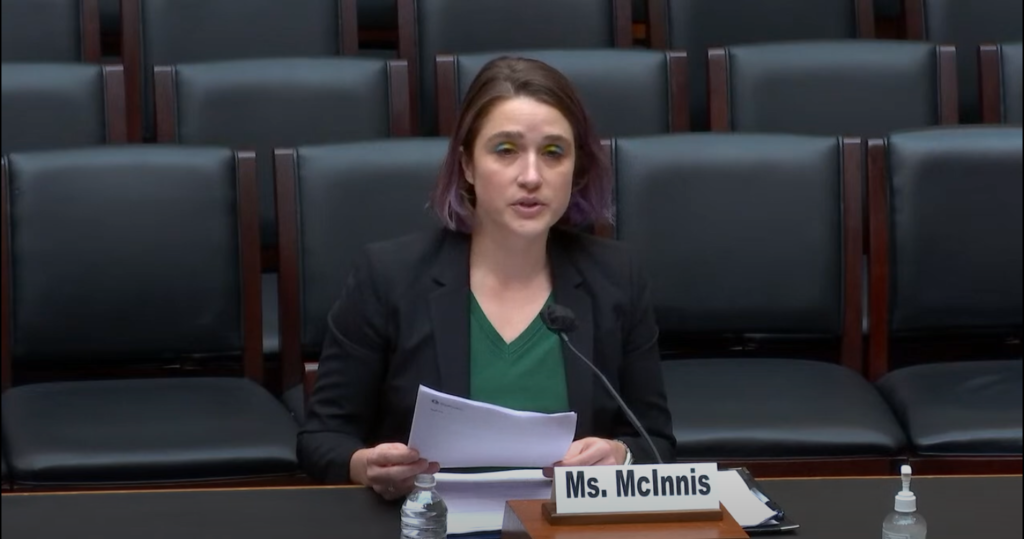
U.S. Losing Ground on Making Global Privacy Mark Without Federal Rules
The EU has sweeping privacy rules in place that could further influence global companies, as U.S. still without unified legislation.
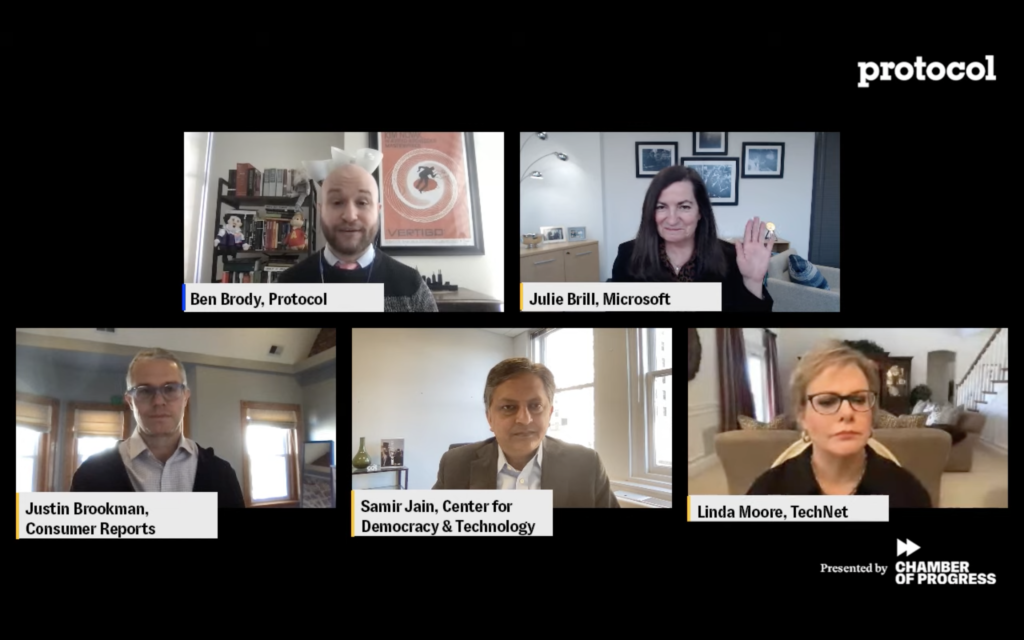
Experts Warn Against Private Right to Action Laws on Data Privacy Day
If laws are robust enough and enforcement agencies are well-resourced, states should avoid implementing right to privacy action legislation.
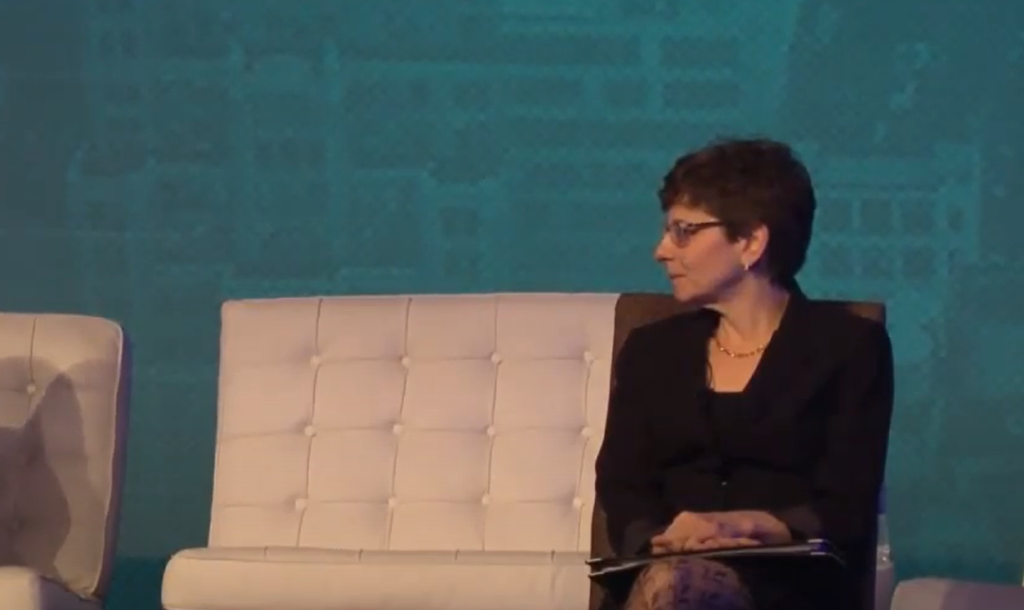
Federal Communications Commissioner Starks Seeks to Encourage Democratic Principles Online
The commissioner noted the peril democracy and citizen privacy finds themselves in around the world.
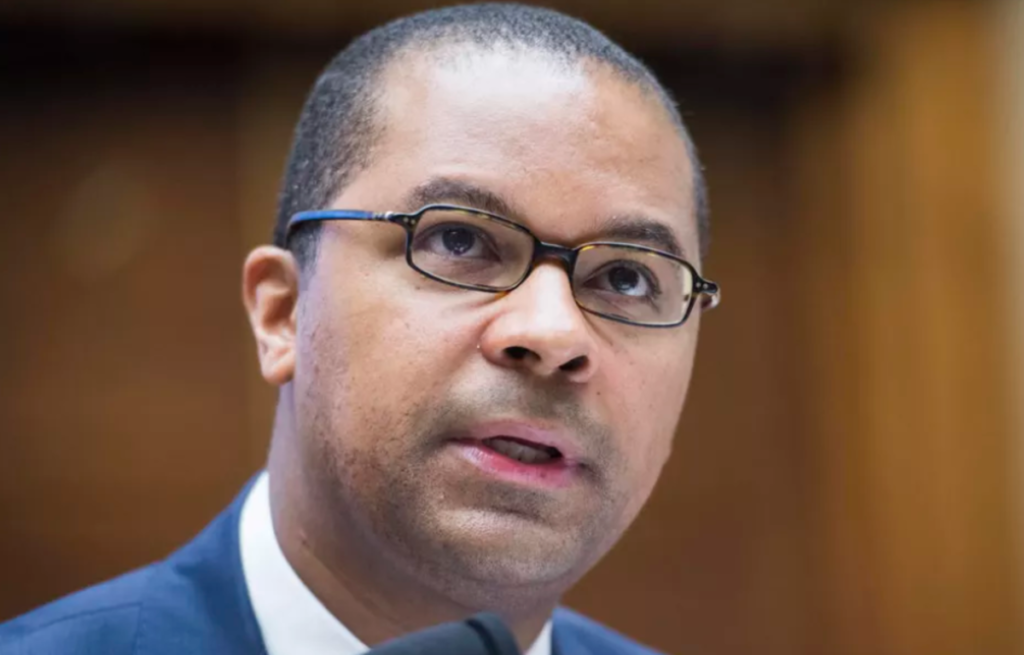
Accountability is First Step to Ensuring Data Privacy, Protecting Human Rights, Expert Says
Jessica Dheere said surveillance-based business models are negatively impacting consumers’ digital rights.
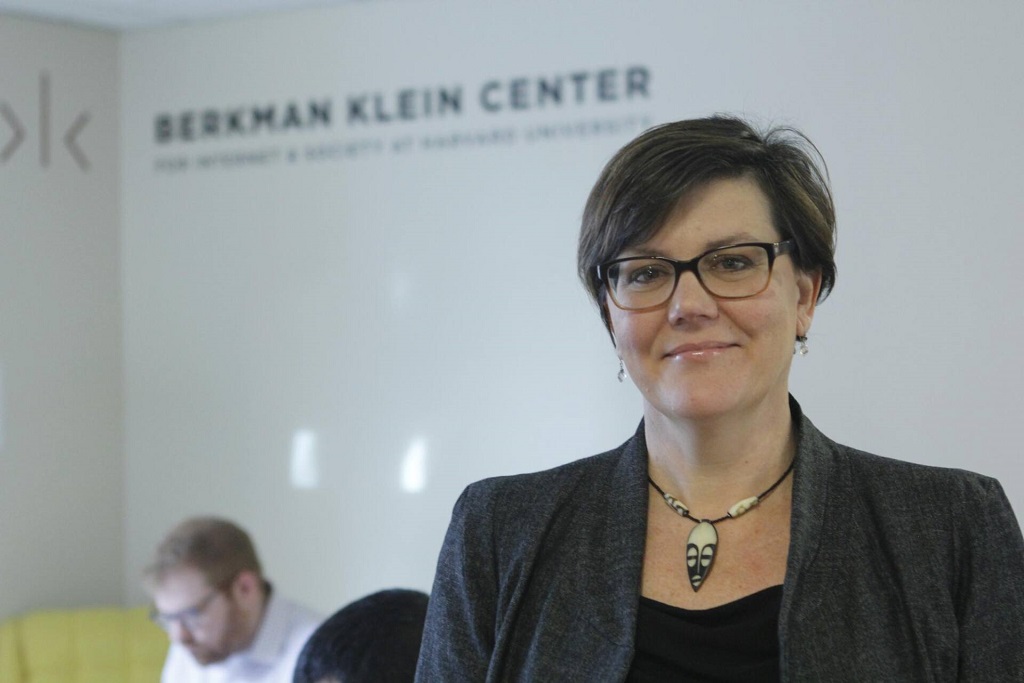
‘The Time for Self-Regulation is Over’: House Committee Member Wants Action on Big Tech
And the CEO of the Anti-Defamation League calls for Section 230 reform.
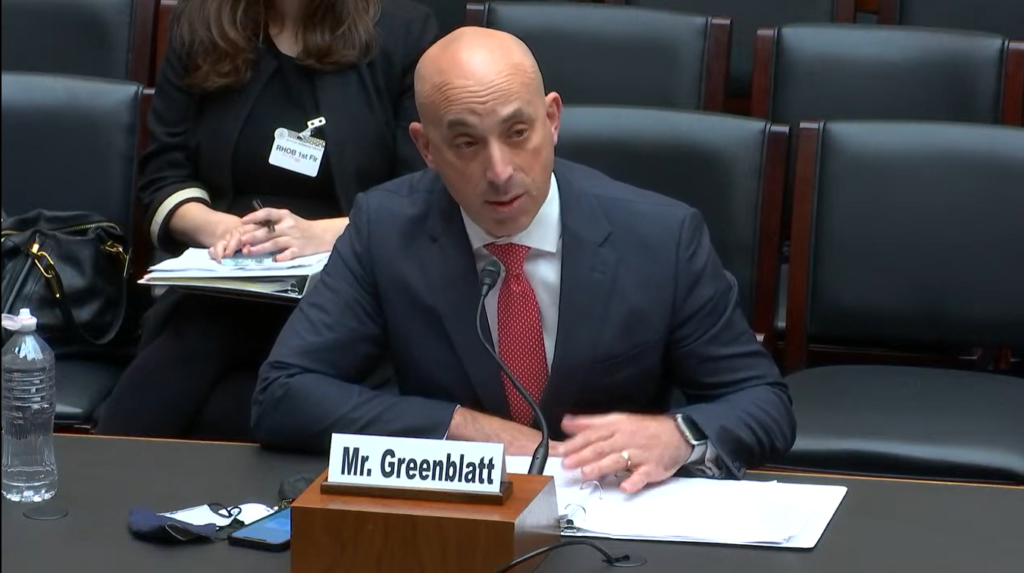
Colorado and Virginia Lead In Consumer Privacy Legislation, Still Need Federal Law, Conference Hears
Both states join California as the only ones with comprehensive privacy laws, but experts say a federal bill should fill the regulatory void.

Federal Trade Commission Should Make Privacy Rules Against ISP Data Collection, Experts Say
To protect consumers in the digital revolution, experts say serious federal action on privacy can lead the way.

Amy Klobuchar Reiterates Need for Funding Agencies to Handle Big Tech
‘These companies know how many resources they [agencies] have,’ Klobuchar said.
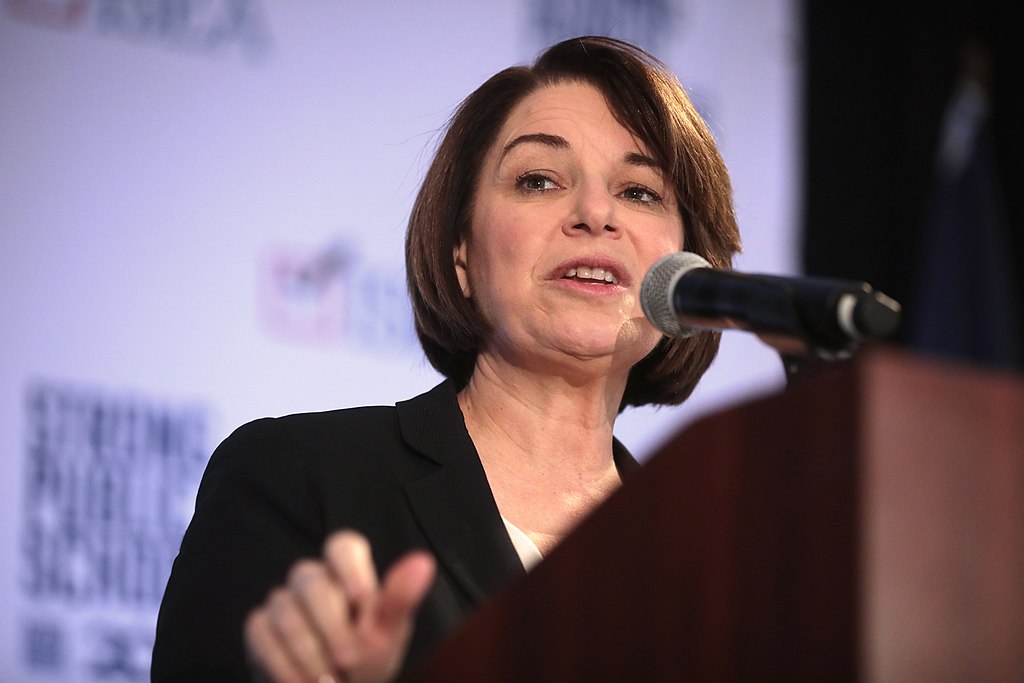
Biden Looks to Bedoya to Replace Rohit Chopra on FTC, Report Says
Staunch privacy advocate Alvaro Bedoya appears to be Joe Biden’s pick for the FTC, Axios reports.
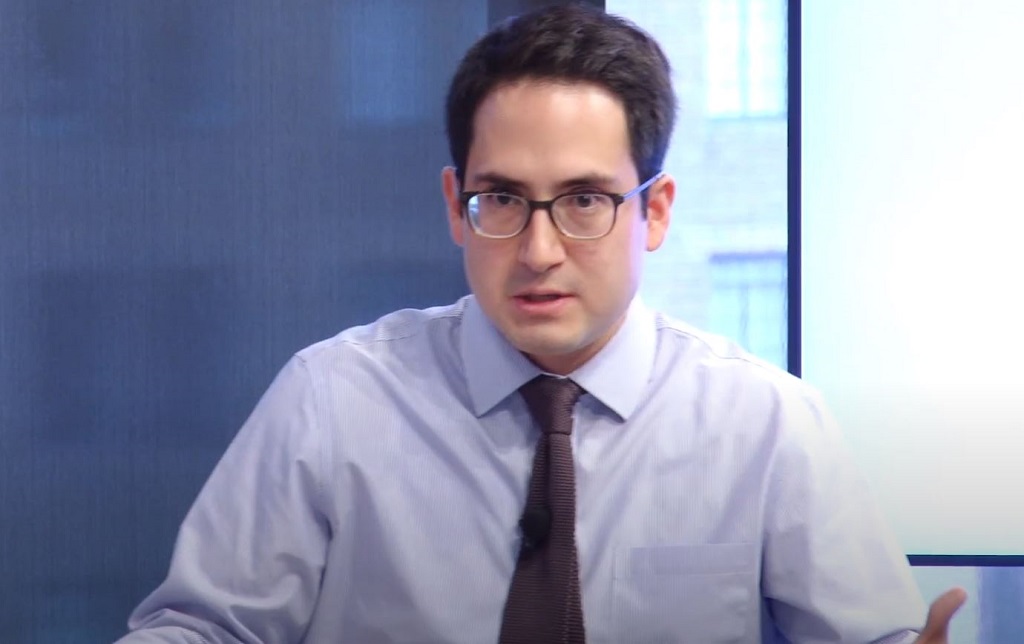
International Data Localization Laws Harm Emerging Tech Businesses
Experts advocate a new framework that better accommodates the global tech economy by removing data localization barriers.
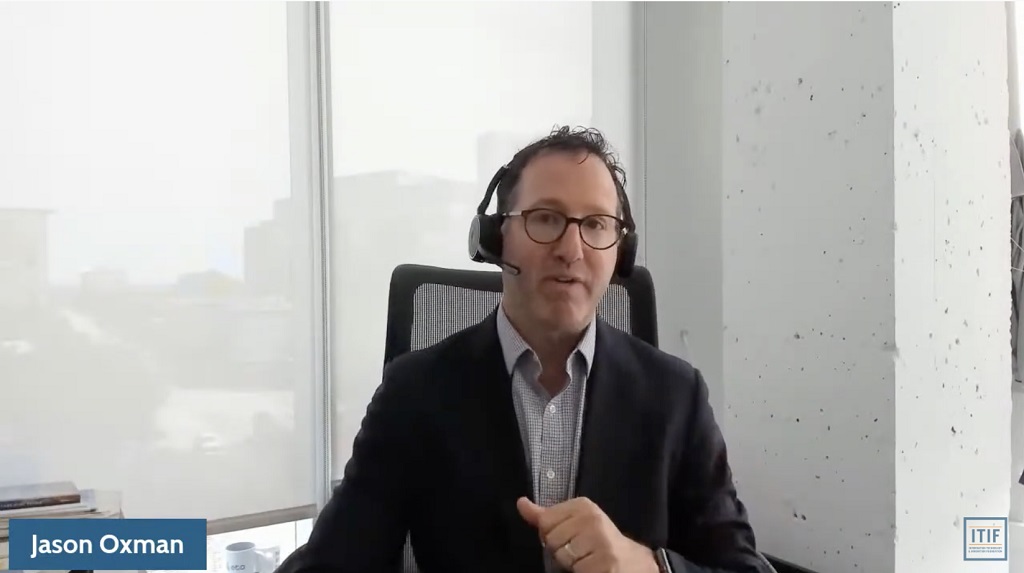
Advocates Push For Higher Age Privacy Threshold As COPPA Proposal Hits Senate
Advocates want age 13 and over for privacy protection as Senate sees COPPA reform proposal.
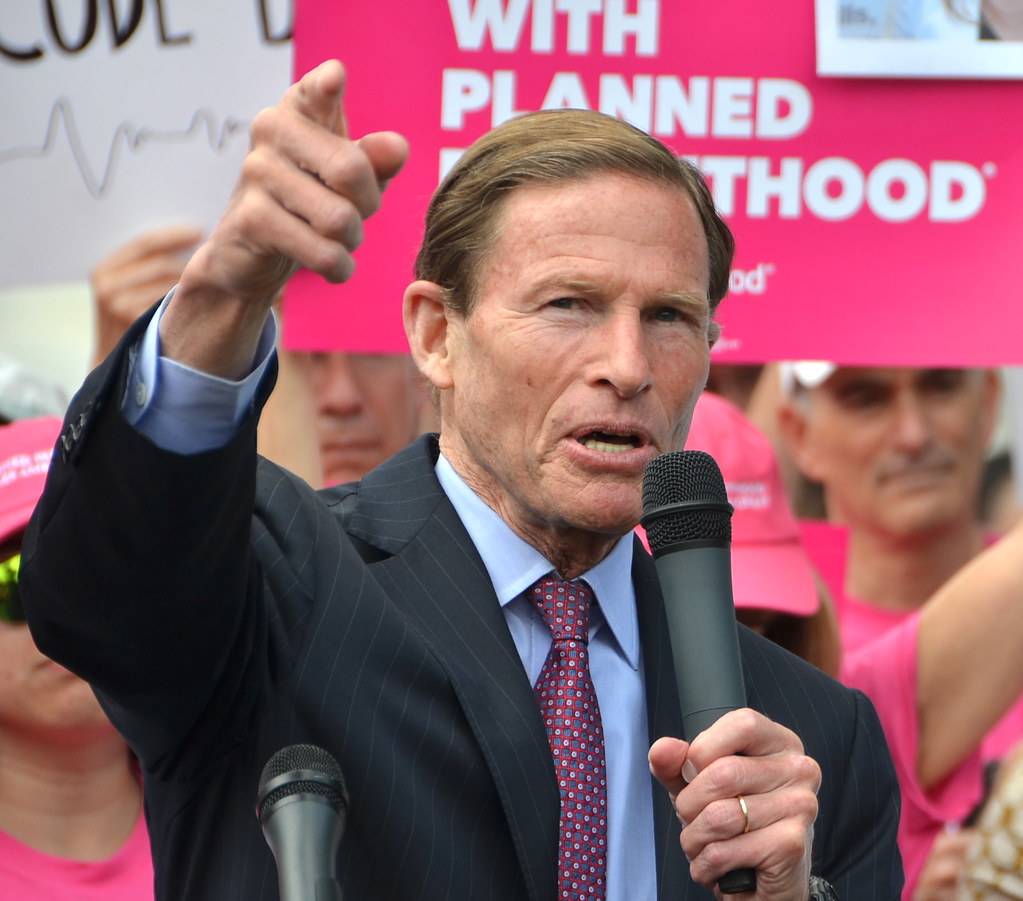
Americans Willing To Pay More For Privacy On Social Media And Smartphones, Researcher Finds
Ajit Ghuman said Americans generally would pay more for full privacy — including on smartphone purchases.

Consumer Privacy Must Rise To Priority In Biden Agenda, Experts Urge
FCBA panelists discuss data privacy and consumer protection challenges for the Biden administration.

National Plan Required For Consumer Privacy, Congresswoman says
April 1, 2021 — A Congresswoman from Washington State, who introduced federal legislation that would be the first national consumer privacy law if adopted, says the federal government is being outpaced by some states that are implementing their own consumer privacy legislation. “There is a significa

Attach Strings To Data Collection To Combat Surveillance Capitalism, Experts Suggest
March 29, 2021 – Laws addressing how much data can be collected should be among new regulations that must ensure data collection from big technology companies doesn’t harm Americans, according to a March 17 panel of academics at the South by Southwest conference. The era of corporate self-regulation
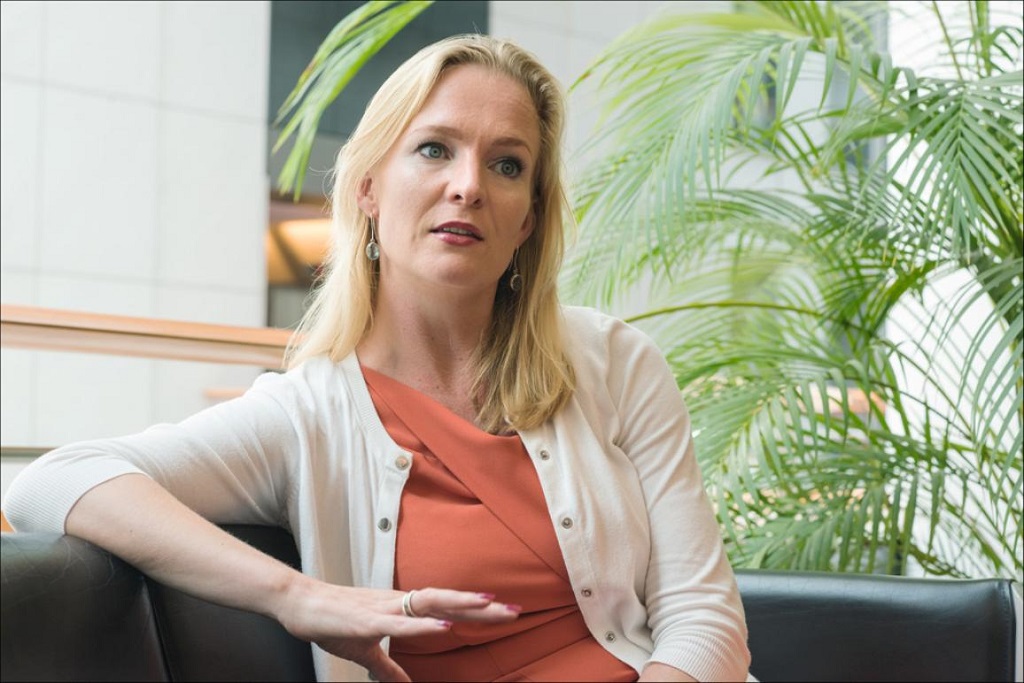
House Energy and Commerce Chairman Frank Pallone Calls for Update to Children’s Privacy Legislation
March 11, 2021 – House Energy and Commerce Committee Chairman Frank Pallone, D-N.J., on Thursday called for an update to the Children’s Online Privacy Protection Act at subcommittee hearing on “Kids Online During COVID: Child Safety in an Increasingly Digital Age.” “The challenges children face onli
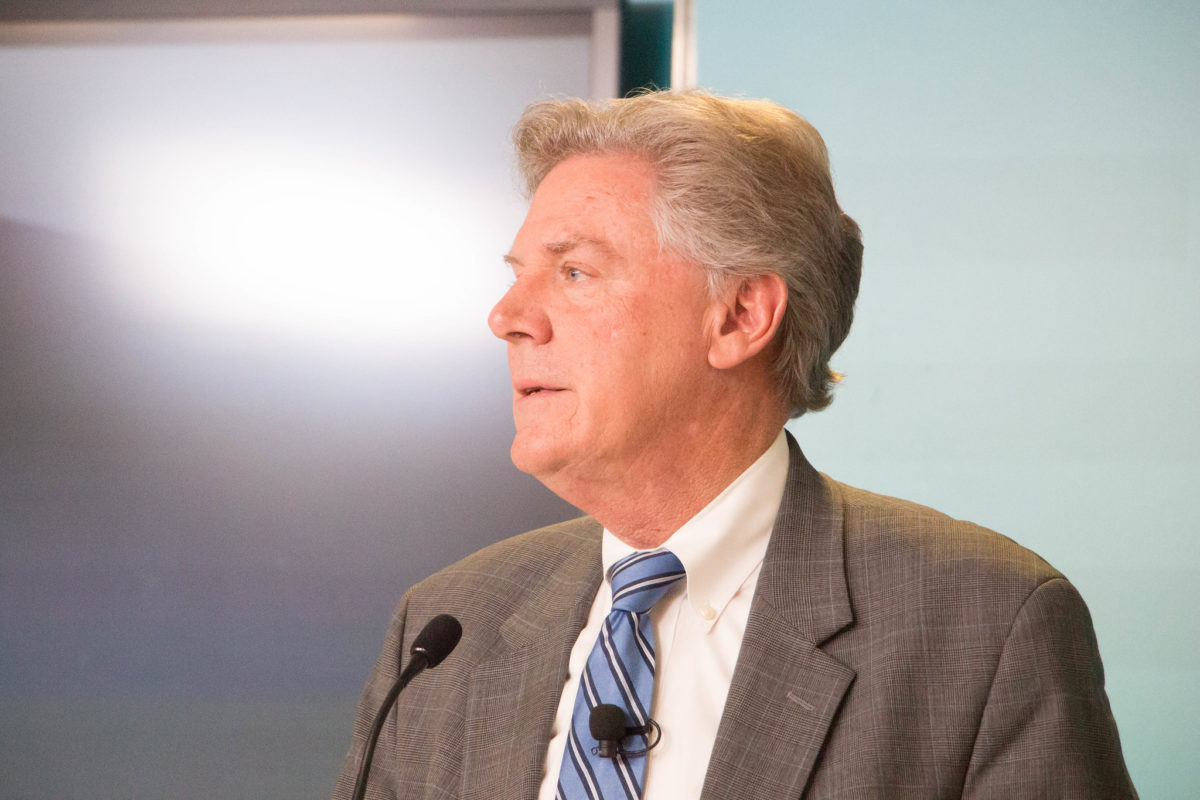
New Laws Needed on Capturing Data Collection From Mixed Reality, Experts Say
March 8, 2021—Experts are concerned about the privacy implications emanating from the use of virtual and cross reality devices, which they say could collect user data without consent, and are clamoring for new laws to keep up. While most Americans are already familiar with virtual reality popularize
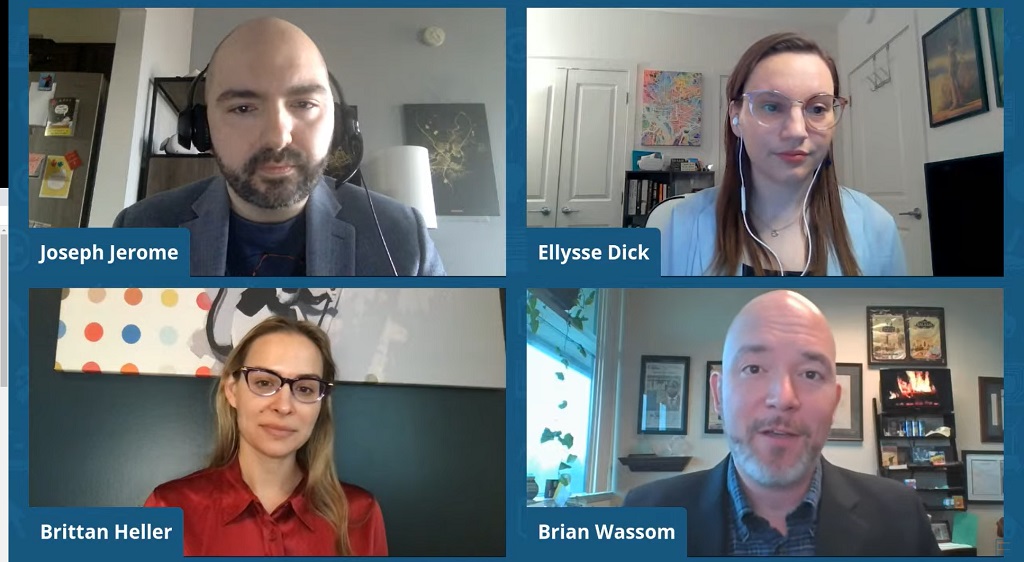
Staying Ahead On Artificial Intelligence Requires International Cooperation
March 4, 2021—Artificial intelligence is present in most facets of American digital life, but experts are in a constant race to identify and address potential dangers before they impact consumers. From making a simple search on Google to listening to music on Spotify to streaming Tiger King on Netfl

Consumers Lack Understanding About Financial Privacy Ramifications of Using Bitcoin, Experts Say
March 2, 2021 –Experts are warning about the lack of understanding of the privacy implications of bitcoin, following Treasury Secretary Janet Yellen’s comments on February 22 that warned about the digital currency’s inefficiency. Speaking at a Technology Policy Institute event Monday about fintech i
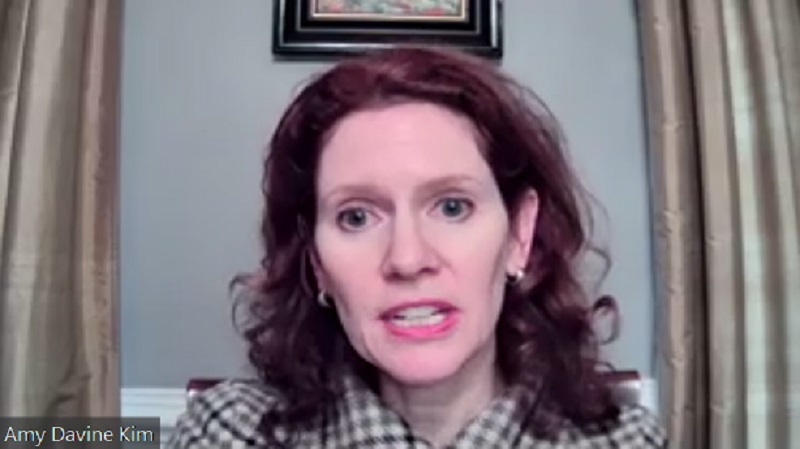
Privacy Concerns Increase With Ed Technology Boom, Says Acting Chair of Federal Trade Commission
February 16, 2021 – As the educational technology industry sees an explosion of interest as more kids are schooled at home, the Federal Trade Commission’s acting chairwoman said the agency is prioritizing the privacy implications of that. Rebecca Kelly Slaughter said the FTC is taking an all-hands-o
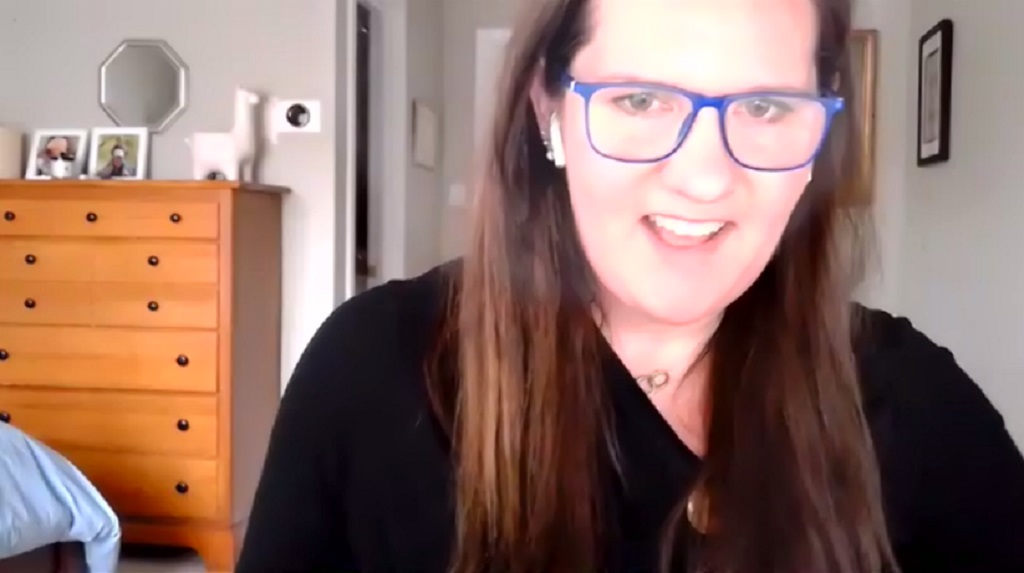
Consumers Want Simplified Privacy Policies, But Tech Companies Aren’t Willing to Provide
February 15, 2021 – Today, every company and website seem to have a complex and jargon-filled privacy policy that is impossible to understand, let alone read. While no organization has to make things complicated, they do end up using complex privacy policies as an excuse to do what they do. Organiza

Silicon Flatiron Panelists Differ in Attitudes on Trustworthiness of Big Tech Companies
February 14, 2021 – A public policy manager for Google defended the search engine giant’s trustworthiness and status during a Thursday panel discussion, even as she reiterated that the company supports a federal privacy law. Speaking at a discussion hosted by Silicon Flatirons, Sarah Holland of Goog

Privacy and ‘Right to be Forgotten’ Laws Complicate Rules for Global Reporting
February 8, 2021 – When sharing content in any form, publishers need to understand the legality and impact of the content may have on foreigners, especially given the European Union’s privacy law, a panel of experts concluded at a Tuesday conference hosted by the American Bar Association. The comple
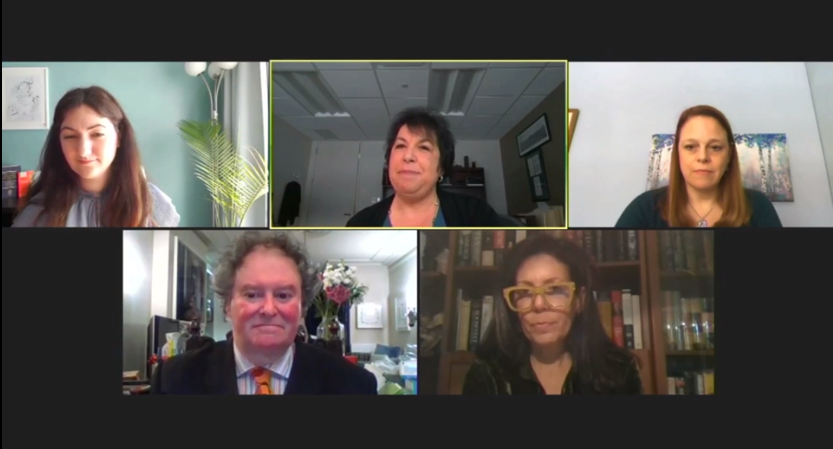
U.S. and EU Privacy and Intellectual Property Landscape Complicate Data Use Requirements
February 7, 2021 – Differences in the intellectual property and privacy landscape between Europe and the United States account are among the forces complicating the regulatory landscape around commercial data, partners at Covington’s Second Annual Technology Forum said on January 27. Further, becaus
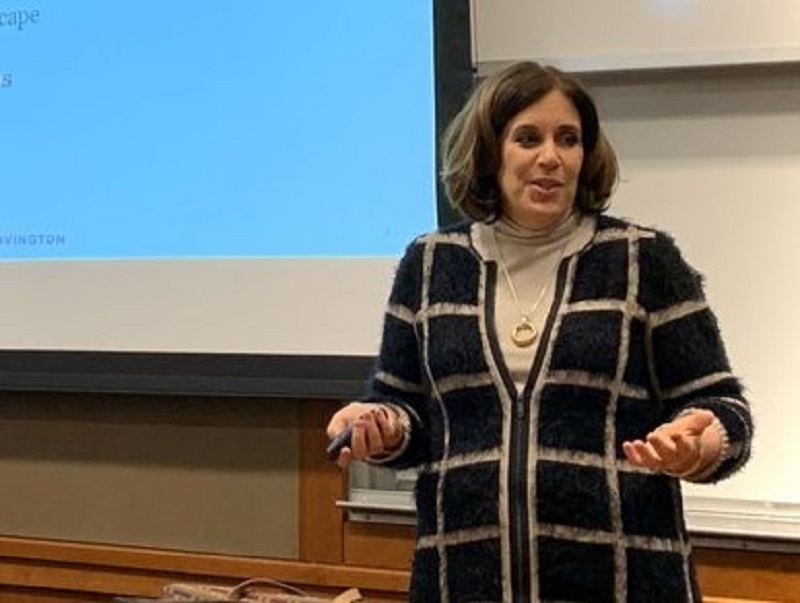
Privacy and Fragmentation of Devices on Broadband Networks a Cause for Concern
February 3, 2021—The range and number of devices on broadband networks is causing problems in the internet-connected home, and internet service providers are only now beginning to get their hands around issues of “fragmentation” caused by this growth. Results of a five-year survey laying out these c

Two Separate California Privacy Measures Are Causing a Chain Reaction Throughout U.S.
January 29, 2021—A chain reaction of state-led data privacy initiatives has ignited across the country as states consider consumer data protection polices similar to those recently passed in California. “The state of Washington’s proposed data privacy act, although not yet passed, has been heavily i
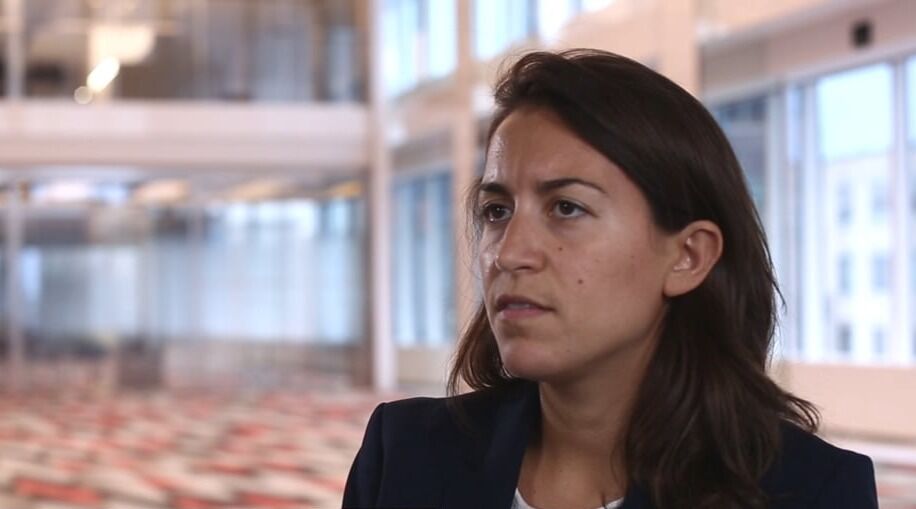
Considering the Geopolitics of the Internet Under the Biden Administration at State of the Net
January 27, 2021 – Keynoting Wednesday’s State of the Net Conference, former Federal Communications Commission Chairman Michael Powell urged the new administration of Joe Biden to promote broadband, fiber, 5G wireless networks – as well as allowing consumers to move seamlessly across wired and wirel
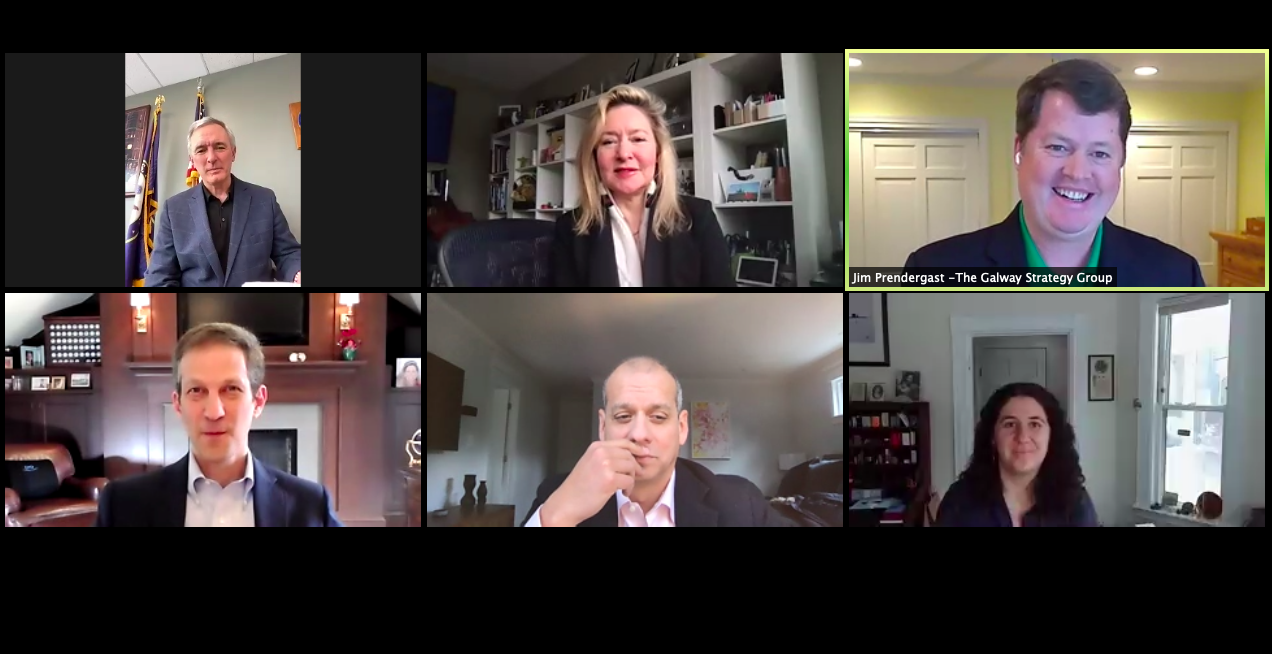
Big Tech Companies Talk the Talk on Privacy at CES 2021: Will They Walk the Walk?
January 12, 2021 – Privacy is of paramount importance as the world accelerates its adoption of new technology during a tumultuous pandemic, big tech companies said during a panel at the Consumer Technology Association’s CES 2021. Technology has become increasingly more important in our lives, said A
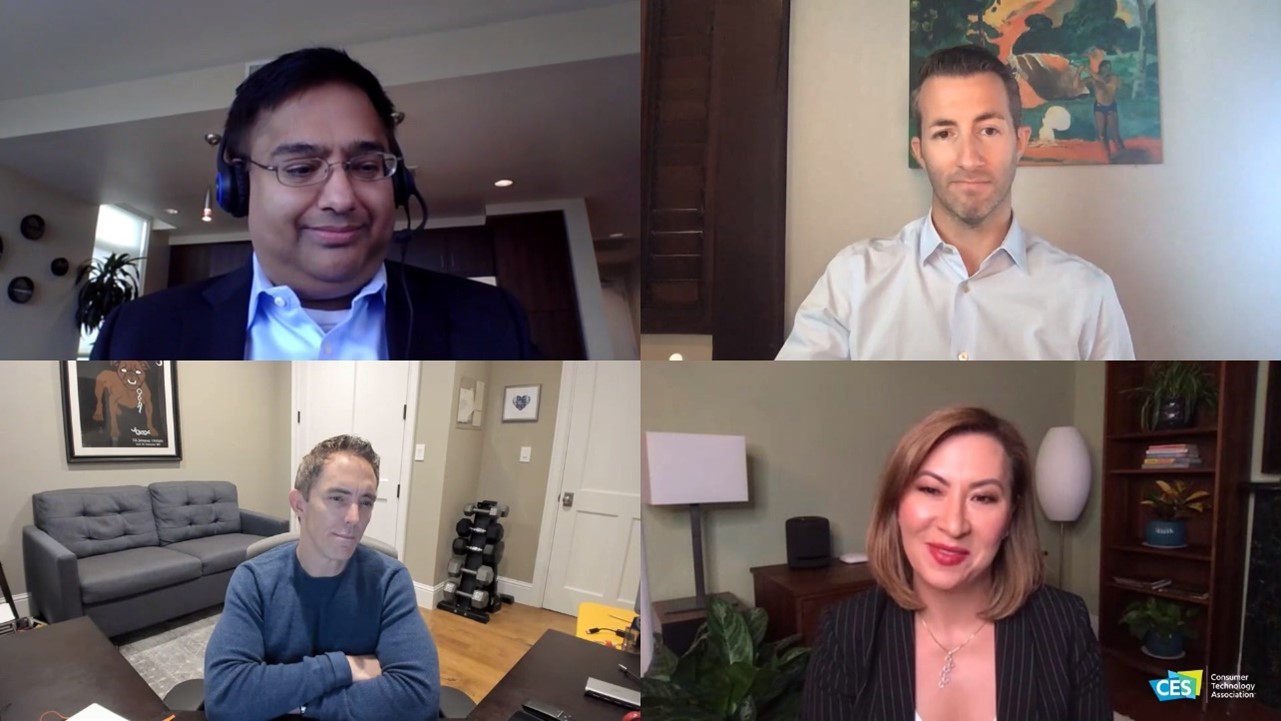
Former Estonian President Says U.S. Needs a Secure Digital ID Card to Computerize Government Processes
November 23, 2020 – Americans need to have secure and unique digital identity documents if the county has a hope to compete with other world powers like China, said Toomas Ilves, former president of Estonia. Ilves was speaking at a German Marshall Fund event on Friday what asked on what subject he t
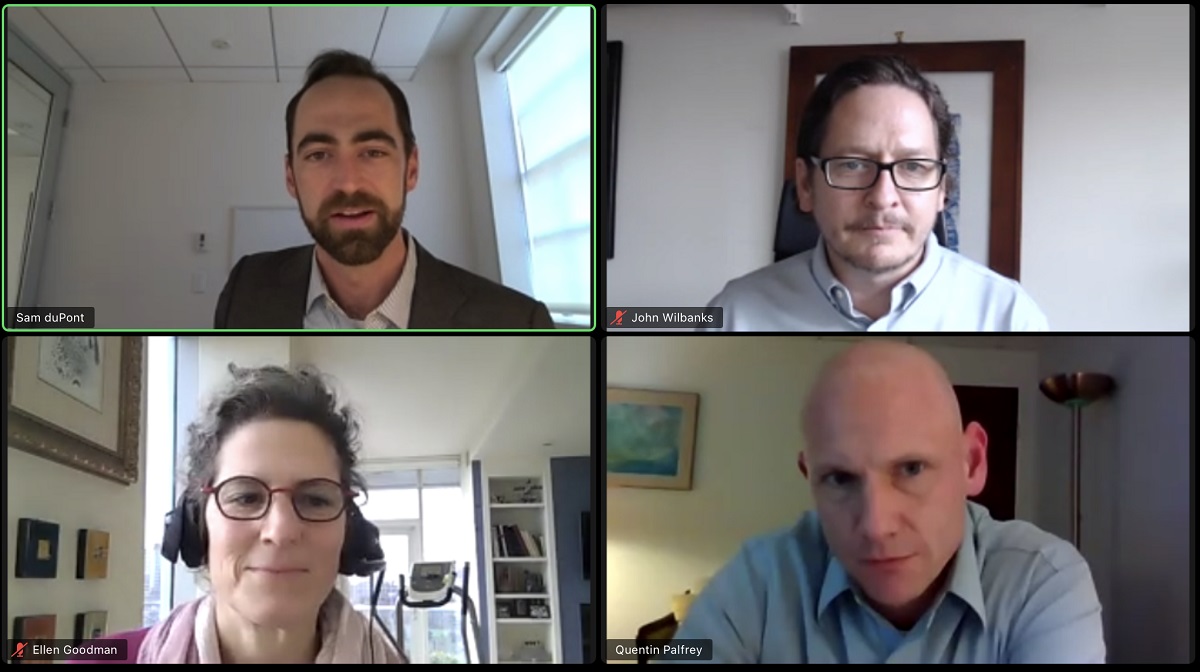
Panelists at Tech Policy Institute Conference Tout American Approaches to EU Privacy Ambitions
October 22, 2020 – The European Commission will issue a draft for modernized standard contractual clauses “very soon,” said Bruno Gencarelli, head of International Data Flows and Protection for the commission, speaking at Technology Policy Institute event on Monday. Protecting privacy and data flows

Once Characterized as an Antitrust Strategy, Data Portability May Not Be the Competition Remedy Many Believe
October 6, 2020 — As technological advances allow for more data to be generated on consumers, the public has become more attuned to the need for national data privacy legislation. Yet there is a countervailing trend: Data portability as possible antitrust remedy against dominant tech platforms. On M

Trump Administration’s Orders to Halt WeChat and TikTok Transactions Promise to Affect Chinese Americans First
September 18, 2020 — The United States Commerce Department said Friday that it plans to restrict access to WeChat and TikTok, two Chinese-developed apps, as of midnight on Sunday. On August 6, President Donald Trump signed an executive order seeking to ban U.S. “transactions” with WeChat and TikTok
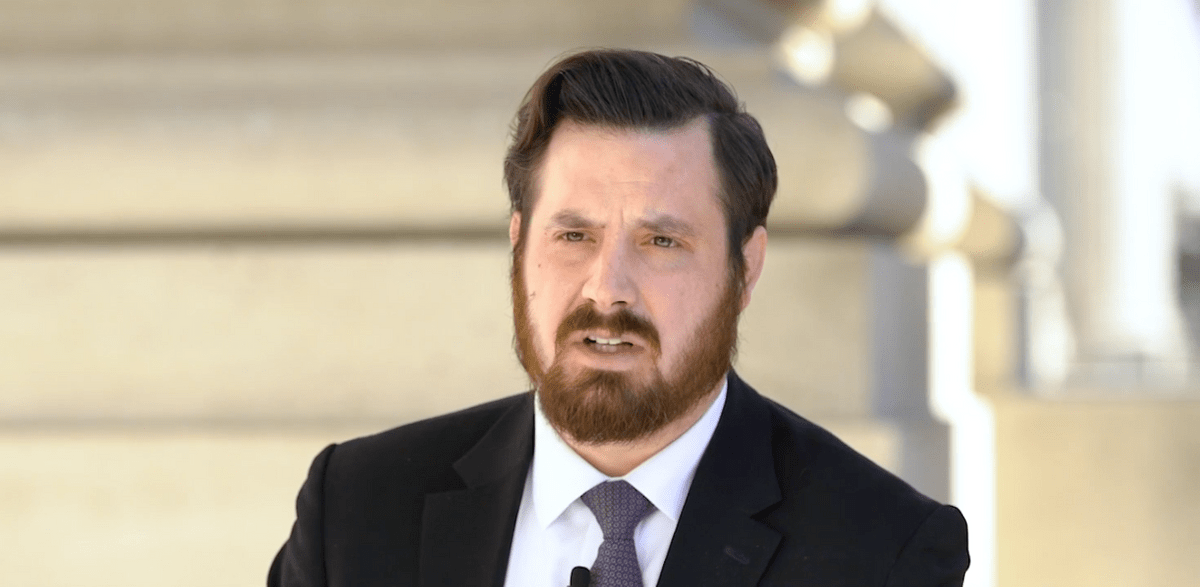
Irish Data Protection Commission Asks Facebook to Stop Sending European Data to the United States
September 14, 2020 – The transatlantic relationship between the European Union and the United States has reached a critical point, as the countries’ data privacy policies continue to clash. On July 16, a legal decision by the Court of Justice of the European Union, Schrems II, moved to invalidate th
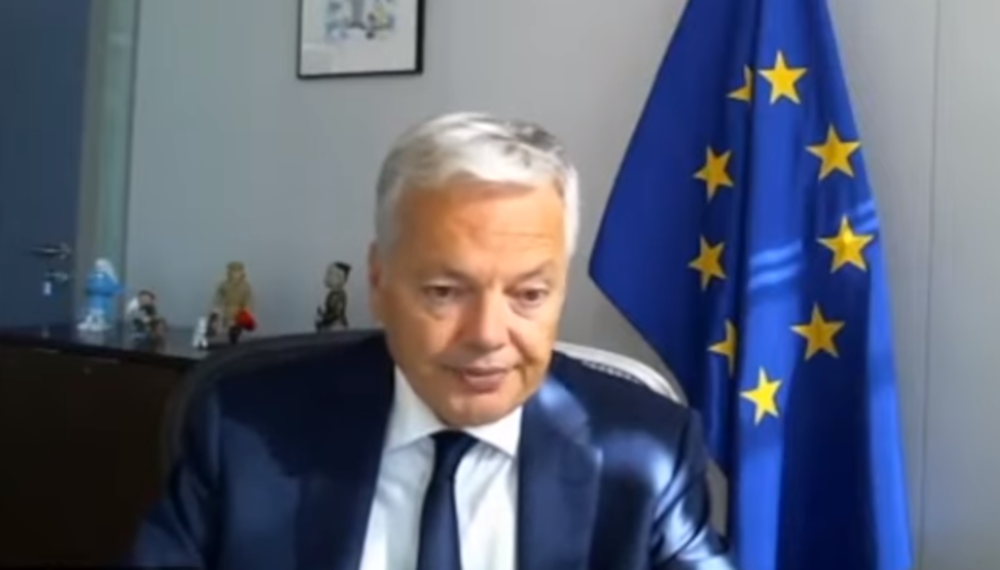
With Robocall Complaints Down, Who Can STIR Up Action to Restore Public’s SHAKEN Trust?
September 11, 2020 – Given the way that robocalls “implicate a wide jurisdiction,” Federal Communications Commission Chairman Ajit Pai stressed the need for collaboration to end the crisis of unwanted calls and specifically lauded the so-called STIR/SHAKEN protocol for phone number verification. Iro
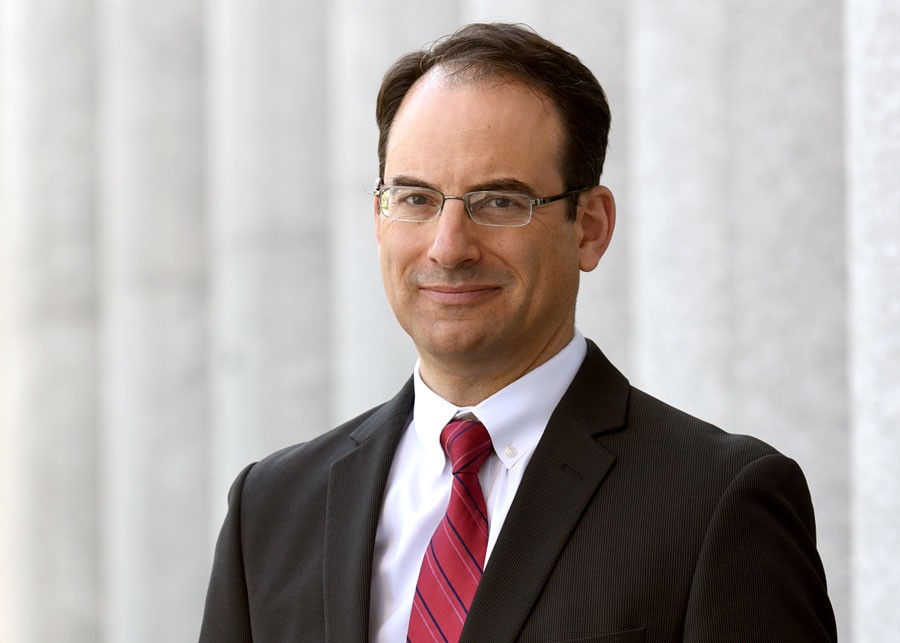
Ethical Technology Still in Early Stages, But Here to Stay, Say Axios Panelists
August 6, 2020 — Although many ethical technologies are still in early developmental stages, they are here to stay, said participants in an Axios webinar Thursday. The webinar, titled “Ethical Tech in a Time of Crisis,” saw participants discuss the strengths and shortcomings of the ways in which tec

Current Data Practices are Harming Internet Users, says Northeastern Professor
July 27, 2020 — Online data practices are negatively impacting the lives of internet users, said Woodrow Hartzog, professor of law and computer science at Northeastern University on Monday. Speaking on an episode of Let’s Talk Privacy & Technology, a podcast hosted by Santa Clara University, Hartzog
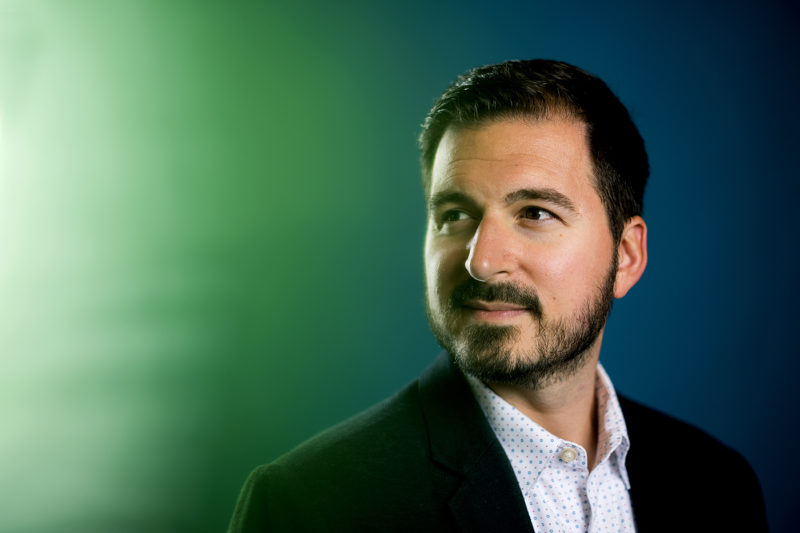
Privacy Policy Customization Has Both Benefits and Drawbacks, Say PrivacyCon Participants
July 21, 2020 — Allowing users of online platforms to shape the use of their own private information can be a tricky practice, and not necessarily one that platforms are incentivized to employ, said participants in a Federal Trade Commission PrivacyCon webinar on Tuesday. Speaking about the General
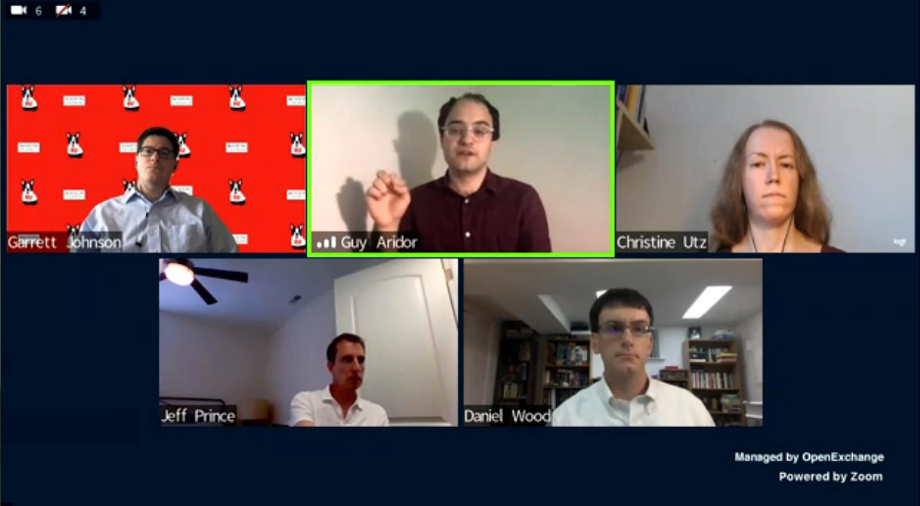
Russians are Trying to Sway Trusted Institutions, Says Center for Strategic and International Studies
July 14, 2020 — Russia is actively attempting to shift trusted institutions both in the United States and abroad, said participants in a Center for Strategic and International Studies webinar Tuesday. Nina Jankowicz, a disinformation fellow at the Wilson Center, said that when institutions are swaye
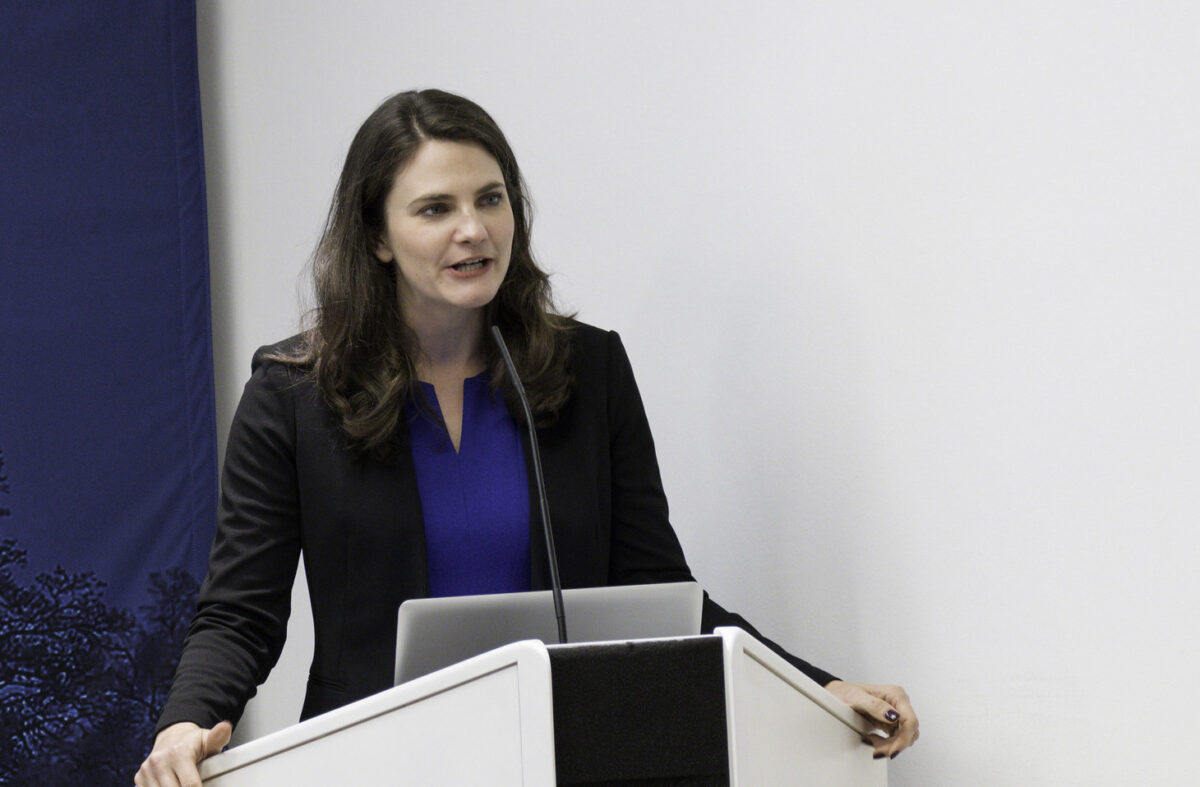
Pandemic Has Created an Environment for Consumer Fraud, Say Congressional Leaders
July 10, 2020 — The coronavirus pandemic has created an environment that is highly vulnerable to nefarious actors, said Rep. Richard Hudson, R-N.C., in a House Energy and Commerce hearing with members of the Subcommittee on Consumer Protection and Commerce on Thursday. A rise in disinformation, brou
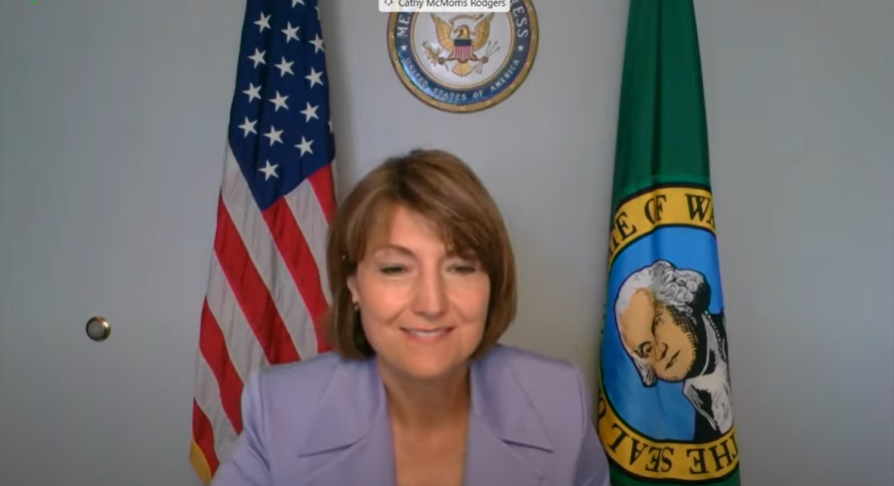
Electoral Interference an Even Bigger Threat Amid the Coronavirus, Says Institute for Data, Democracy, and Politics
June 29, 2020 — The coronavirus has exacerbated the threat of electoral interference, said journalists and legislative experts in a webinar Monday. Panelists joined the George Washington University Institute for Data, Democracy, and Politics for a discussion about electoral interference in 2016 and
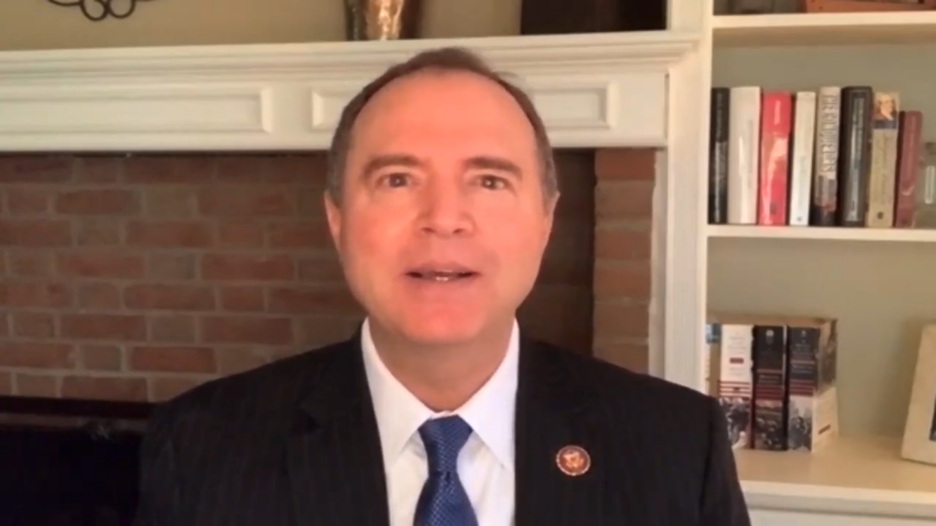
Under Section 230, Should Tech Platforms Be Able to Exercise Editorial Control and Still Avoid Liability?
June 22, 2020 — Legal experts disagreed on Monday about whether Section 230 is exacerbating or helping to solve problems with the current state of online content moderation. “I think the real friction point is because Section 230 is counterintuitive — it says that you can exercise control and not be
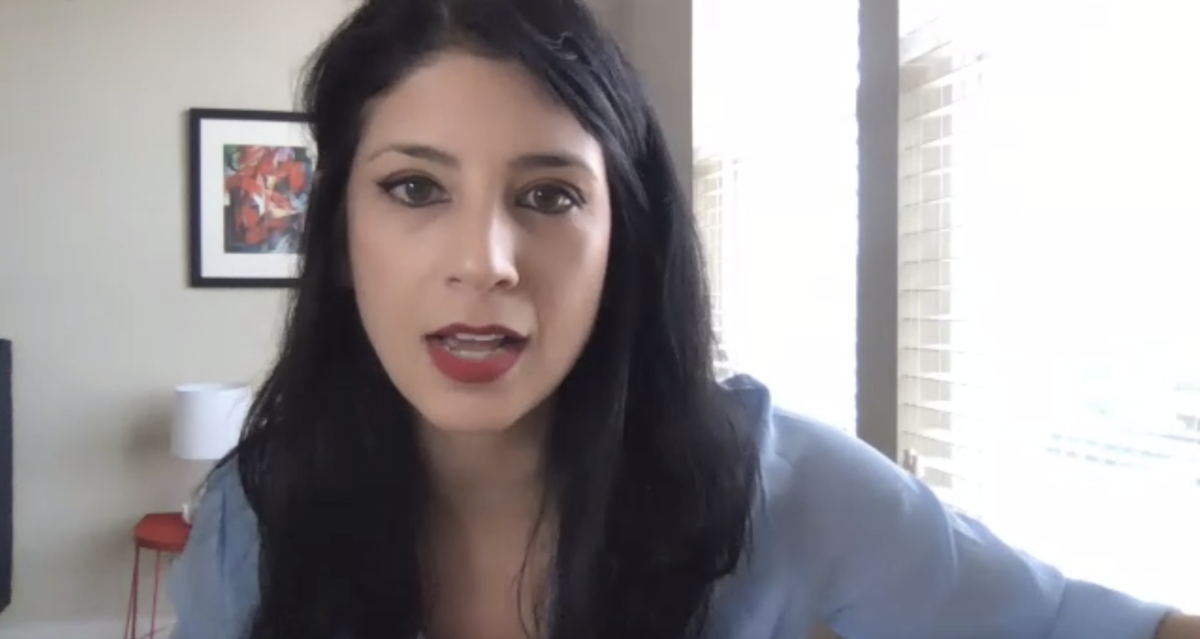
Maintaining Student Privacy Amid Coronavirus Challenging, Says Center for Democracy and Technology
June 18, 2020 — The coronavirus pandemic and the resulting shift to primarily-online learning have placed students’ privacy in jeopardy, said participants in a Thursday webinar hosted by the Center for Democracy and Technology. The shift to online schooling in the wake of the pandemic has left mil
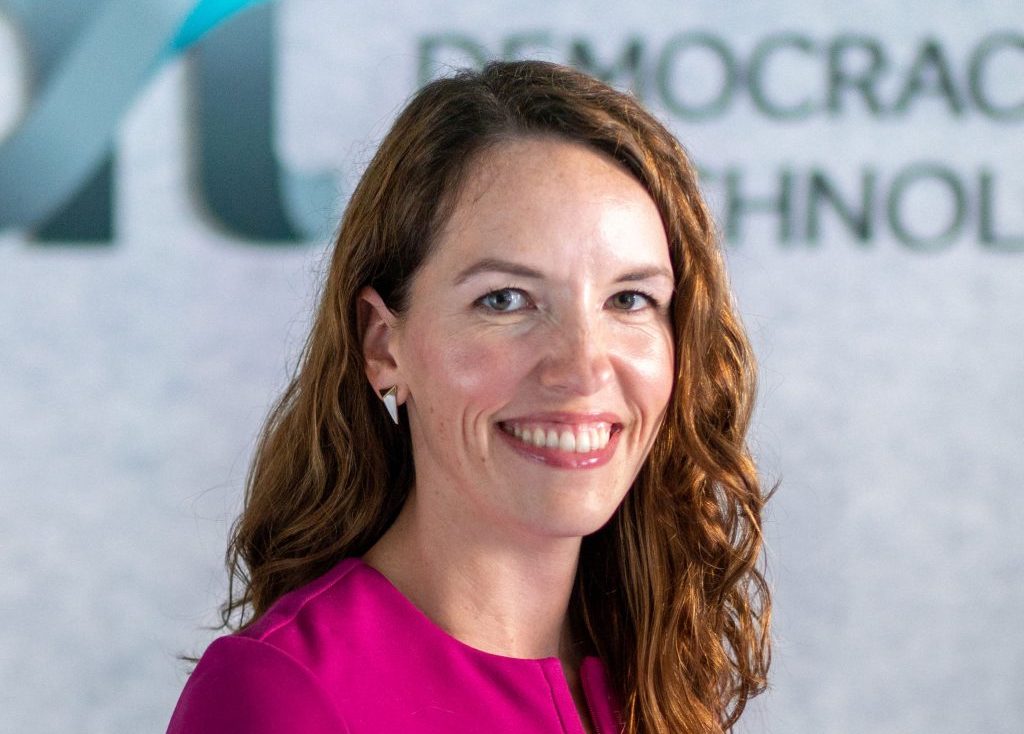
Increased Demands For Online Voting Options Sparks Discussion About Its Vulnerabilities
June 17, 2020 — As the world adjusts to the long-running nature of the coronavirus pandemic, people in democracies are increasingly discussing relying on technology to assist in elections. As many are calling for online voting options to be offered in upcoming elections, the importance of understand
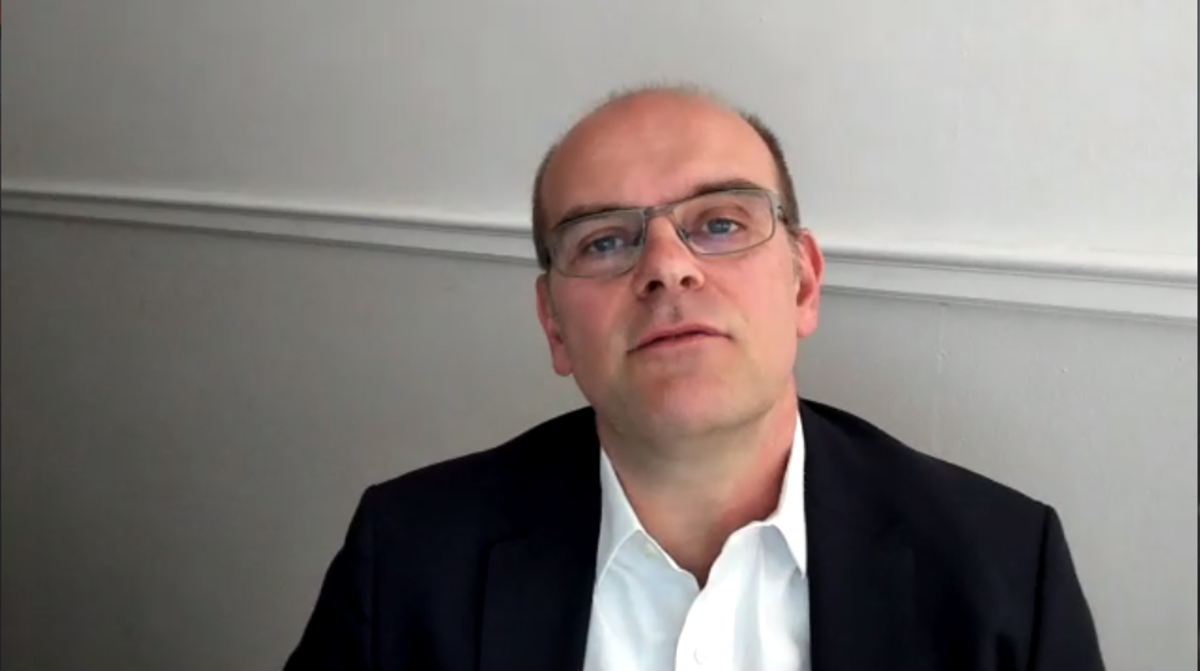
UTOPIA Fiber CEO says at Utah Ignite Event that Rewards of Smart Cities Outweigh Risks
June 17, 2020 — The smart cities of the future have the potential to be extraordinarily efficient and to minimize the danger of natural disasters, said UTOPIA Fiber CEO Roger Timmerman in a Tuesday webinar sponsored by Utah Ignite. The coronavirus pandemic has made social media and other technologie

Asian and European Nations Taking Very Different Approaches to Coronavirus Pandemic Contact Tracing Apps
June 10, 2020 — The development of digital contact tracing solutions raises endless security issues: Where should data be stored and for how long? Should public health authorities have access? Should app adoption be voluntary or involuntary? In a webinar hosted on Wednesday by the Center for Democra
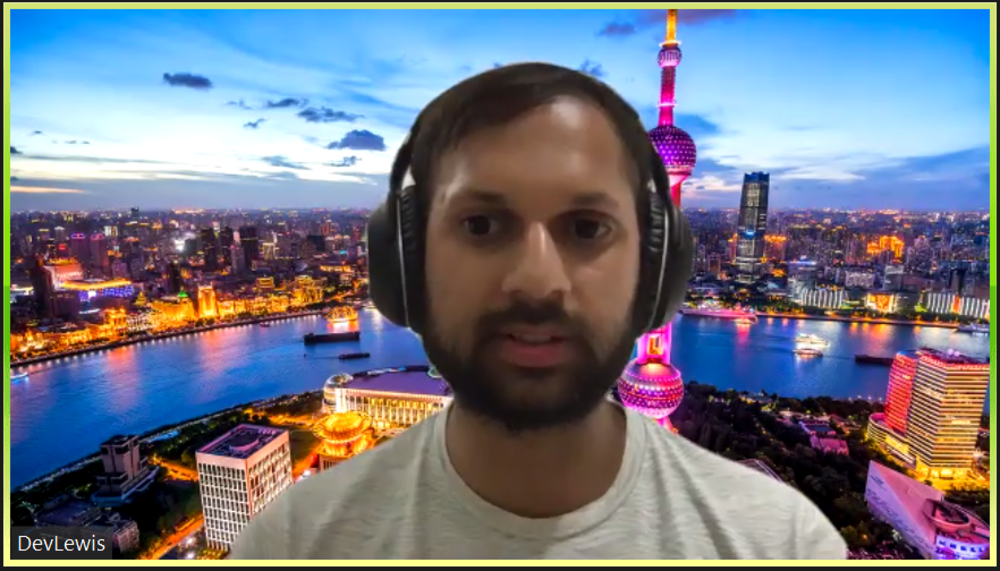
Analytics Holds Power to Revolutionize Cybersecurity in an Age of Remote Attacks
June 8, 2020 — States that utilized cloud computing for cybersecurity initiatives were better positioned to handle the surge in cybersecurity attacks that resulted from network vulnerabilities being amplified by increased telework during COVID-19. As cities prepare for up to 70 percent of IT workers

Lack of Privacy and Limitations of Broadband Access Pose Threats to Future of Telehealth, say Panelists
June 5, 2020 — The rise of telehealth across the country could mean a lack of privacy for its users, said participants in an LBJ School webinar Wednesday. Speaking to the organization about the privacy risks posed by the increasingly widespread use of remote healthcare technologies, panelists said t
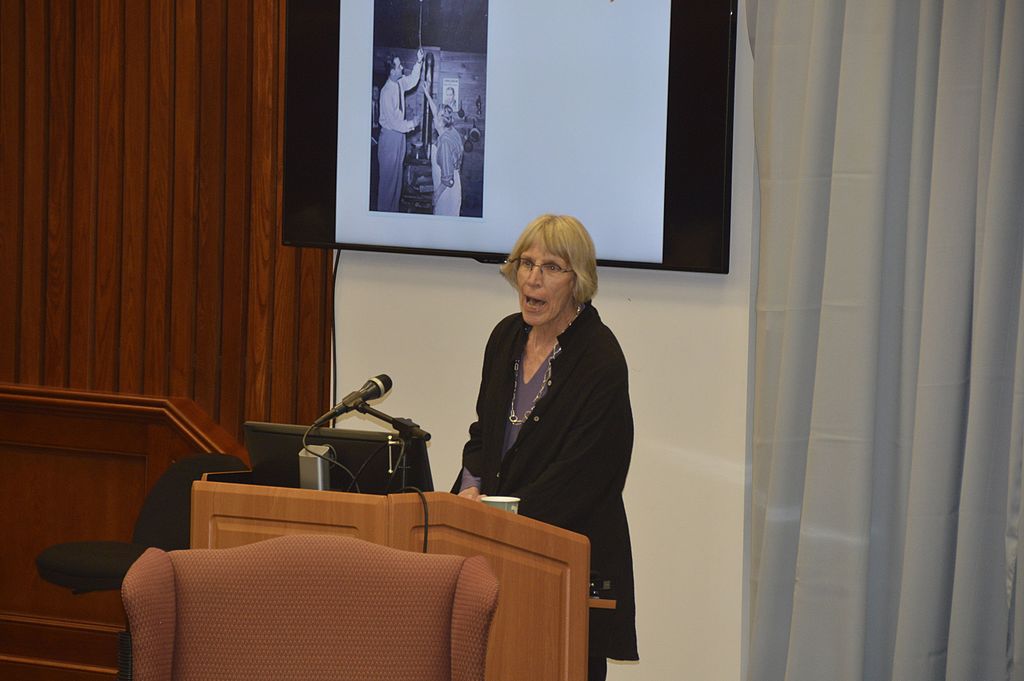
Zoom Sued Over Claims of Security Failures
June 4, 2020 — Victor M. Rios, associate dean at the University of California Santa Barbara, has filed a class action against Zoom Video Communications, Inc. Rios is accusing the company of allowing a known offender who had been reported multiple times to authorities to Zoombomb a 400-person video c

Federal Privacy Legislation More Crucial Than Ever, Says Federal Trade Commissioner Christine Wilson
June 4, 2020 — Federal privacy legislation is more important than ever, said participants in a Brookings Institution webinar Wednesday. Federal Trade Commissioner Christine Wilson said that privacy concerns are at an all-time high in the age of coronavirus, and the time was right for oversight of te
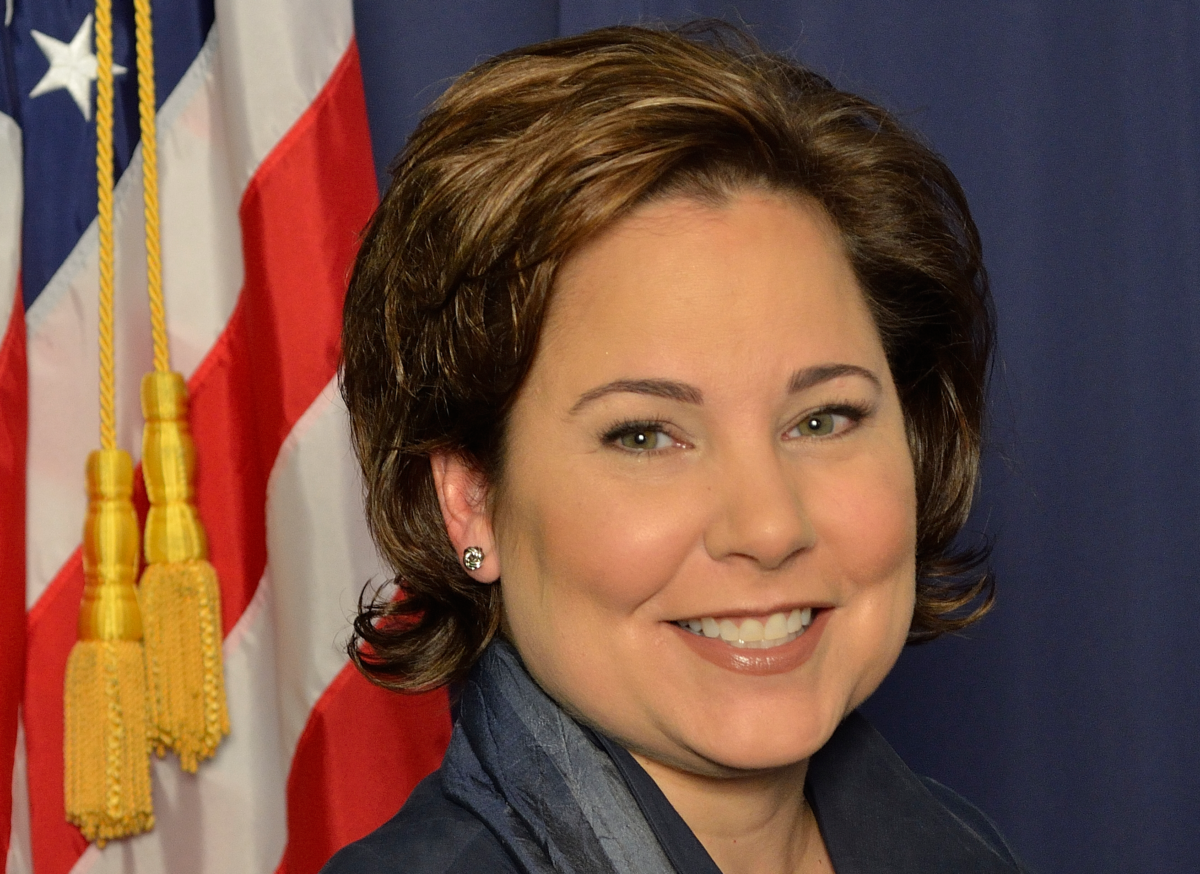
Technology Behind Google and Apple’s Protocol is Insufficient for Contact Tracing, But Preserves Users’ Privacy
June 1, 2020 — Google and Apple are rarely criticized for not collecting enough data on users, but under the state of emergency COVID-19 has brought about, this is no longer the case, said panelists at a webinar hosted Thursday by the Cato Institute. Because users’ location data could help reduce th

Fiber Networks Hold a Cybersecurity Advantage Over Rival Co-Axial and Wireless Technologies, Say Panelists
May 28, 2020 — Not all internet infrastructures are created equal, and some are more susceptible to cybersecurity attacks than others. According to panelists on a Fiber for Breakfast webinar hosted Wednesday by the Fiber Broadband Association, fiber optic internet infrastructure is far less vulnerab

The Internet’s Response to the Coronavirus Could be Better, Says World Wide Web Creator
May 27, 2020 — The internet could be better serving world peoples affected by the coronavirus pandemic, said Tim Berners-Lee, who created the World Wide Web, in a webinar Wednesday. The webinar was hosted by the Wall Street Journal’s Future of Everything Festival, which brings together top business

Coronavirus Roundup: Twitter May Allow Users to Limit Replies, Congressional Broadband Funding, Contact Tracing App
A new Twitter feature allows users to decide who can reply to their tweets, sparking questions about the constitutionality of the function when used by government officials. The feature gives users the option of opening their tweet to responses from all other users, only those who they follow or onl

Privacy and Human Rights Should Not Become Afterthoughts During the Coronavirus Pandemic
May 2, 2020—News about the coronavirus pandemic “shouldn’t be an avalanche that buries” news on human rights, said David Kaye, a law professor at the University of California, Irvine, at a Thursday webinar hosted by the George Washington Elliott School of International Affairs. Kaye criticized the w

Zoom CEO Eric Yuan Pledges to Address Security Shortcomings in ‘The Next 90 Days’
April 20, 2020— When a Zoom user had his question read out during the “Ask Eric Anything” webinar on Wednesday, Zoom CEO Eric Yuan listened intently. “Will Zoom be adding more emojis to its social features anytime soon?” the user asked. Yuan disappointed the user immediately. “We’re not going to all
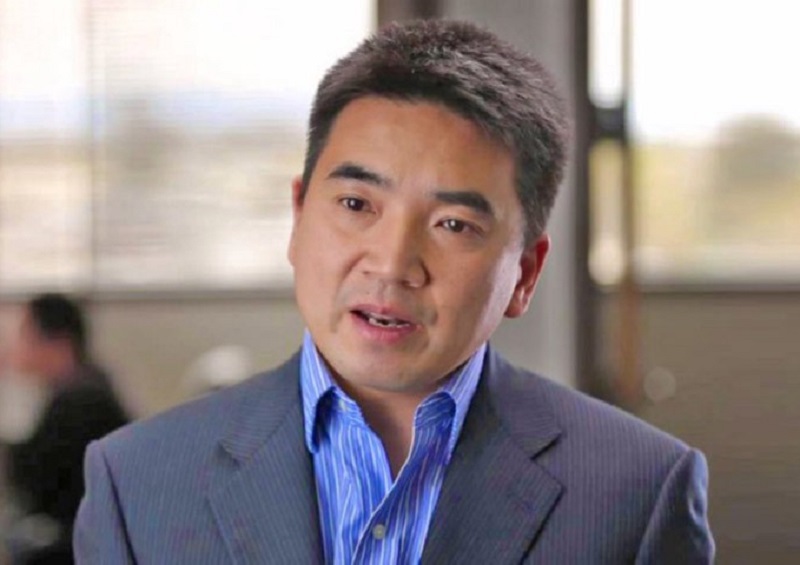
Google and Apple May Help Us Understand ‘Typhoid Mary’s’ Cell Phone Movements
April 19, 2020 – Apple and Google are forgoing using their massive troves of location data for contact tracing and instead tinkering with the less invasive “proximity tracing,” according to industry analysts at a FutureTense webinar on Thursday on “Will the Coronavirus Claim Privacy Among its Victim
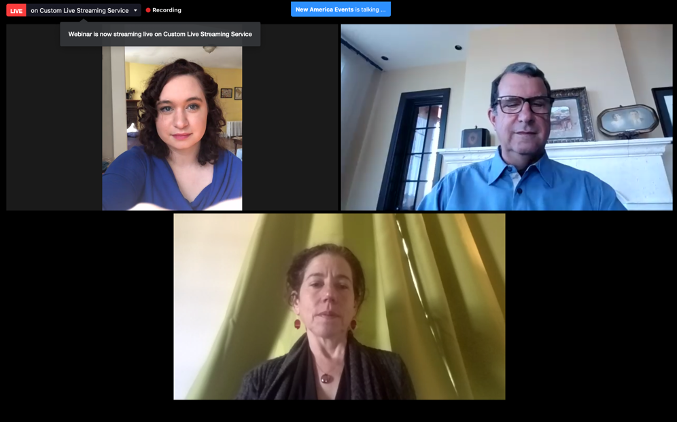
In Regards to Zoom’s Security Failings, Federal Trade Commission Will Take ‘Good Faith’ Into Account
April 19, 2020— The Federal Trade Commission will take into account “good faith” when exercising prosecutorial discretion for investigating Zoom, said agency commissioner Noah Phillips in an event hosted by Politico on Tuesday. Although Phillips said, “I can’t speak to whether there’s an investigati
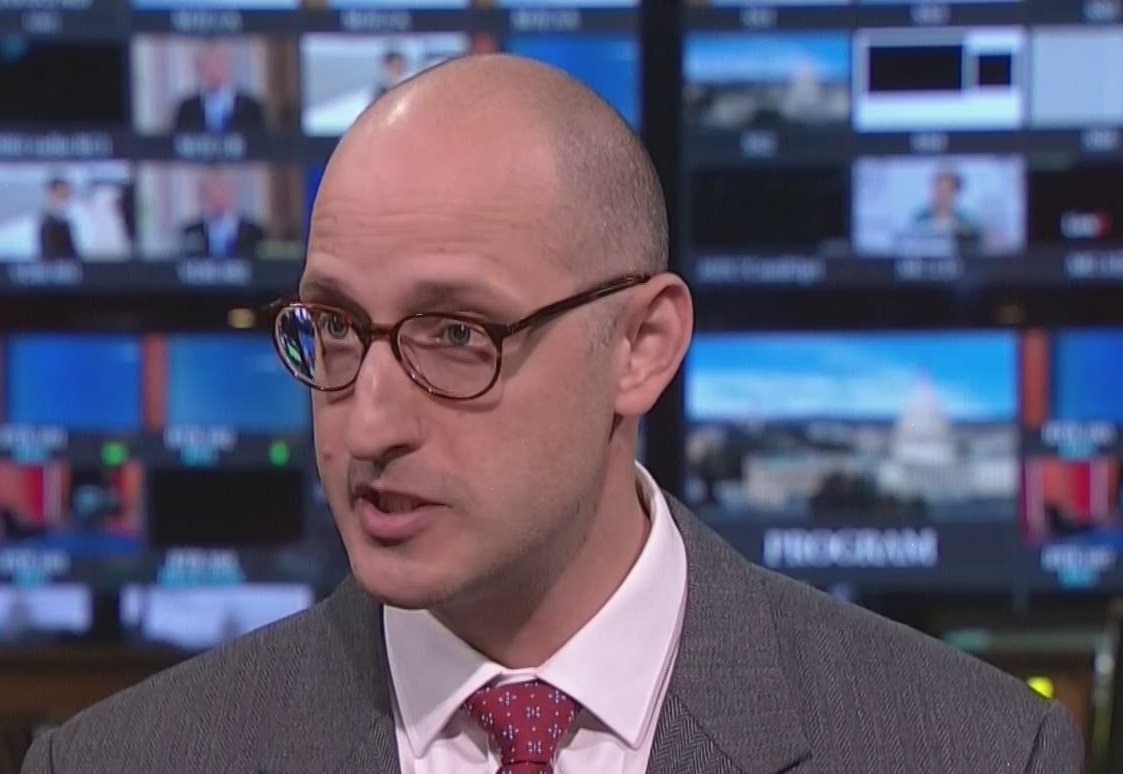
Data Produced By Cell Phones Not Sufficiently Accurate to Use for Coronavirus Contact Tracing, Says ACLU
April 10, 2020 – Data produced by cell phones is “not sufficiently accurate to be used for contact tracing,” according to Jay Stanley, senior policy analyst at a Wednesday press briefing by the American Civil Liberties Union. Contact tracing is the practice of using data to infer the likelihood that
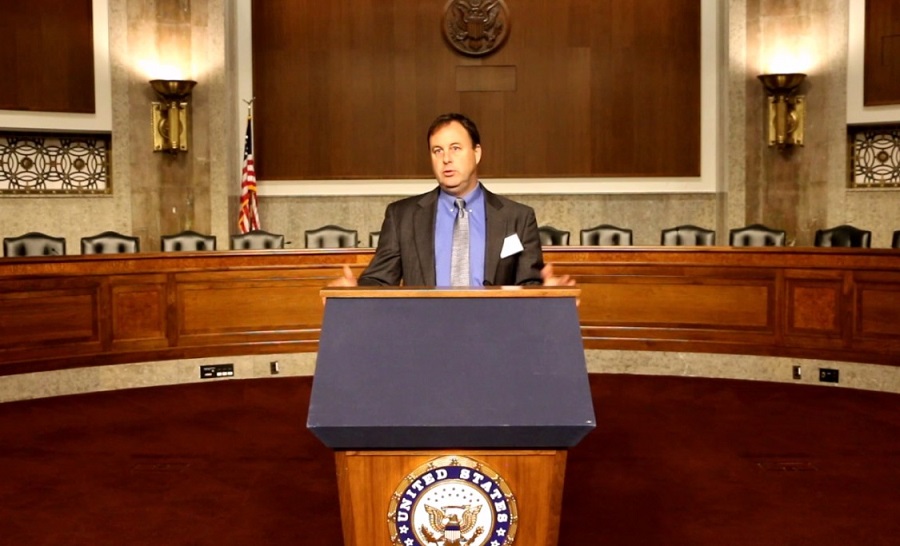
Data Privacy Regulation Will Undergo Subtle But Massive Shift Due to the Coronavirus, Experts Say
April 10, 2020 – Data privacy regulation will undergo a subtle but massive shift due to the coronavirus, according to panelists in a webinar hosted by the Technology Policy Institute on Tuesday. “The pandemic has revealed ways in which tradeoffs need to be made with privacy,” said Jane Bambaur, a la
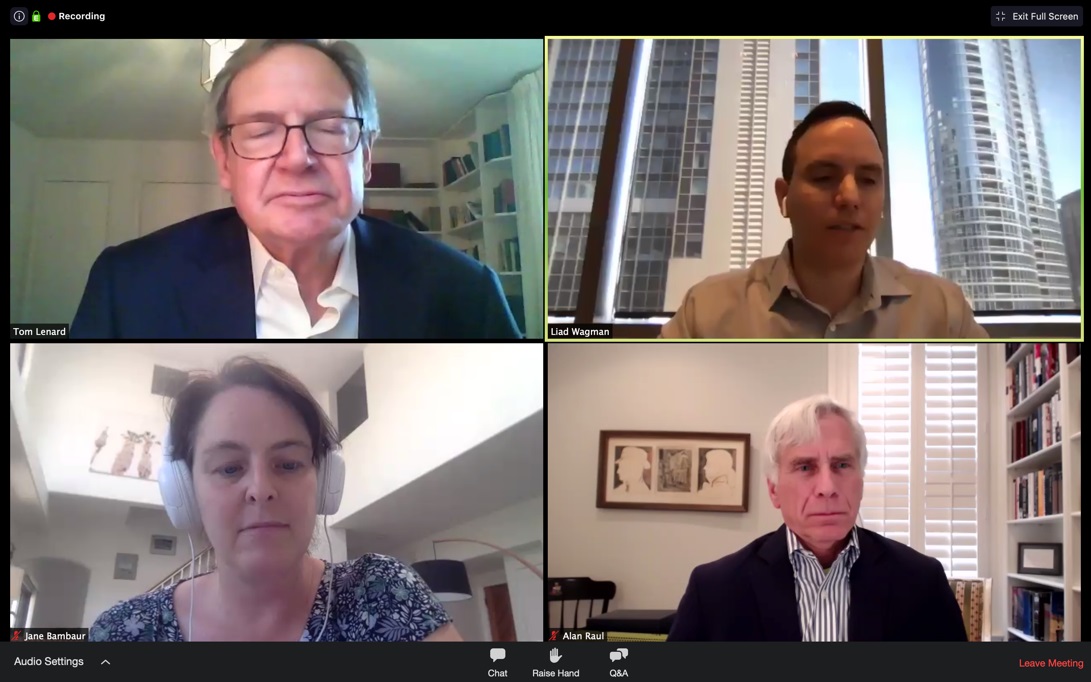
Coronavirus Roundup: Senators Urge Distance Learning, Zoom Privacy, NTIA Broadband and RUS Grants
Sens. Edward Markey, D-Mass., Chris Van Hollen, D-Md., Michael Bennet, D-Colo., and Brian Schatz, D-Hawaii, on Thursday joined 31 of their colleagues in a letter to House and Senate leadership requesting funding for all K-12 students to have adequate home internet connectivity if their schools close
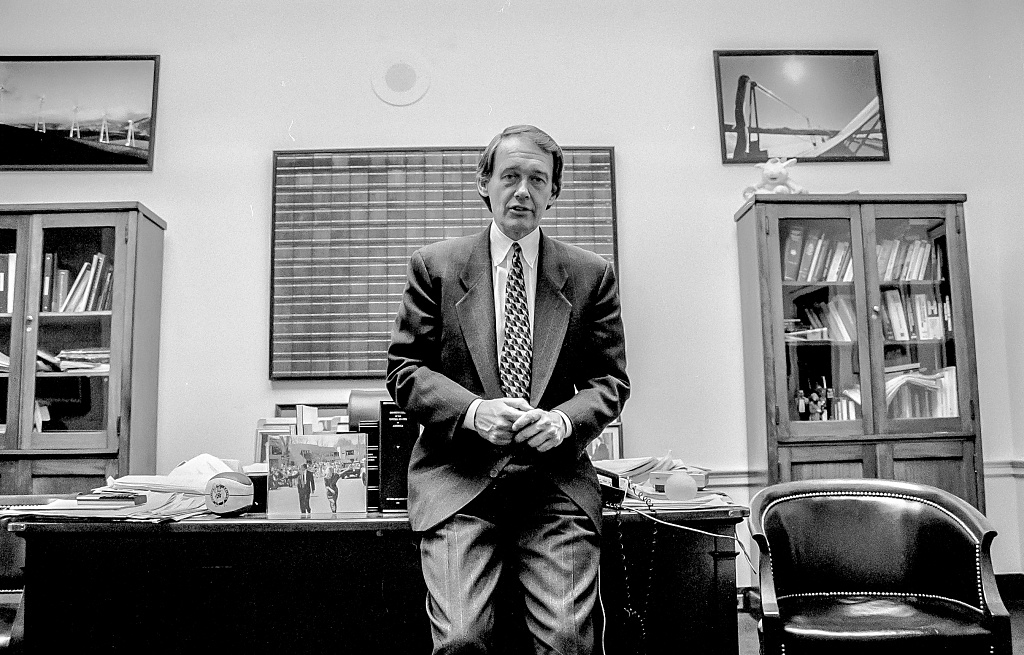
Although Privacy is on a Back Burner, California May Outdo Its Own State Law in November
April 1, 2020 –States have put privacy legislation on a back burner during the coronavirus pandemic. At the same time, even the well-known California Consumer Privacy Act may be superseded by a new referendum, the California Privacy Rights Act, to be placed on the state’s ballot in November. Passed

Federal Trade Commission Officials Address Communications Lawyers on Robocalls and Children’s Privacy
WASHINGTON, March 9, 2020 – The Wednesday panel session hosted by the Federal Communications Bar Association’s Consumer Protection Committee featured attorneys laying out the overwhelming public frustration with robocalls. The panel was the last FCBA session in March. On Monday, the FCBA announced t
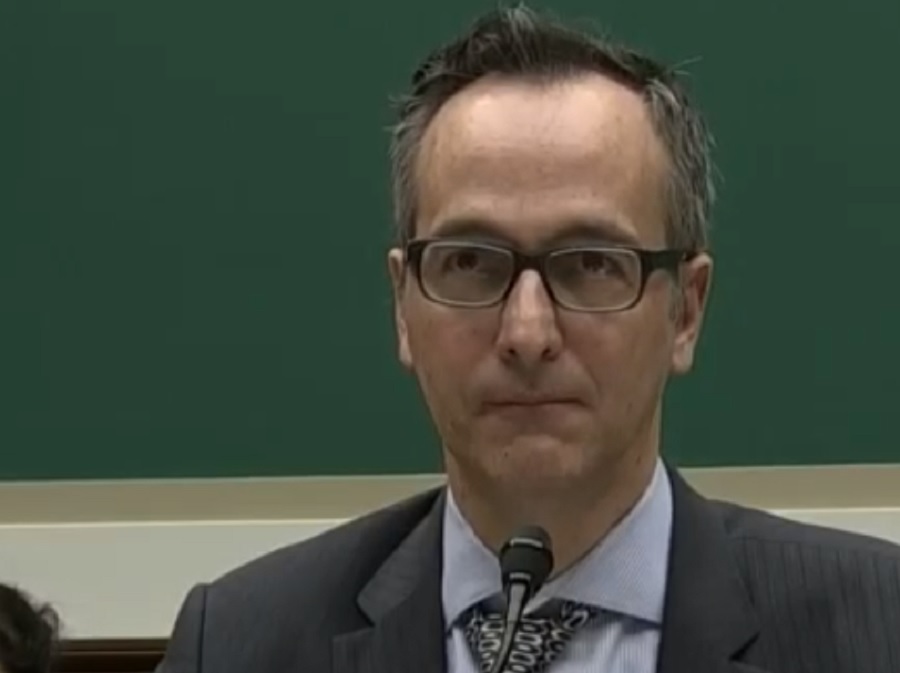
Congress Revises Broadband DATA Act, New Jersey Has Best Internet, Bills Targeting Big Tech
The House of Representatives passed a revised version of the Broadband Deployment Accuracy and Technological Availability (DATA) act on Tuesday to the applause of many broadband advocacy groups. If signed into law, the DATA act would establish more rigorous rules for the Federal Communication Commis

Broadband Roundup: Time for Telemedicine, Brendan Carr on Alleged Platform Bias, Mobile Privacy Fines
Telecommuting and telemedicine are beginning to be discussed as potential remedies to the damage being done by the novel coronavirus, COVID-19. A New York Times op-ed by Nicholas Kristof questions U.S. leadership’s response to coronavirus, and also wonders if “this is a time to develop telemedicine”

Broadband Roundup: Justice Clarence Thomas Expresses Regret on Brand X, Clearview AI Hacked, Online Privacy Act
In the seemingly never-ending debate over whether broadband classifies as a Title I information service, or a Title 2 telecommunications service, Supreme Court Justice Clarence Thomas regrets his ruling in 2005 that “gave federal agencies extensive power to interpret U.S. law,” reports Jon Brodkin f

To Comply with State Privacy Laws, Companies Ironically Need More Data
WASHINGTON, February 12, 2020 – As states draft and pass state-wide privacy laws, company compliance becomes increasingly “untenable,” said Konture Technology Services President Scott Crespo at a privacy event held Wednesday by CompTIA. Crespo helps companies of varying sizes meet privacy laws, a jo
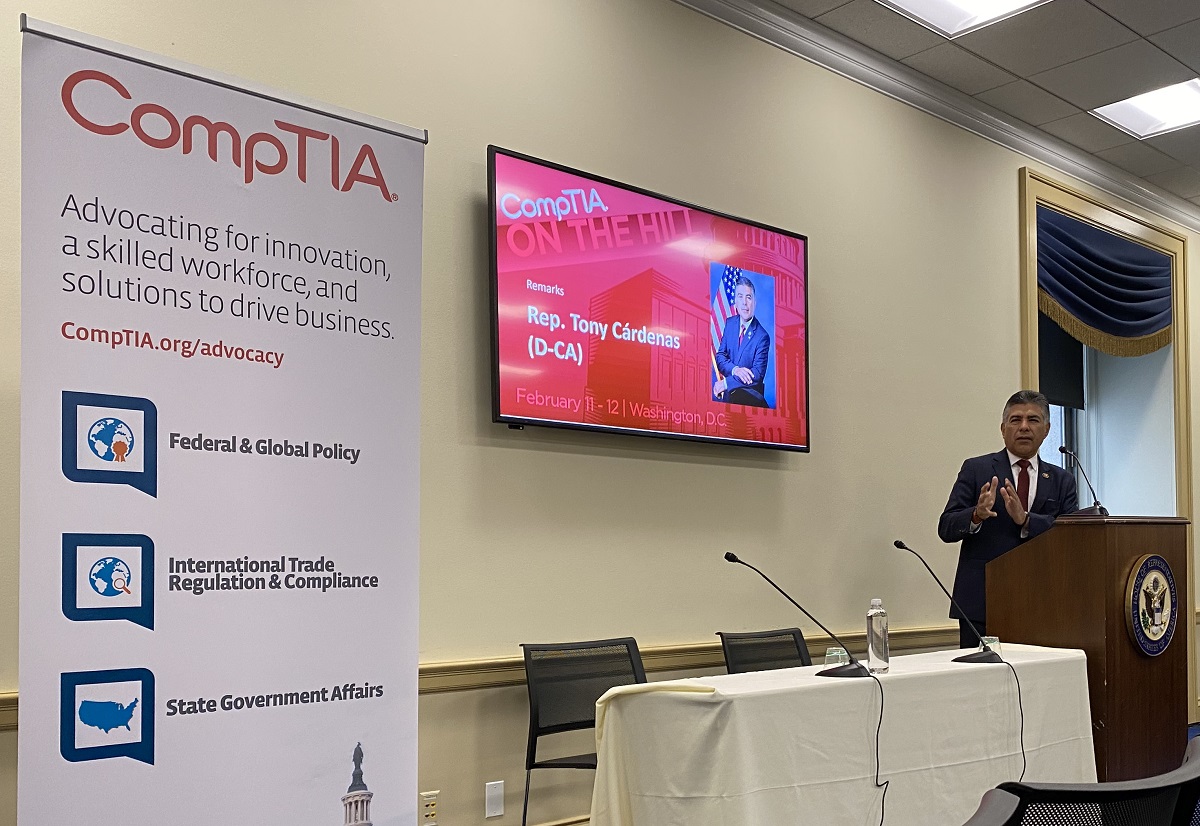
Pro-Technology Advocates Change More Minds than their Anti-Tech Counterparts During Silicon Flatirons Debate
Pro-tech advocates changed more minds than their anti-tech counterparts at a Silicon Flatirons debate on Sunday. Pro-tech and anti-tech advocates engaged in an Oxford-style debate at the Silicon Flatirons conference, “Technology Optimism and Pessimism” at the University of Colorado at Boulder. Both
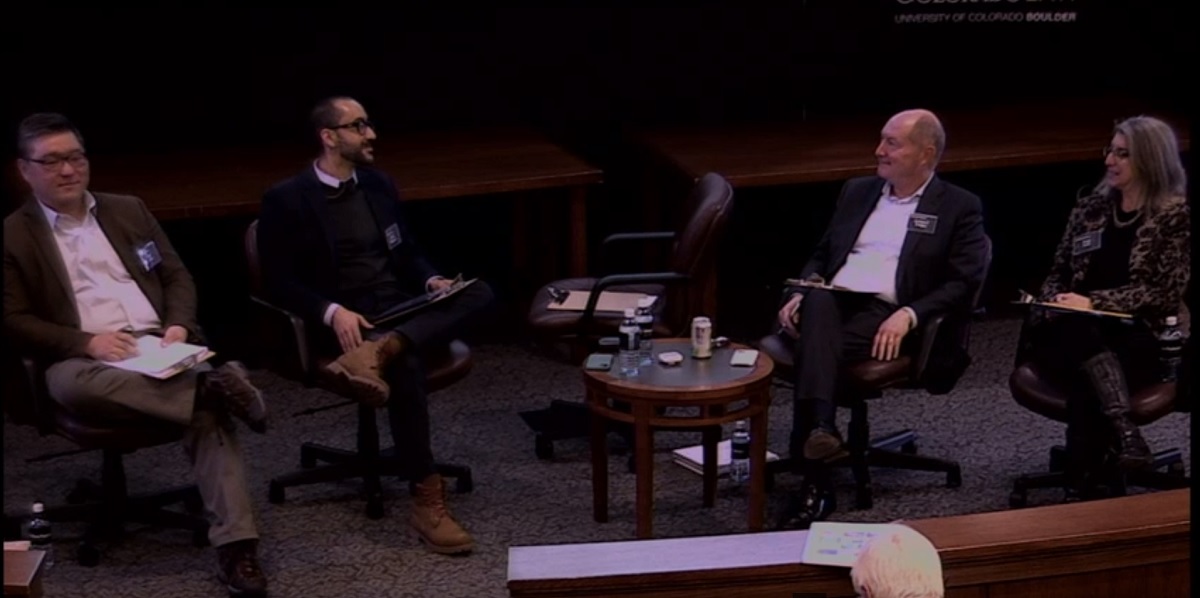
Broadband Roundup: Judge Approves T-Mobile/Sprint Deal, New York Times on Facial Privacy, CBRS Decision Coming
A New York federal court on Tuesday refused to block the planned $56 billion merger between T-Mobile and Sprint, Law360 reports, rejecting a challenge by 14 state attorneys general to the deal. U.S. District Judge Victor Marrero issued an order siding with the companies, and with the U.S. Justice De
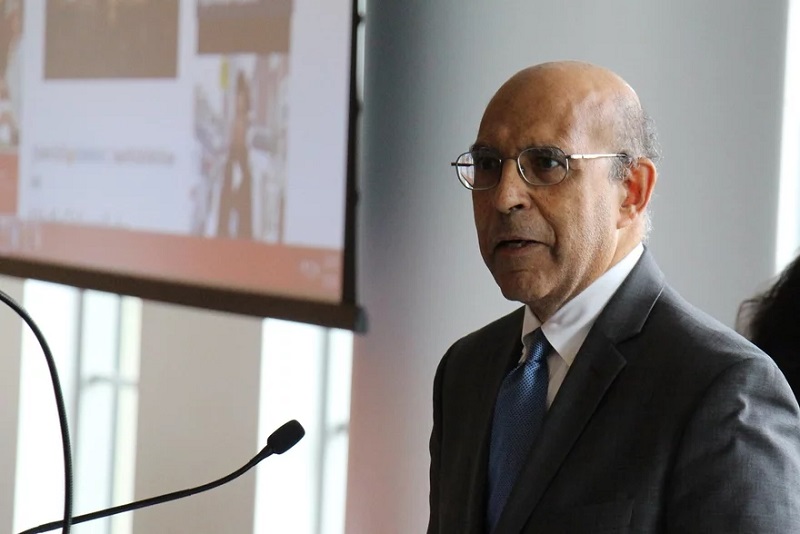
European Union’s General Data Protection Regulations Are Beginning to Bite Tech and Telecom Companies Globally
WASHINGTON, February 5, 2020 – Fines under the European Union’s General Data Protection Regulation follow patterns, some predictable and others less so, according to a presentation by lawyers Dan Cooper and Nicholas Shepherd of Covington and Burling. The GDPR went into effect summer of 2018, and so
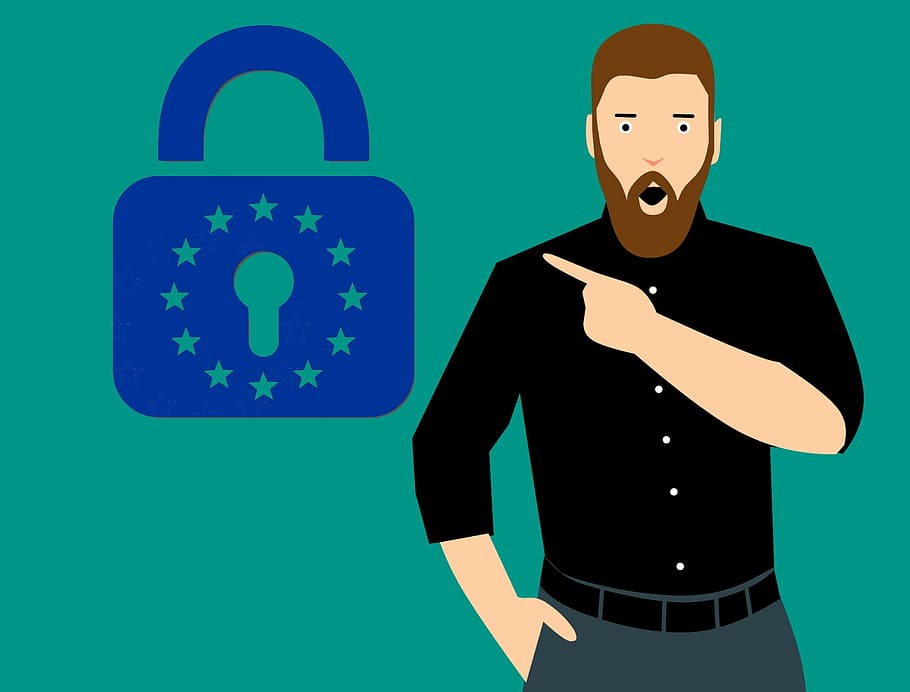
Advocates for Cities Say They Are More in Touch with the Privacy Views of Americans Than the Federal Government
WASHINGTON, January 30, 2020 – Even though broadband is often considered a part of interstate commerce, city leaders need to take gaps in the law into their own hands by legislating on broadband topics, said panelists at a session on cities and states at the State of the Net conference on Tuesday. P

Broadband Roundup: Mayor Pete Makes Trillion-Dollar Infrastructure Bid, USDA ReConnect Grants Announced, US Telecom and Robocalls
Presidential hopeful and former South Bend Mayor Pete Buttigieg released a $1 trillion dollar infrastructure plan that he says will create millions of jobs, reports The Hill. Buttigieg’s infrastructure plan focuses on changes at the community level, including “expanding and repairing road and public
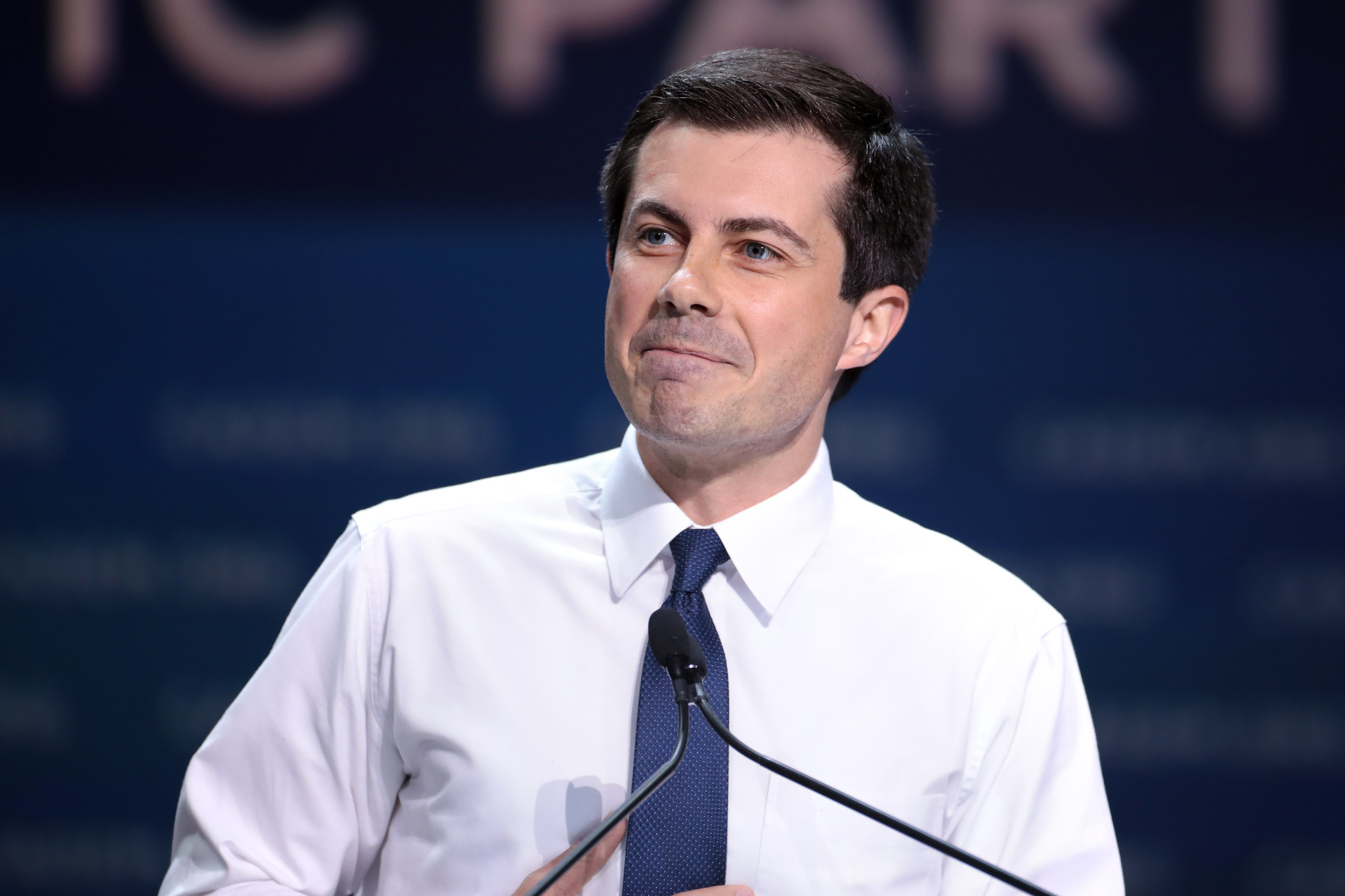
Panelists Call Federal Privacy Legislation Necessary and Express Optimism Toward That Goal
WASHINGTON, January 29, 2020 – Federal privacy legislation is necessary to ensure standardization of legal treatment, technology experts said Tuesday at the 2020 State of the Net conference. On a panel on “Privacy and Preemption” at the annual tech policy gathering, speakers acknowledged the role of
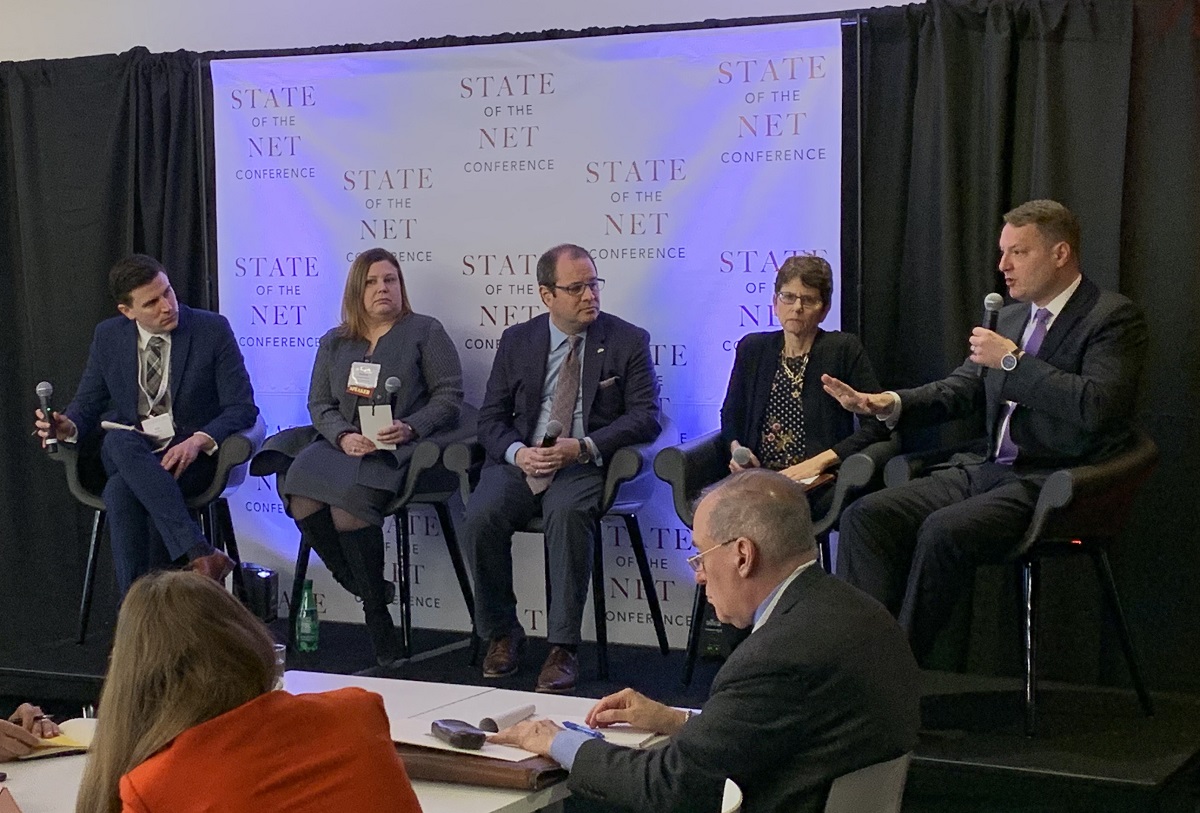
U.S., Australian and British Law Enforcement and High Tech Advocates Debate Access to Encryption
WASHINGTON, January 28, 2020 – Proponents of the high tech industry and law enforcement officials from several countries squared off, with fundamental disagreements about whether catching thousands of pedophiles or securing billions of people’s data represented the greater good. Researcher at the MI
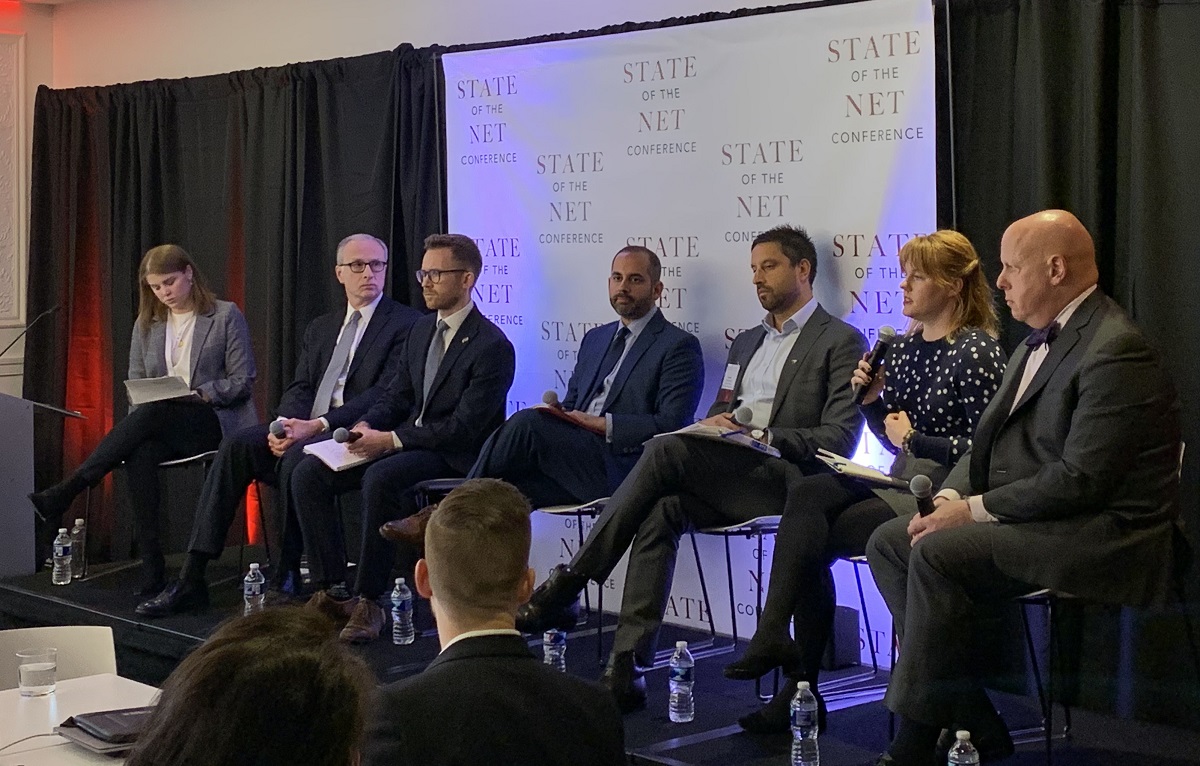
Panelists Debate Federal Role in Digital Privacy, But Agree Upon Need to Minimize Algorithmic Bias
WASHINGTON, January 24, 2020 – Panelists at a Next Century Cities event on Thursday clashed on the appropriate federal role in the regulation of digital privacy, but generally agreed on the importance of minimizing algorithmic bias in targeting a particular racial or ethnic group. The panel began wi
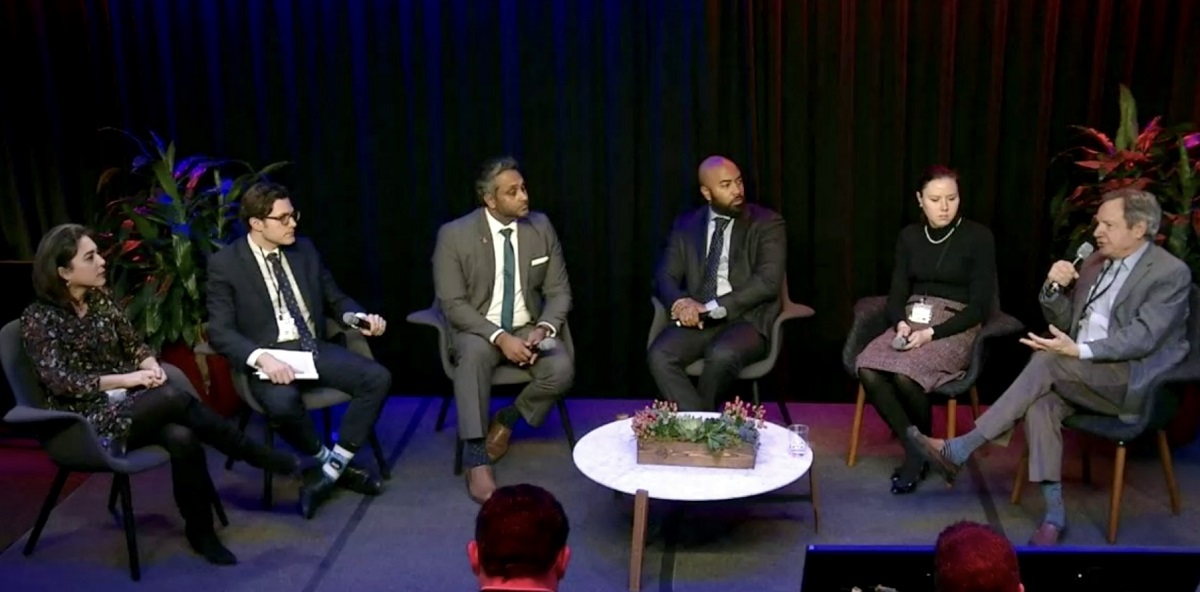
FTC Settlement with YouTube Has Creators Upset and Worried About FTC Approach to Children’s Privacy
WASHINGTON, January 14, 2020 – Google’s decision to require all content creators for YouTube to designate whether their videos are intended for children is negatively impacting online free speech, a bevy of influencers said at a TechFreedom event on Monday. The market-oriented non-profit organized p
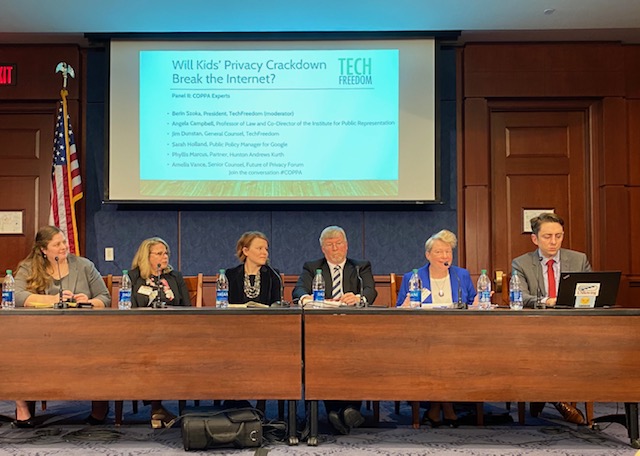
Federal Trade Commission Chair Joseph Simons Talks Competition, Seeks Modern Privacy and Consumer Protection Statue
Federal Trade Commission Chairman Joseph Simons on Tuesday talked up the role of competition, and his agency’s role in enforcing it, at a CES 2020 Event with the Consumer Technology Association in Las Vegas. In a question and answer session with CTA CEO Gary Shapiro, Simons stressed the FTC’s dual f
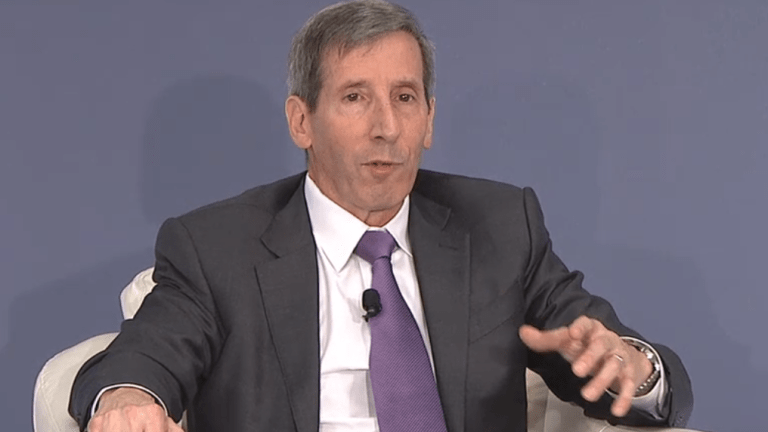
Lawmakers, Prosecutors and Big Tech Companies Spar at Senate Hearing Over Unlocking Encryption
WASHINGTON, December 11, 2019 – Lawmakers remain concerned about law enforcement’s inability to access highly encrypted devices for investigations. Tuesday’s Senate Judiciary Committee hearing questioned some representatives from big tech on the matter. This isn’t going to be a world where social me
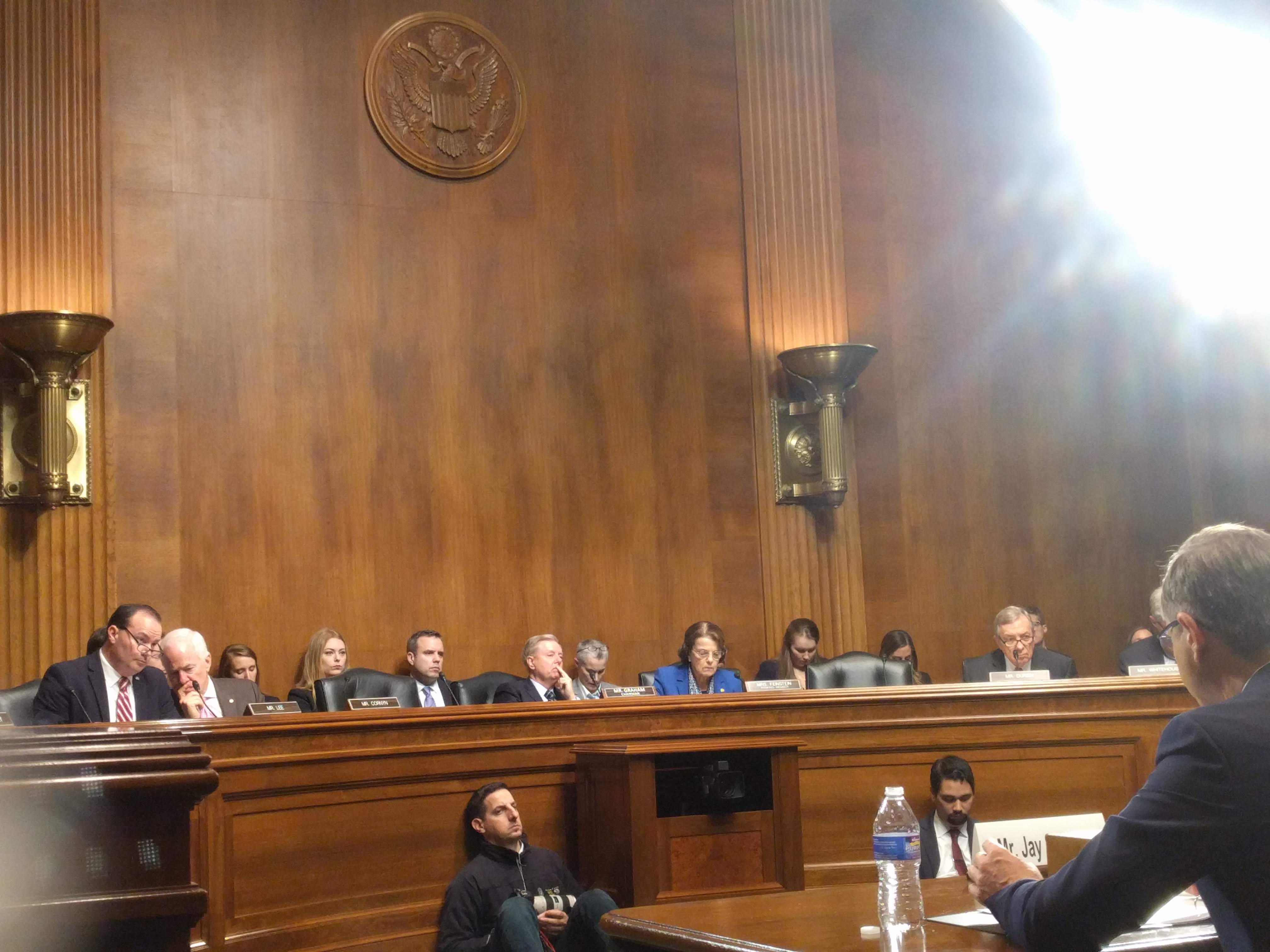
The California Consumer Privacy Act Lets People Know What Information is Collected, But Can’t Stop It
WASHINGTON, November 20, 2019 – At its core, the California Consumer Privacy Act is a law that allows individuals to know how their personal information is used by companies, but does not protect that information from being used, legal experts said at a Federal Communications Bar Association panel T
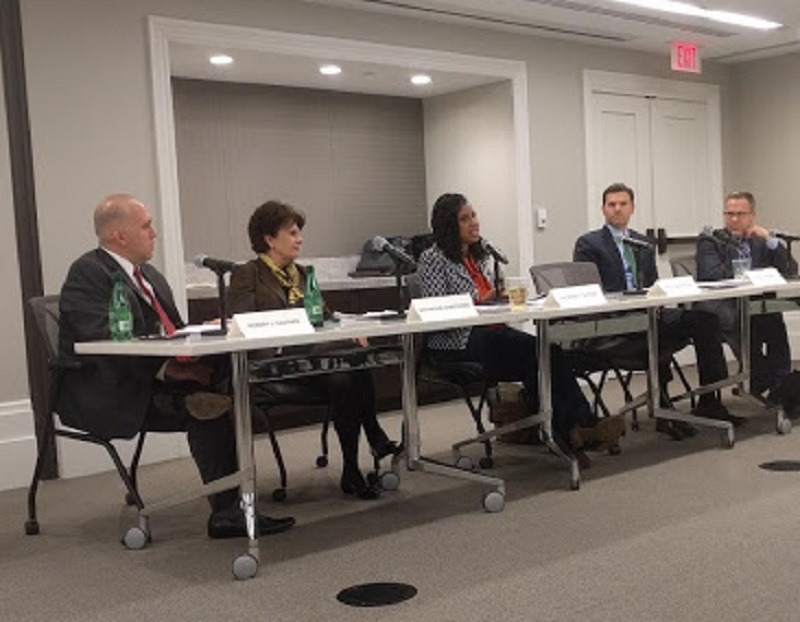
New Hampshire Plans a Broadband System, Microsoft on Californian Privacy, and Google Collects Medical Data
New Hampshire state legislature is in the works of forming a bill authorizing multi-town districts for the purpose of establishing a broadband system, Government Technology reports. Although the bill has yet to be finished, said State Sen. Jeanne Dietsch, its framework will help the smallest towns t

As Technology Enables Employer Mass-Surveillance, Activists Say Current Privacy Laws Benefit the Wealthy
WASHINGTON, November 7, 2019 – The poor and working classes are most concerned about privacy and surveillance, yet current privacy laws ultimately benefit the wealthy, experts say at a Georgetown University Law Center Thursday. The event highlighted how marginalized groups are monitored, both physic
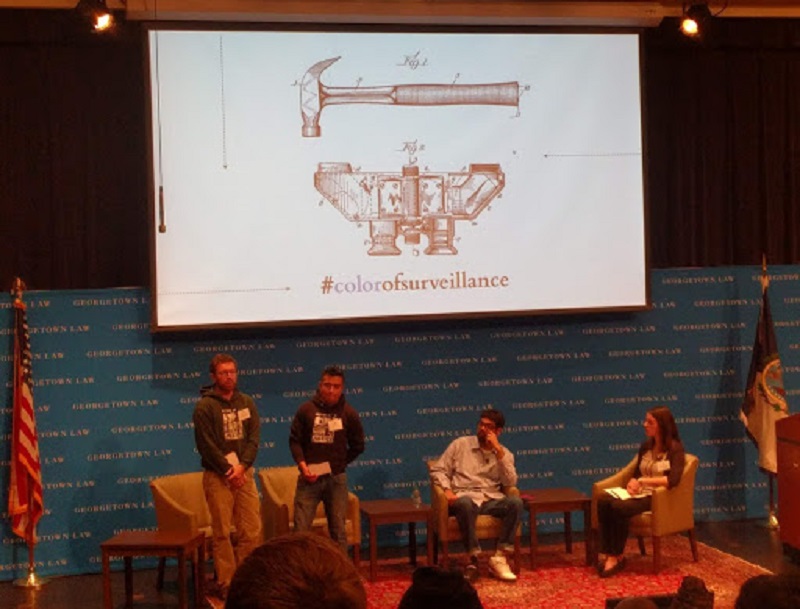
Republican and Democratic Senators Agree that Big Tech is Hoarding the Value of Consumers’ Digital Data
WASHINGTON, October 25, 2019 – A growing bipartisan consensus emerged from a Thursday Senate Banking Committee hearing that technology companies are improperly extracting the bulk of the value of consumers’ online digital data. Private companies are collecting and analyzing individual data for all k
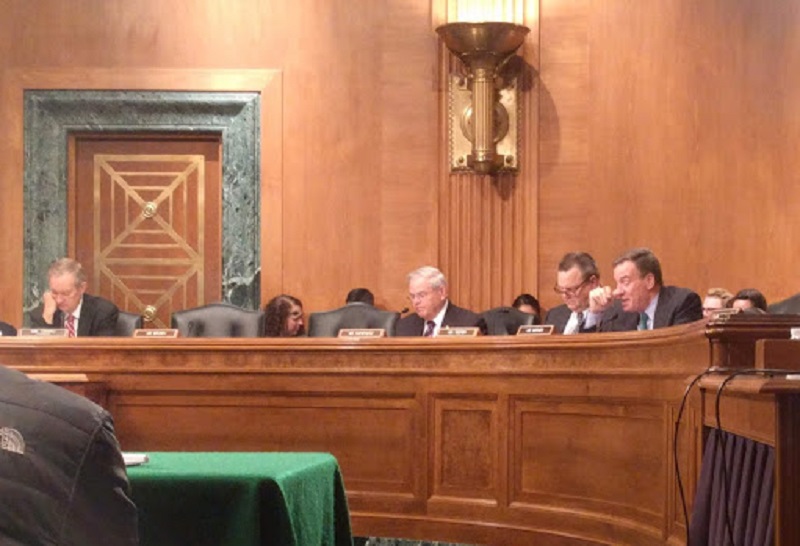
Facebook CEO Mark Zuckerberg to Tell Congress that Its Cryptocurrency Promotes Financial Inclusivity
WASHINGTON, October 22, 2019 – Facebook CEO Mark Zuckerberg will be in the spotlight again on Wednesday, when he is scheduled to testify before the House Financial Services Committee Wednesday about the Libra cryptocurrency project. The hearing will follow-up to Libra Co-Creator David Marcus’ congre
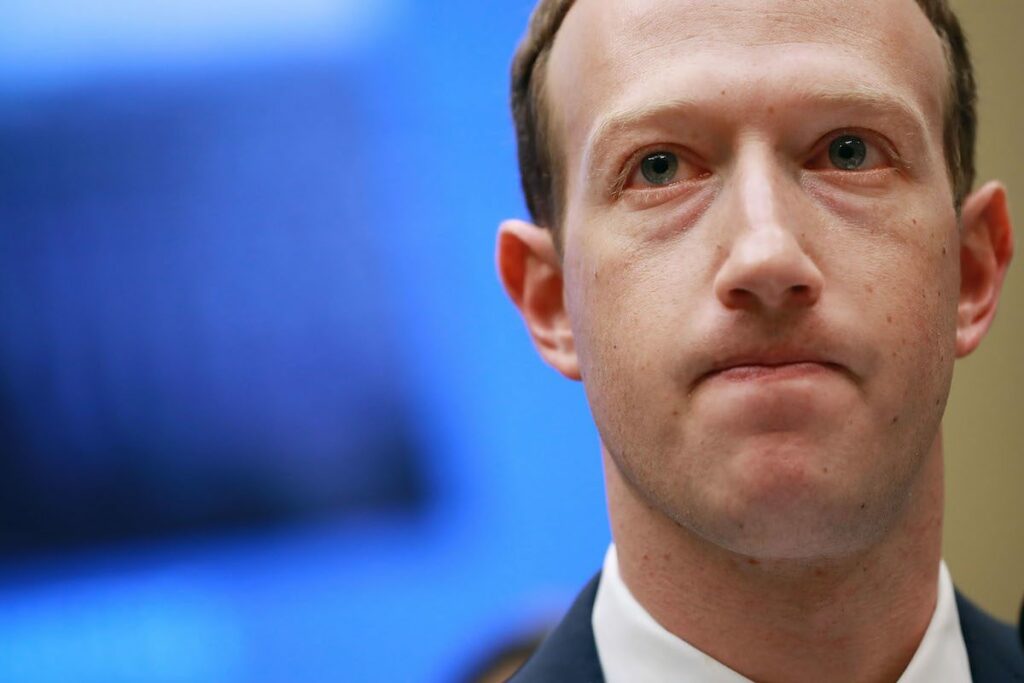
Big Tech Gets a Big Lashing by Democratic Presidential Candidates, on Antitrust, Section 230 and Data Privacy
Big technology companies were a big target during Tuesday night’s debate in Ohio of the leading Democratic presidential candidates. No new candidate joined Massachusetts Sen. Elizabeth Warren’s pledge to break up Facebook, Amazon and Google, with the possible exception of billionaire climate activis
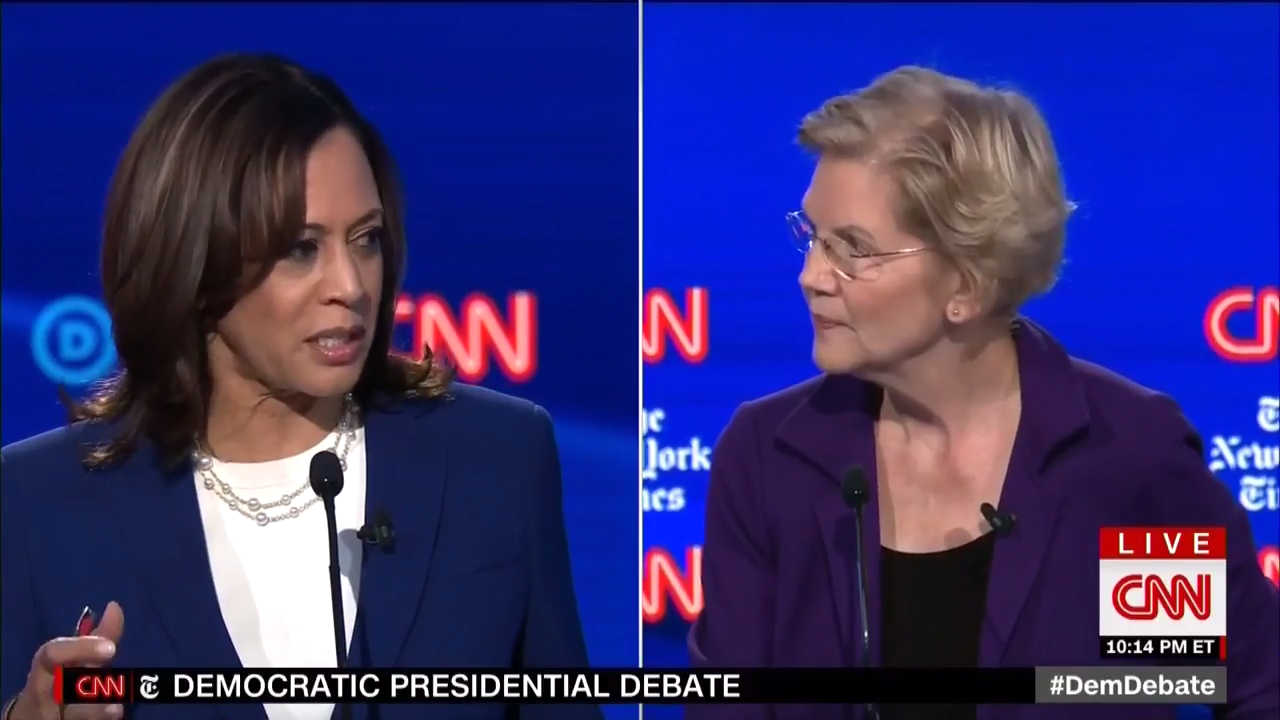
Broadband Roundup: Two Separate State Antitrust investigations of Google and Facebook, and Broadband Mapping
Two separate bi-partisan groups of state attorneys general on Friday confirmed that they are launching antitrust investigations into tech giant companies Google and Facebook. New York Attorney General Letitia James, a Democrat, on Friday announced that she and eight other state attorneys general wil
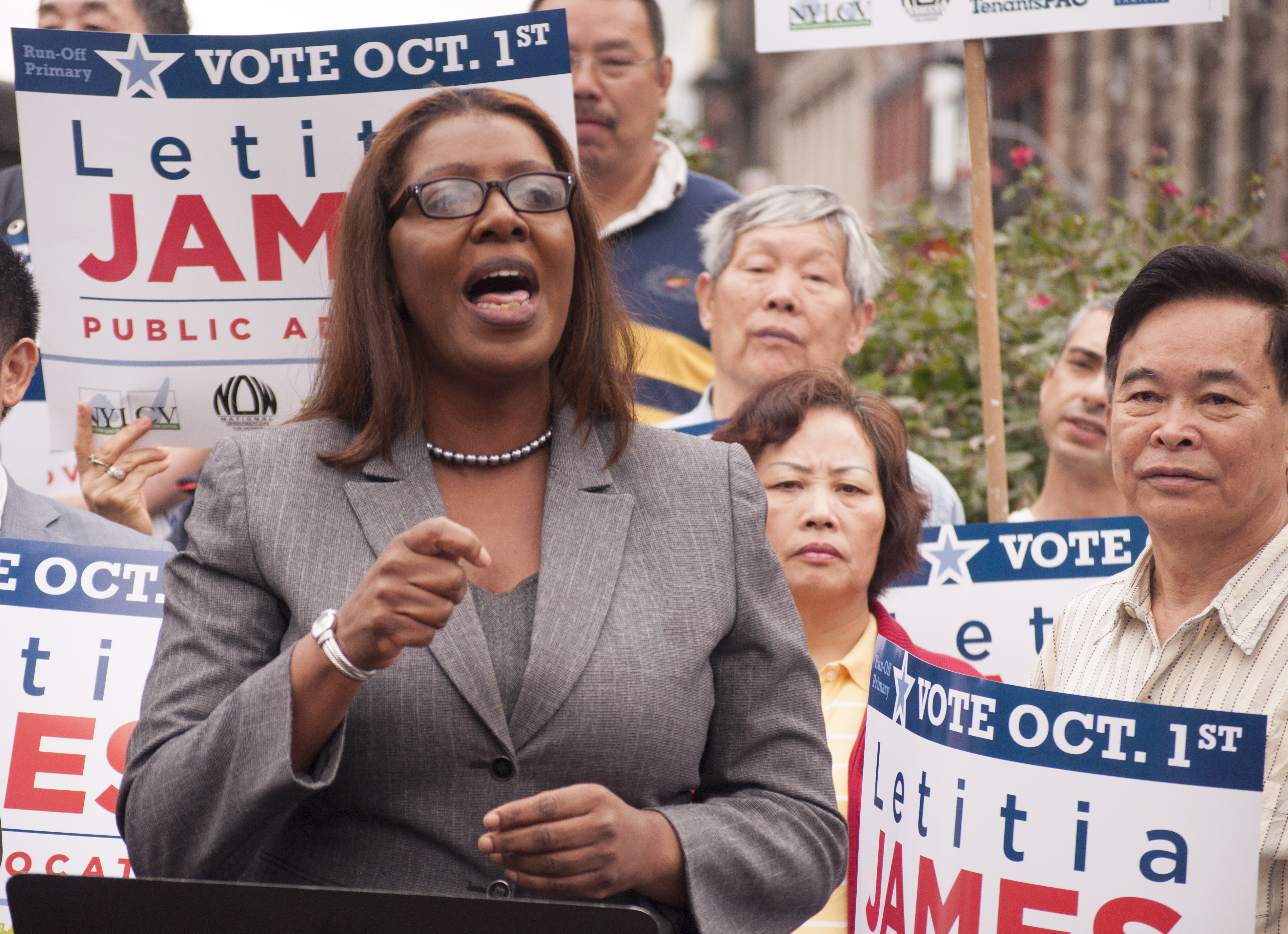
Comparing Privacy Policies for Wearable Fitness Trackers: Apple, Fitbit, Xiaomi and Under Armour
WASHINGTON, September 6, 2019 – Wearable fitness trackers are just another way of monitoring personal data. Yet the market for wearables is booming, because people want to optimize their fitness routines through self-monitoring of vital signs. Aside from personal use, fitness tracker data is valuabl

Ranking Digital Rights Project Seeks to Compare Privacy and Free Expression by Big Tech and Internet Companies
WASHINGTON, September 5, 2019 – In the context of the increasing scrutiny faced by global technology and internet companies, the think tank New America has taken a stab at producing a comprehensive overview of how these powerful and influential global companies address and respect users’ privacy, tr

Trump Delays 10 Percent Tariff on Chinese Tech Goods, Buttigieg on Broadband, Facebook Eavesdropping
The Trump Administration on Tuesday decided to delay a new 10 percent tariff for Chinese goods such as laptops and other electronics, Law360 reported. Any other products will have a tariff imposed beginning in September. The decision to delay tariffs stems from importers who warned that expanding th
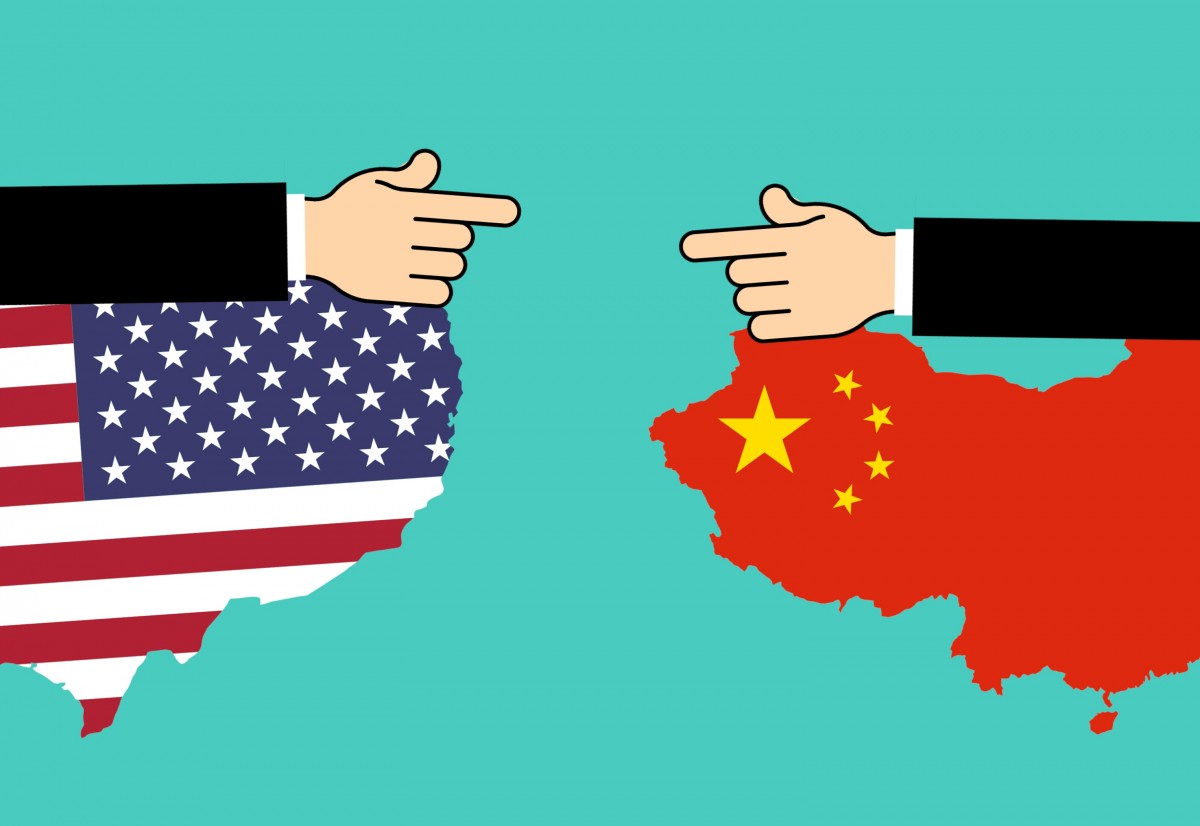
Public Knowledge Blasts Latest Privacy Meltdown, This One at Instagram Affiliate Hyp3r
WASHINGTON, August 8, 2019 – News of another data breach at Facebook marketing partner Hyp3r on Thursday prompted more demands for federal privacy legislation. According to the non-profit group Public Knowledge, Hyp3r collected public records of Instagram users’ geolocation, personal bios, followers

Bipartisan Committee Leadership Calls to Remove Tech Immunity From U.S.-Mexico-Canada Agreement
WASHINGTON, August 6, 2019 — The United States should be cautious about including language similar to the Communication Decency Act’s Section 230 in trade agreements, wrote two members of the House Energy & Commerce Committee in a letter to U.S. Trade Representative Robert Lighthizer. Article 19.17
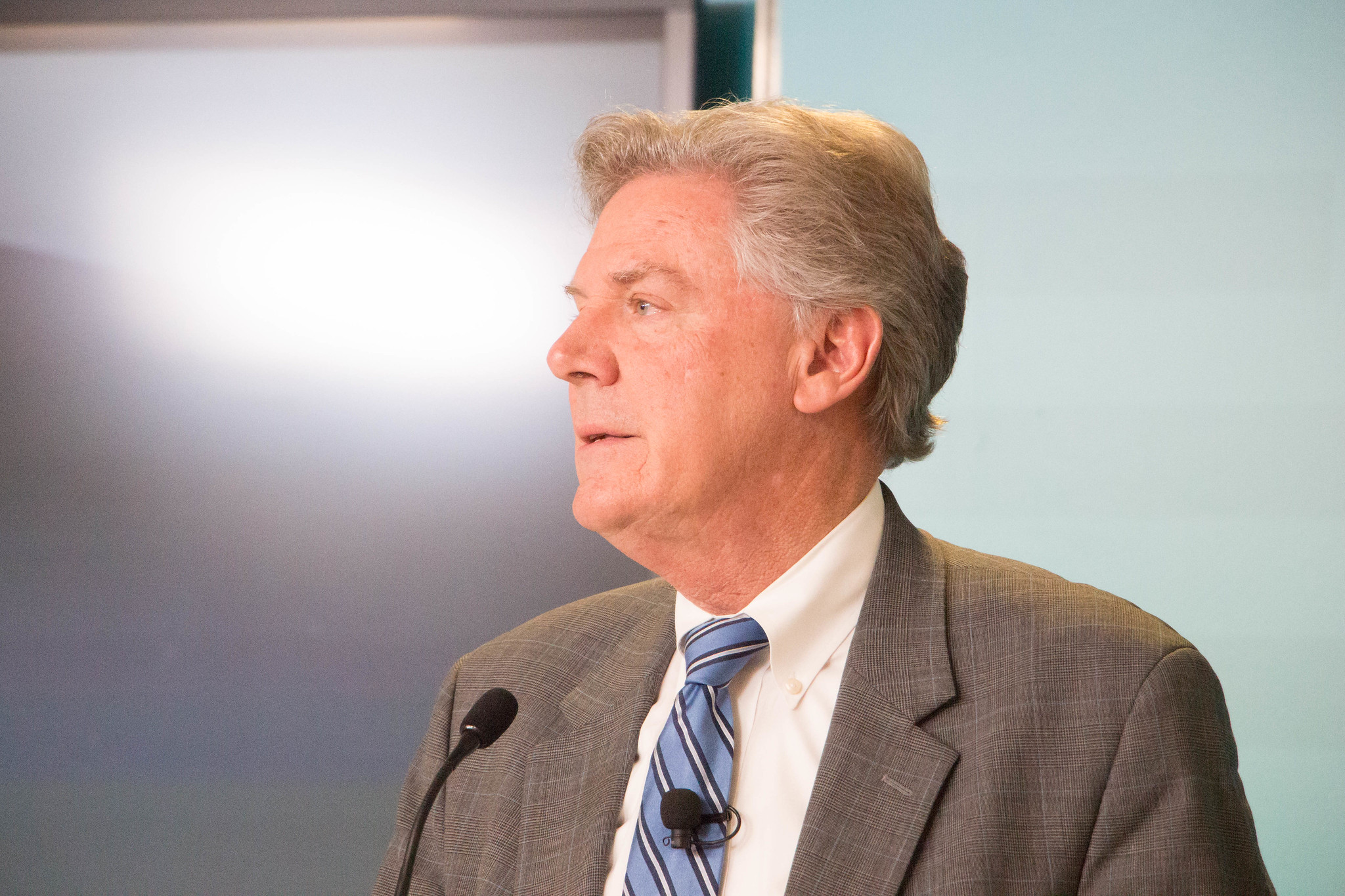
Poorly Executed Federal Privacy Law Could Cost U.S. Economy $122 Billion Annually, Says ITIF
WASHINGTON, August 6, 2019 – If not properly executed, a federal privacy law could cost billions, according to a report released Monday by the Information Technology and Innovation Foundation. Legislation that mirrors many of the key provisions in the EU’s General Data Protection Regulation or Calif

Millennials Do Value Privacy, and Congress Should Pass Federal Privacy Legislation, Says Rick Boucher
WASHINGTON, July 30, 2019 – Disputing the stereotype that the “millennial” generation doesn’t value privacy as much as their elders do, former Rep. Rick Boucher, D-Va., said that the result of a recent survey on attitudes about privacy suggest that it’s time for Congress to act on privacy legislatio
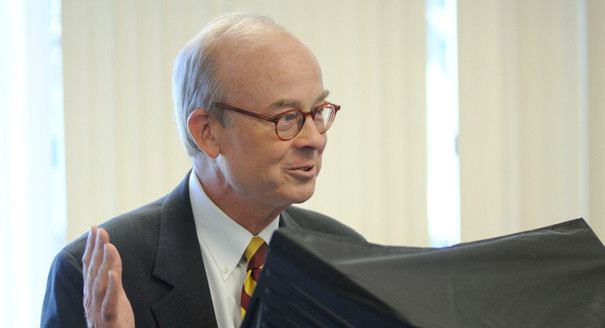
Big Tech and Big Data Make Privacy Law An Important New Topic for Antitrust Enforcement
WASHINGTON, July 30, 2019 – Privacy legislation and antitrust action don’t normally get discussed together. Yet as big tech firms are increasingly under fire from competition authorities, privacy law becomes a potential tool against social media and search engine giants. At FiscalNote’s Privacy and
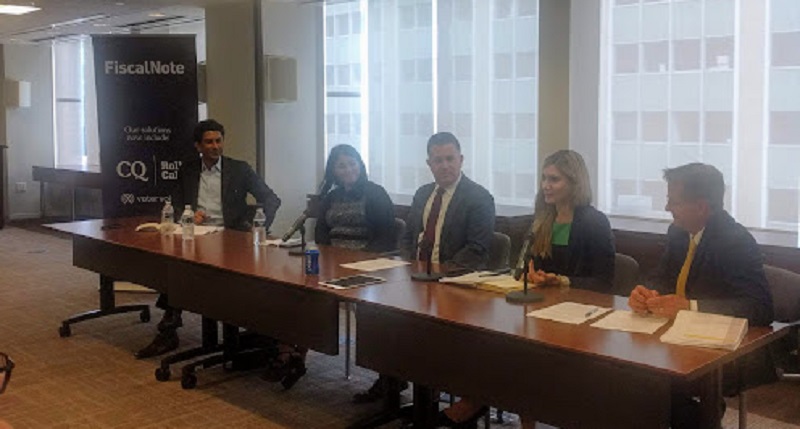
‘Like’ Button Liability, the Fight Against ‘Addictive’ Social Media, Defending PEG Media
Third party websites that use Facebook’s “Like” button can be held liable for processing personal user data and transmitting it to Facebook, according to the European Union’s top court. The owner of a website can be held jointly responsible for “the collection and transmission to Facebook of the per
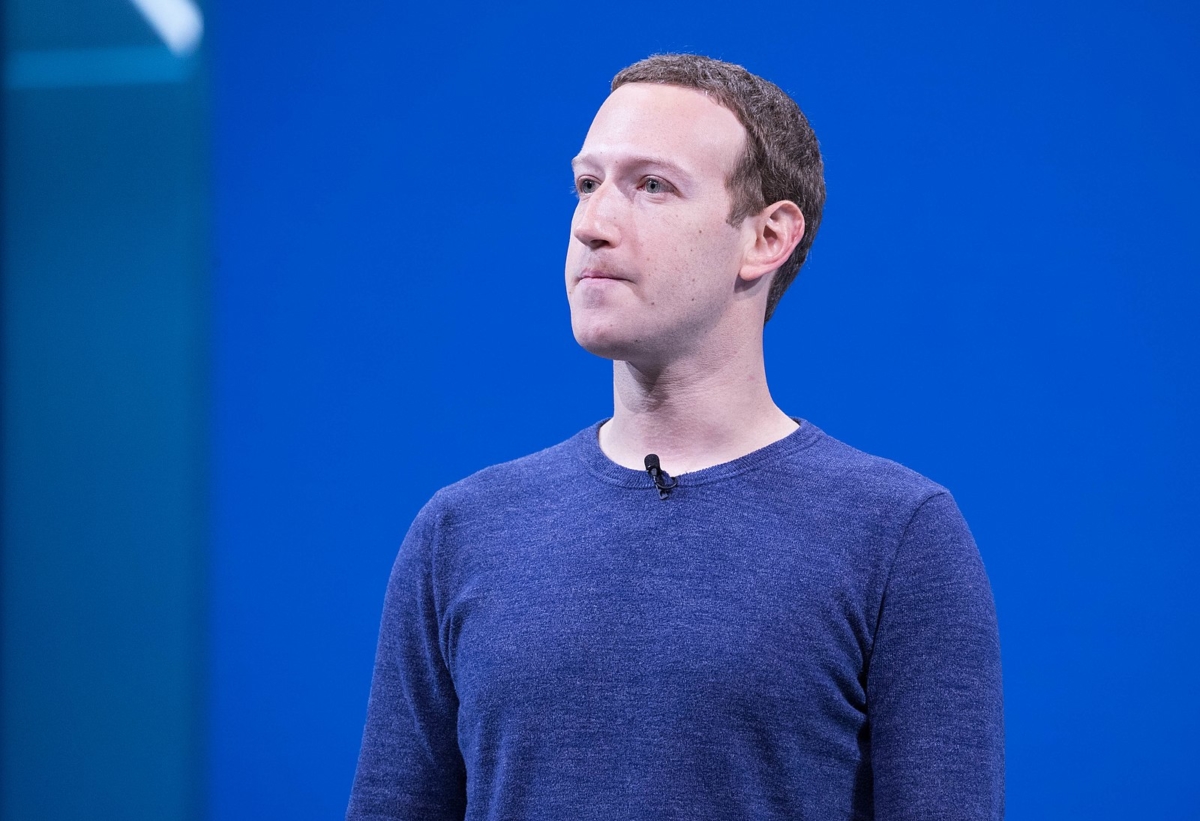
Justice Department Settles with T-Mobile/Sprint, with Dish Market Entry; Siri Eavesdropping
The Department of Justice announced Friday that it and the Attorneys General for five states reached a settlement with T-Mobile and Sprint regarding their proposed merger. The settlement requires a substantial divestiture package in order to enable a viable facilities-based competitor to enter the m
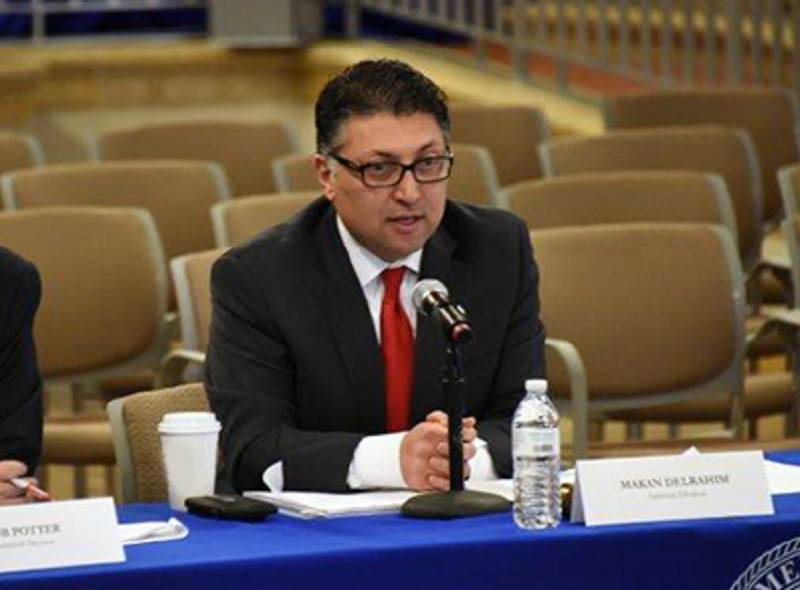
Law Enforcement and Advocates of Facial Recognition Technologies Battle Misconceptions
WASHINGTON, July 24, 2019 – Experts in law enforcement and privacy came together at the Information Technology and Innovation Foundation on Wednesday to debunk common assumptions of how officials use facial recognition. For law enforcement to properly meet the needs of the community, they we must ma
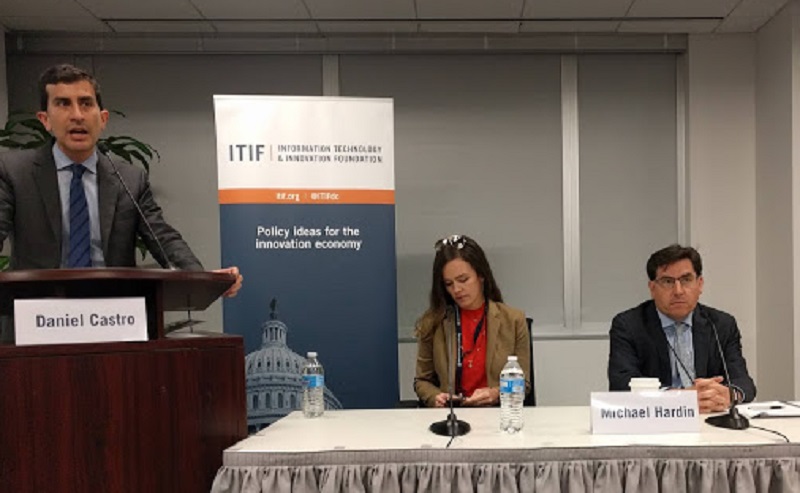
Historic Facebook Settlement Criticized for Ineffectiveness; FTC Calls For Federal Privacy Law
WASHINGTON, July 24, 2019 — The Federal Trade Commission announced on Wednesday details of its $5 billion settlement with Facebook over privacy violations such as the Cambridge Analytica scandal. In addition to the fine, the company will have to provide quarterly compliance reports and form an indep
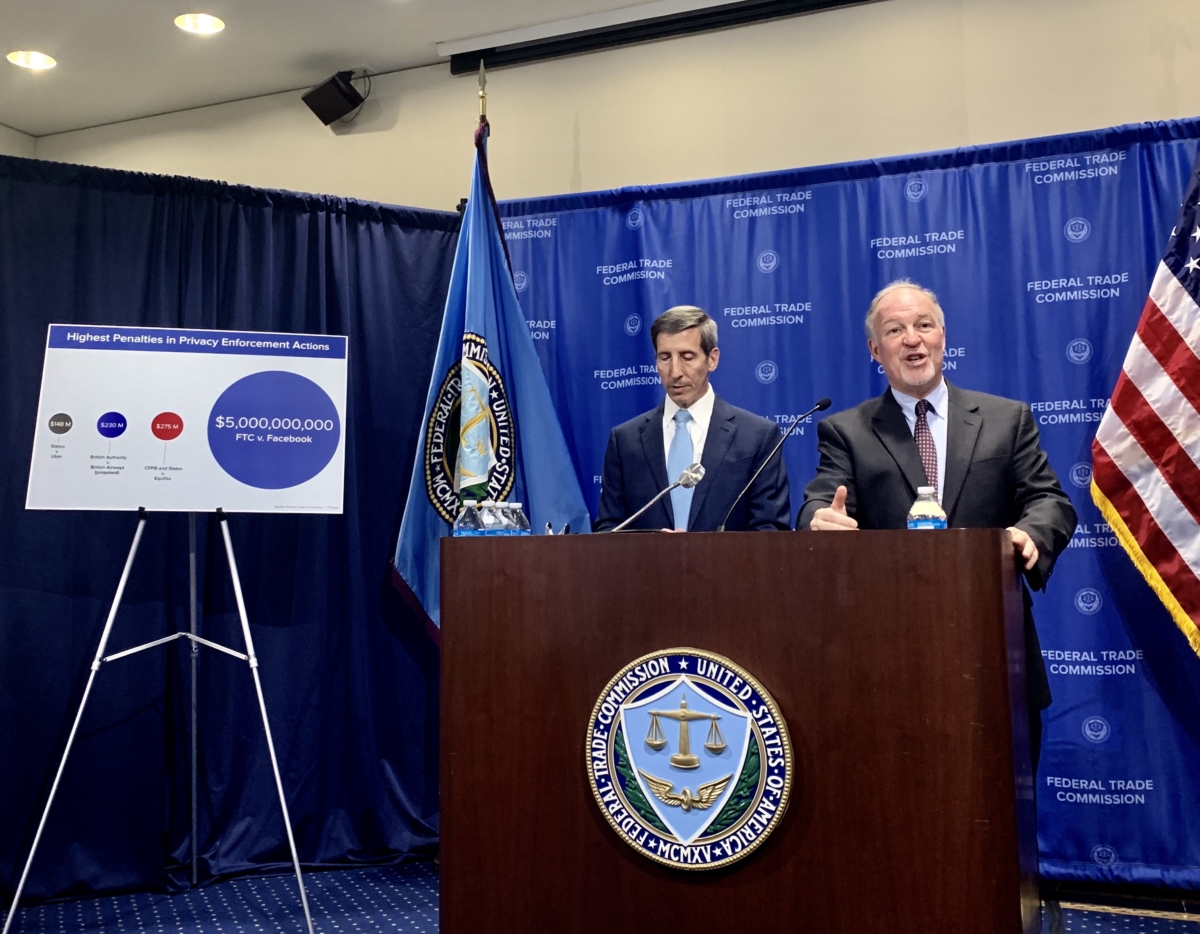
Muni Broadband Fare Well in PCMag Study, CenturyLink Intercity Fiber, Facebook and Kids’ Privacy
Locally-run internet service providers offer better broadband than their private sector counterparts, according to a recent study by PCMag. The data shows that six of America’s ten fastest ISPs either involve some form of public-private partnership or were run directly by a local community. “Local n

New Bill Banning Facial Recognition Technology in Public Housing Aims to Protect Vulnerable Communities
WASHINGTON, July 24, 2019 — As concern about smart home technology grows, three progressive representatives are planning to introduce a bill this week to ban facial recognition technologies from public housing. “Surveillance technology is often used to track and control vulnerable communities, parti

California Business and Its Privacy Act, Trump and Silicon Companies, C-Band Spat
California businesses and legislators are pushing to change the California Consumer Privacy Act, San Francisco Chronicle reports. Dirk Lorenz, owner of Fremont Flowers, said that the law will affect not only big tech firms, but small businesses as well. “It’s going to cost a good deal of money,” he
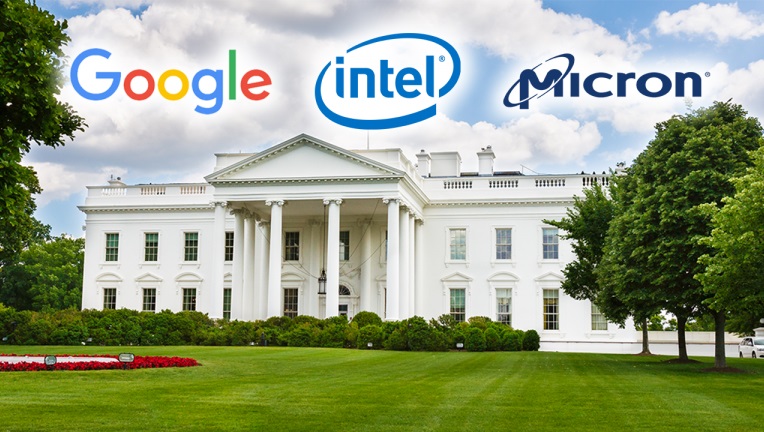
Maps Still Inaccurate, YouTube Privacy Breach, and Commerce Department Dysfunction
On Thursday, Sen. Joe Manchin, D-W.V., sent a letter to Federal Communications Commission Chairman Ajit Pai urging the agency to utilize public input to fix broadband coverage maps. “The FCC’s maps are still woefully inaccurate, and they are hurting the economy and the people of West Virginia,” said
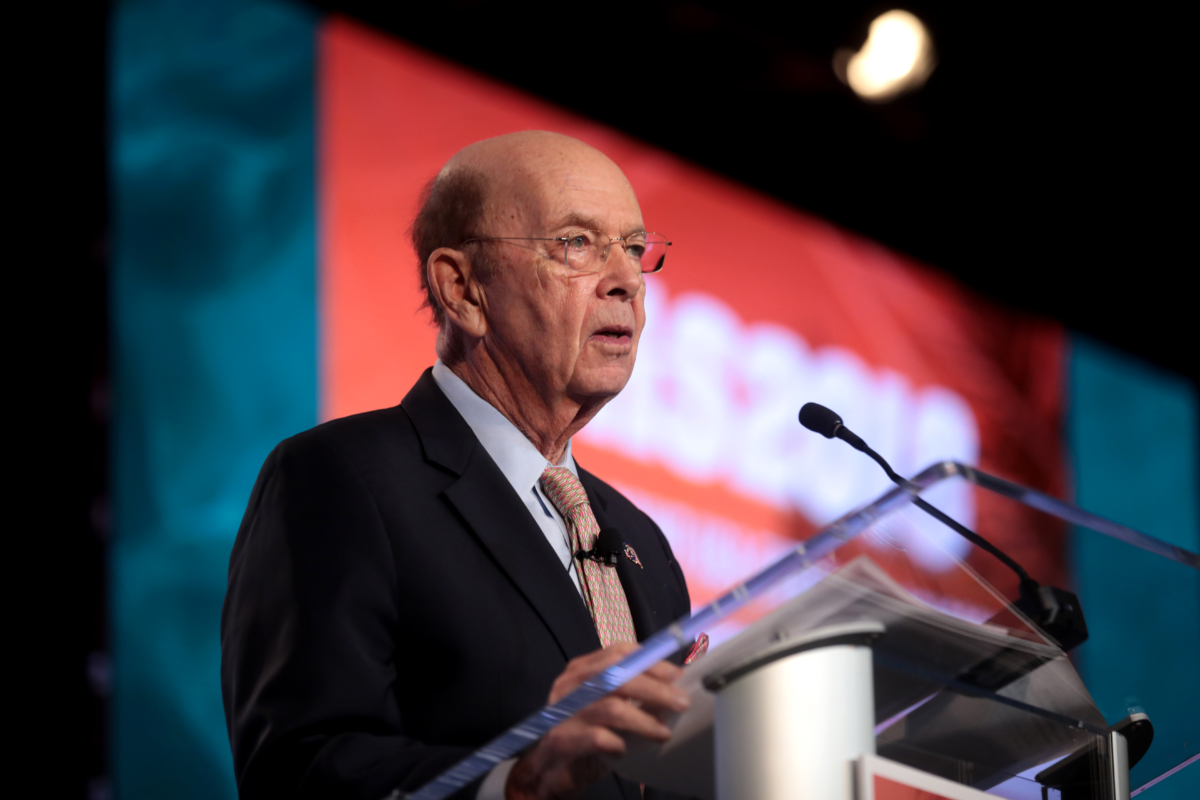
Venture Fund Investments, Prime Day Privacy, and Cable Growth
The Consumer Technology Association announced on Tuesday that it will invest in Harlem Capital Partners and SoGal Ventures as part of its $10 million commitment to venture firms and funds that invest in women, people of color, and other underrepresented entrepreneurs. Harlem Capital Partners is a mi
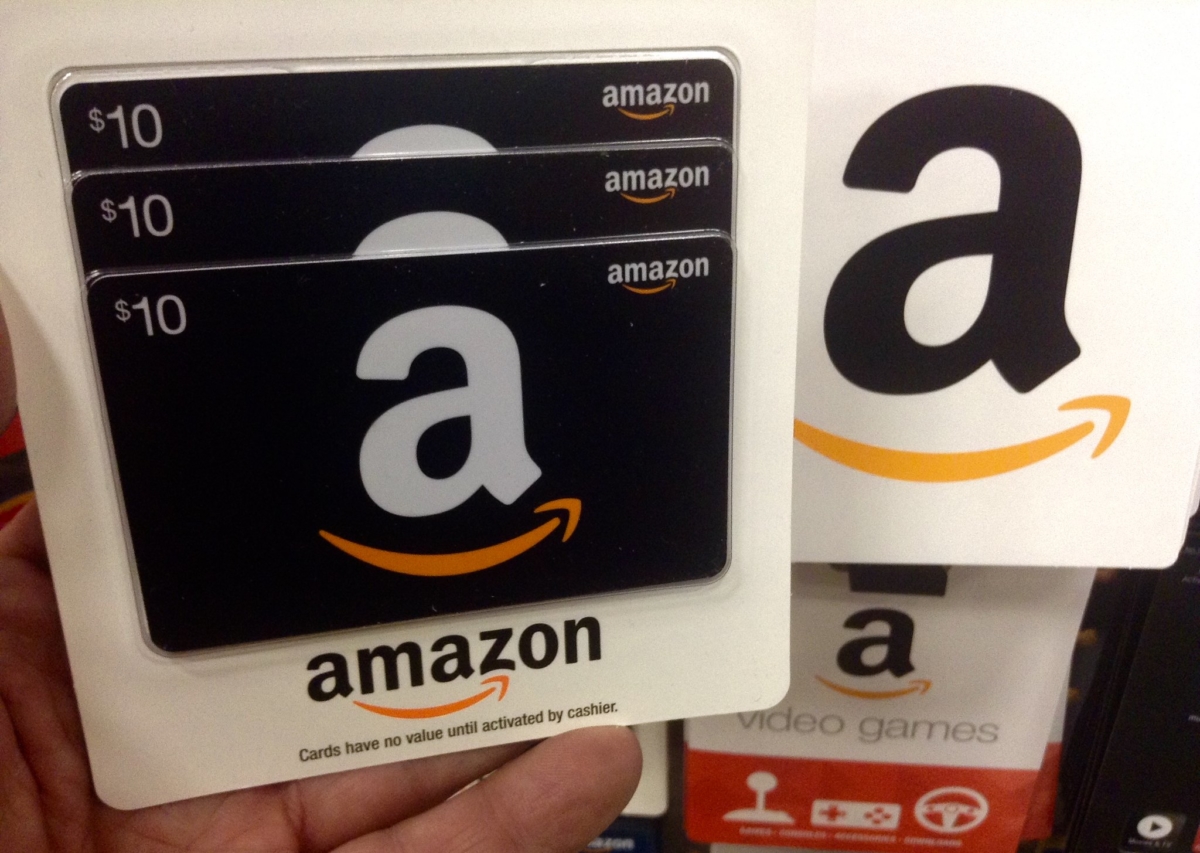
Geoff Mulligan: A ‘Dumb’ Way to Build Smart Cities
In every corner of the country and around the world, leaders are trying to make their cities “smarter.” These projects are often in response to specific and on-going demands — such as parking, overcrowding, noise, and pollution — while others have started to address broader goals — such as reduction

Democratic and Republican Representatives Agree on Need For Federal Privacy Law and Strengthening FTC
WASHINGTON, July 17, 2019 — The “honeymoon phase” of tech is definitely over. As a result, federal privacy legislation is essential. So said two prominent members of Congress – one Democrat and one Republican – at a Wednesday event hosted by Charter Communications and the Future of Privacy Forum on
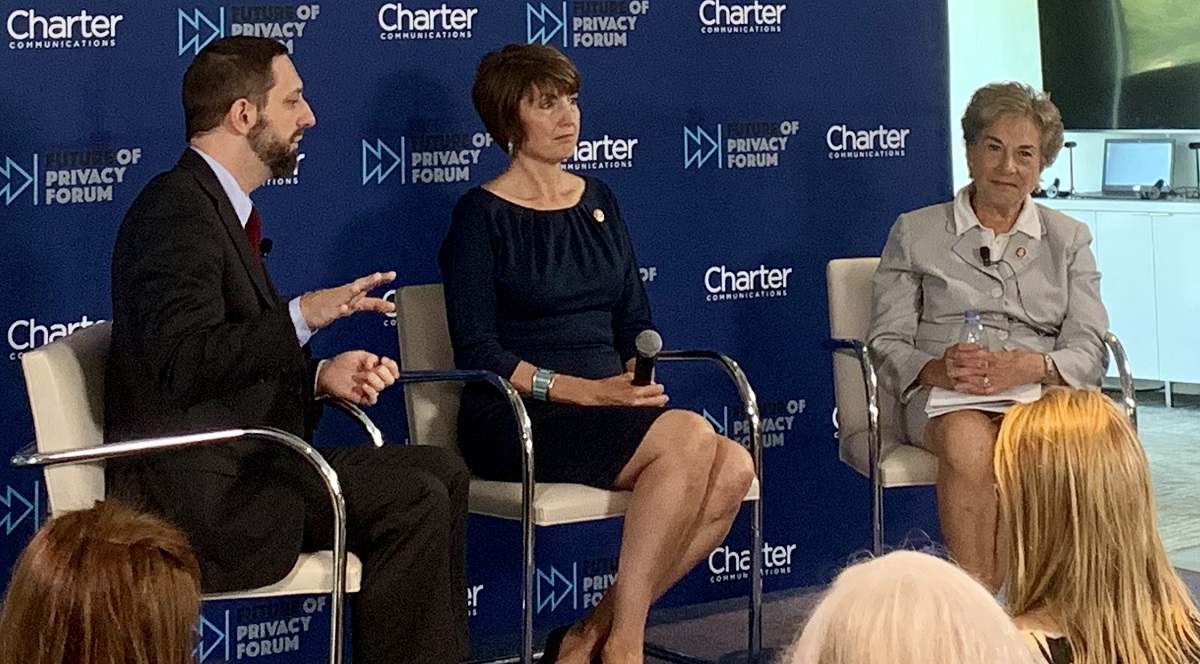
Electronic Frontier Foundation Lawsuit Against Mobile Data Collection, and Fort Collins Fiber Network
The Electronic Frontier Foundation announced Tuesday that it is filing a class action lawsuit on behalf of AT&T customers in California to stop the telecom giant and two data location aggregators from allowing third parties to access wireless customers’ real-time locations without authorization. The
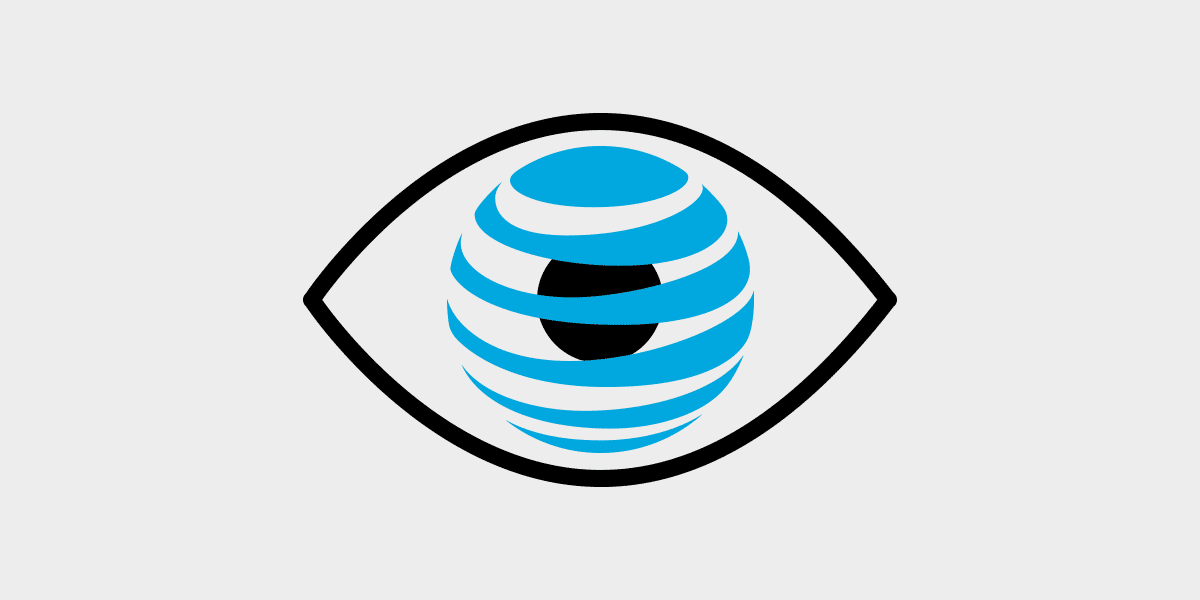
Some on Senate Banking Committee Concerned About Facebook’s Venture Into Cryptocurrency With Calibra
WASHINGTON, July 16,2019- Facebook’s venture into cryptocurrency raised a high degree of concern among some members of the Senate Banking Committee at a hearing on Tuesday. Committee Ranking Member Sen. Sherrod Brown, D-Ohio., said Facebook is “dangerous” and that it does “all it can” to manipulate
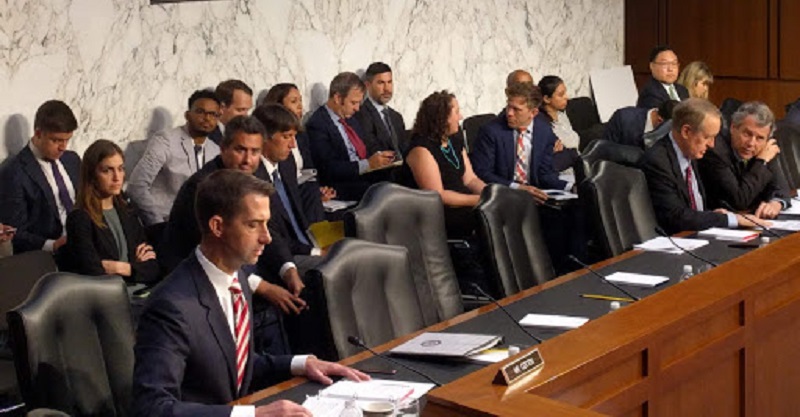
Harold Feld Argues That Increased Regulation Will Be More Successful than Breaking Up Big Tech
WASHINGTON, July 15, 2019 — Rather than seeking to break up big technology giants, Congress should instead focus on ratcheting up regulation of the online platform players to curb their greatest abuses, public interest advocate Harold Feld argued on Monday. Feld, the author of the recent e-book, “Th
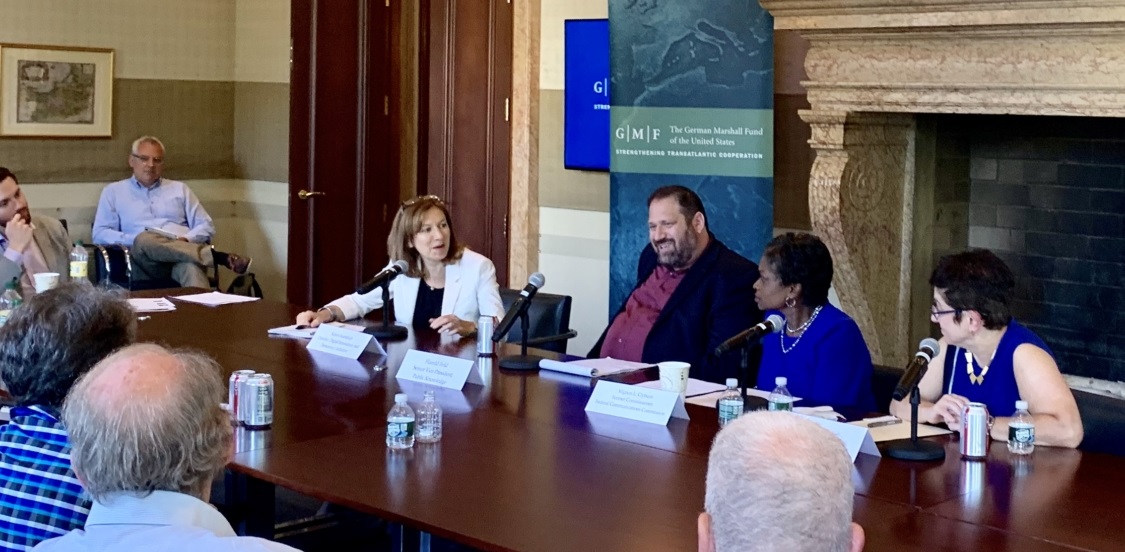
Industry Panel of Observers Argues for Federal Privacy Rules That Preempt State Laws
WASHINGTON, July 15, 2019 – An industry-focused panel of observers of privacy issues argued that a federal approach the topic needs to preempt state-based data protection. At the Monday event hosted by CompTia, these officials went so far as to suggest that federal privacy rules would be more protec
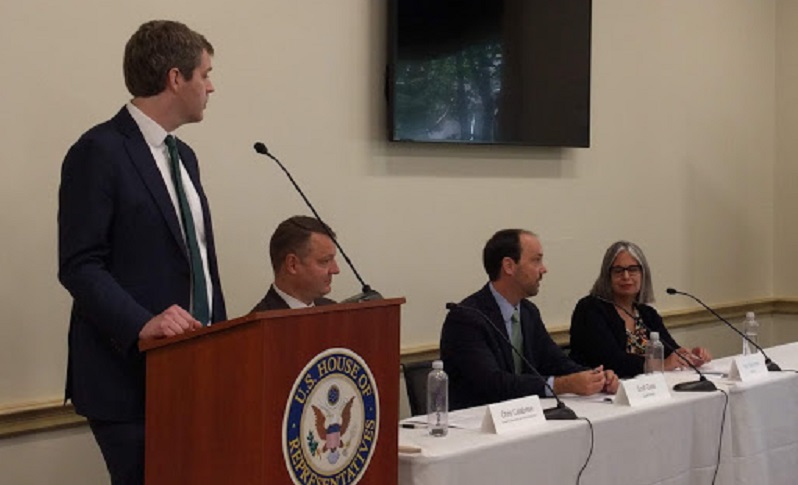
$5 Billion Facebook Fine, Tribal Broadband Suffering, and 5G Data Session
On Friday afternoon, the Federal Trade Commission has issued a fine of $5 billion to Facebook for privacy violations. Adam Satariano of the New York Times reported that regulators and lawmakers in the U.S. and abroad have begun conducting investigations and proposing new sanctions against the Silico
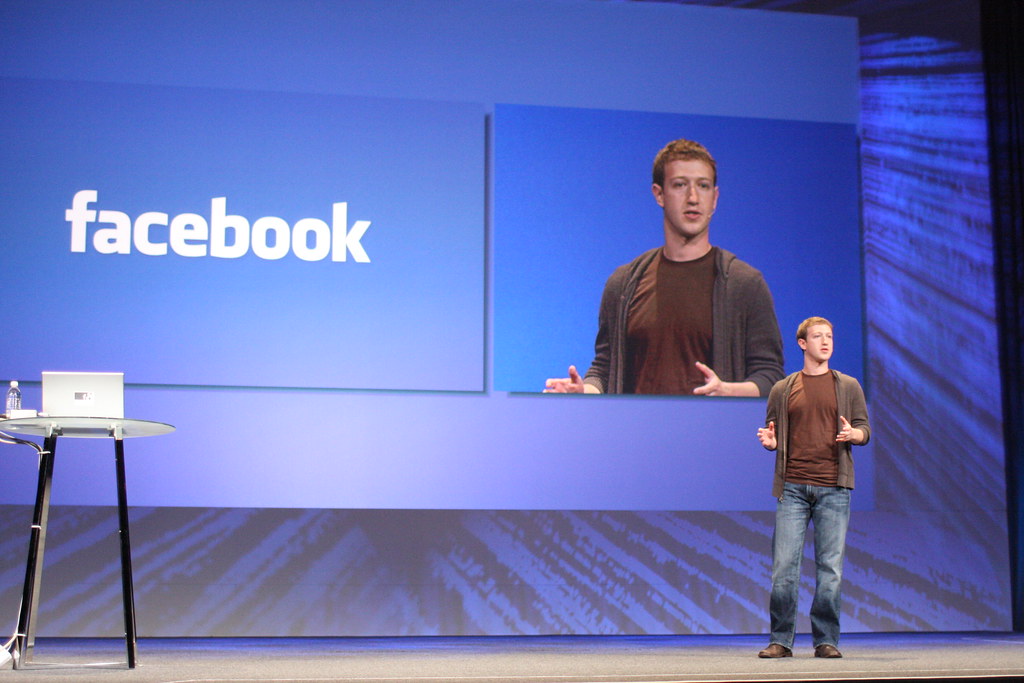
Senators Cruz and Hawley Demand Federal Trade Commission Investigation of Big Tech’s Content Moderation
WASHINGTON, July 15, 2019 — Senators Ted Cruz and Josh Hawley want the Federal Trade Commission to use its investigatory authority to demand internal documents and information pertaining to content moderation policies at major technology companies like Google, Facebook, YouTube and Twitter, and to r
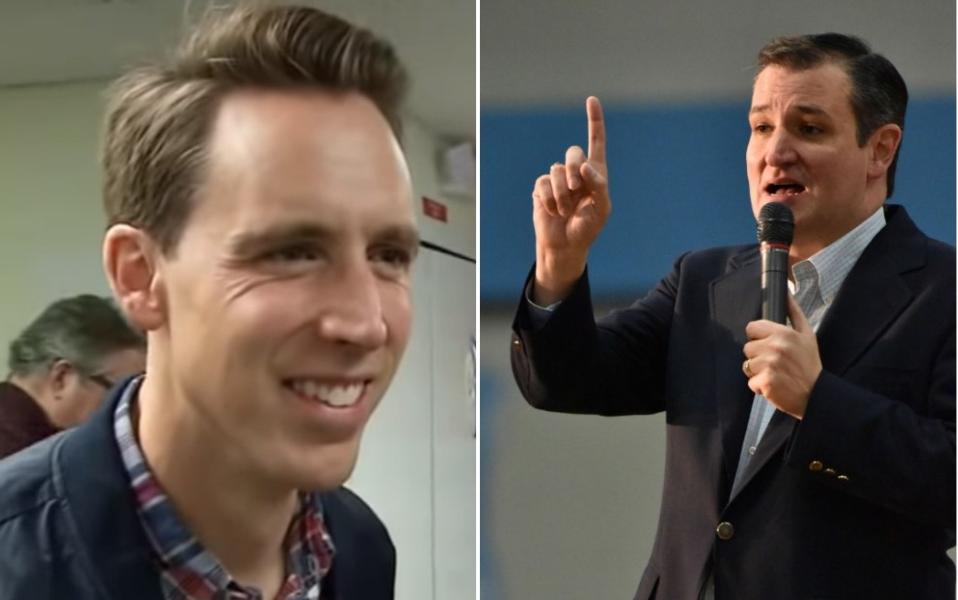
Experts Say That Federal Privacy Law is Necessary, But Can’t Agree on Specifics
WASHINGTON, July 11, 2019 — Congress urgently needs to create a federal privacy law, said panelists at a privacy conference held by the U.S. Chamber of Commerce on Thursday. However, coming to a consensus on the specifics of such a law has been and will continue to be a major roadblock. Lawmakers ha
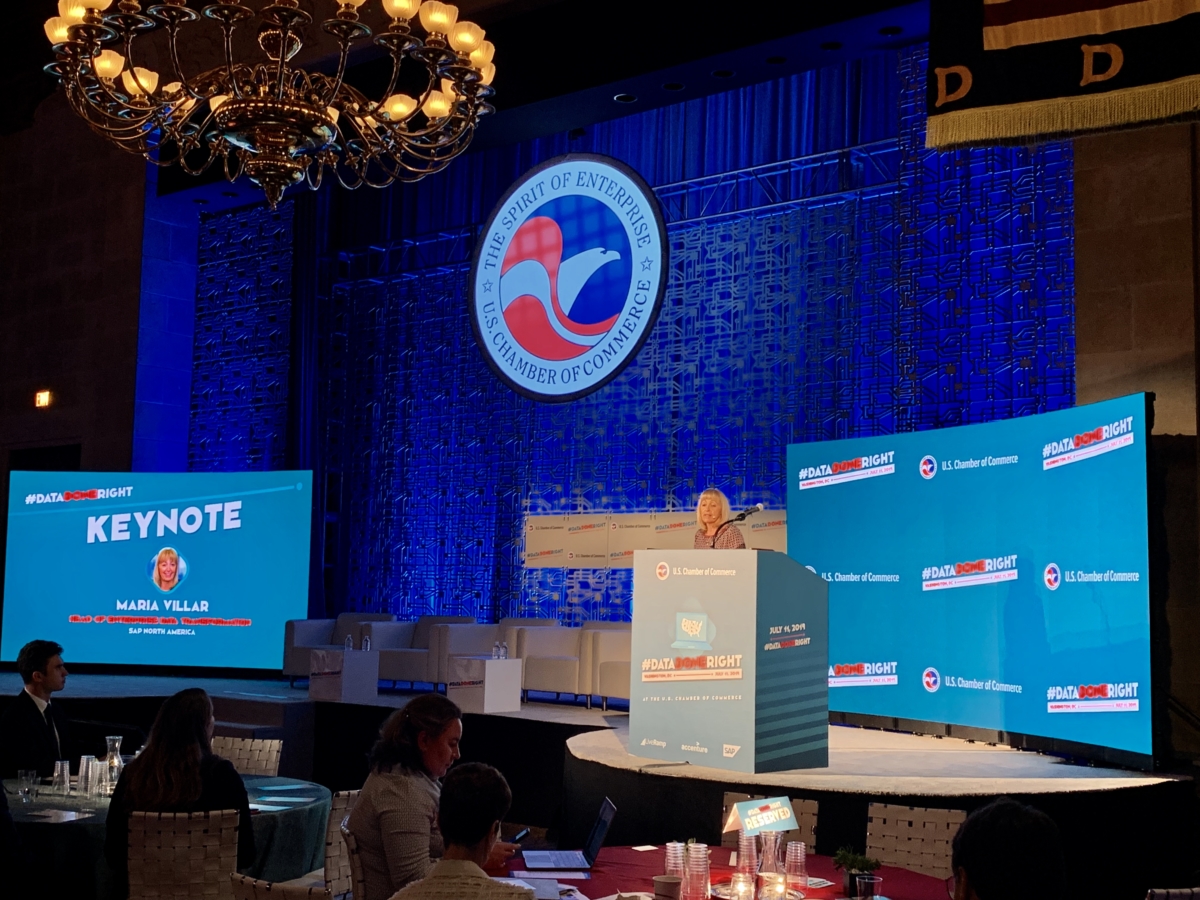
Rep. Suzan DelBene Says Stronger Privacy Policies Are Needed to Deal With Internet of Things
WASHINGTON, July 9, 2019 – Privacy is a good place to start with public policy concerning the internet of things, said Rep. Suzan DelBene, D-Wash., in a keynote address at the AT&T Forum for Technology, Entertainment and Policy Tuesday. With more than 3.8 billion people around the world using the in
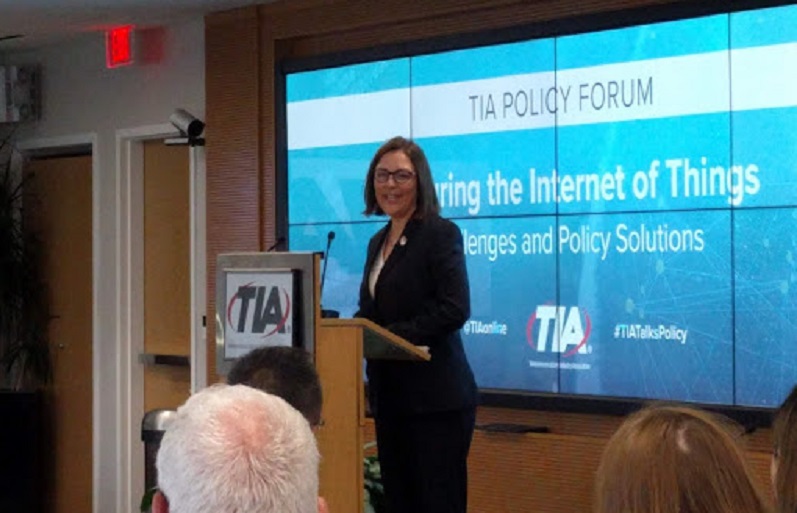
Big Tech and FTC Under Attack at Senate Hearing
WASHINGTON, July 9, 2019 — YouTube has been “inadequate and abysmally slow in responding” to recent allegations that its algorithms promote child sexualization, said Sen. Richard Blumenthal, D-Conn., at a Senate Judiciary Committee hearing on Tuesday.
If big tech companies don’t take sufficient steps to protect children from exploitation on
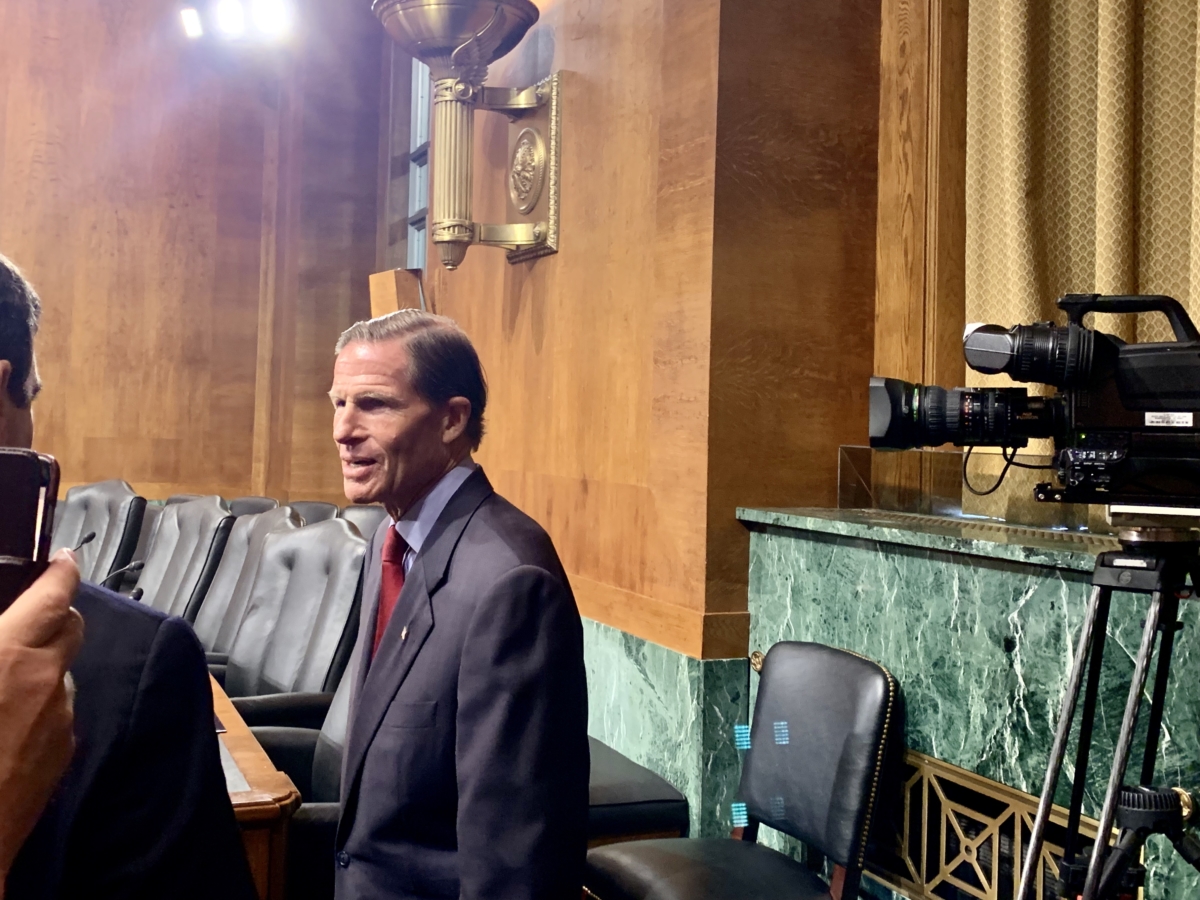
Amie Stepanovich at Silicon Flatirons, Amazon Stores Voice Recordings, and Dish Network’s Spectrum Assets
Silicon Flatirons announced Amie Stepanovich as the new executive director of the technology policy think tank based at the University of Colorado Law School. A noted cybersecurity and privacy law and policy expert, she plans to build upon Silicon Flatirons’ legacy of interdisciplinary conferences a
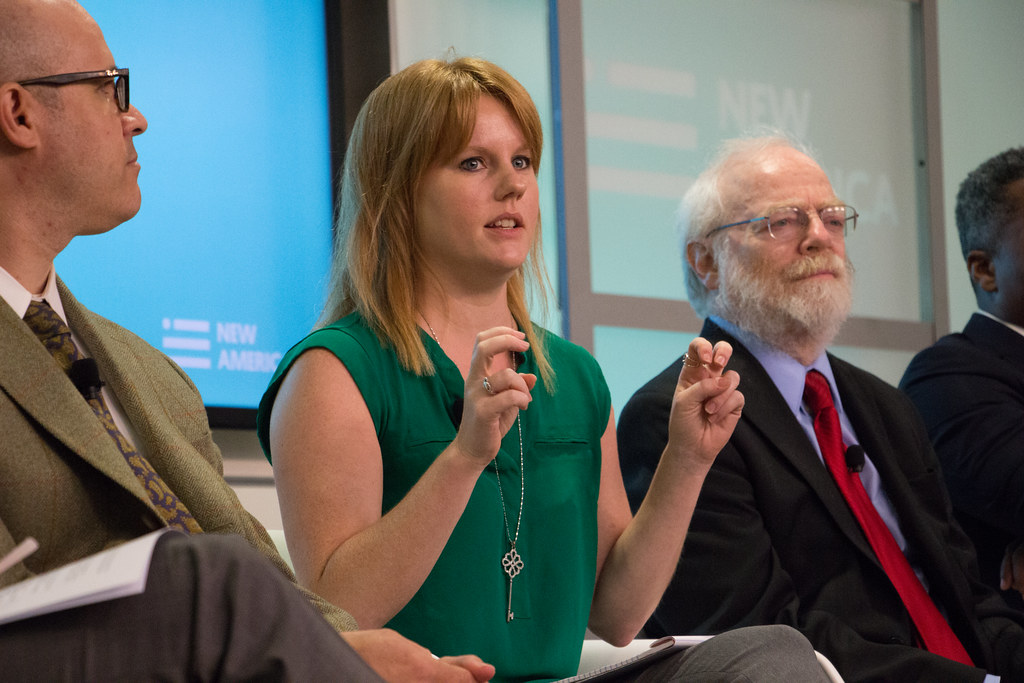
Trump Reports Progress on China Trade, Buildout Act in Senate, and Comcast Debuts Robocall Blocking
Trade negotiations with the U.S. and China are “right back on track,” said President Trump this Saturday at the G20 Summit in Japan. The Guardian reports that after the president met with Chinese general secretary Xi Jinping, he announced that the U.S will not impose further tariffs against Chinese
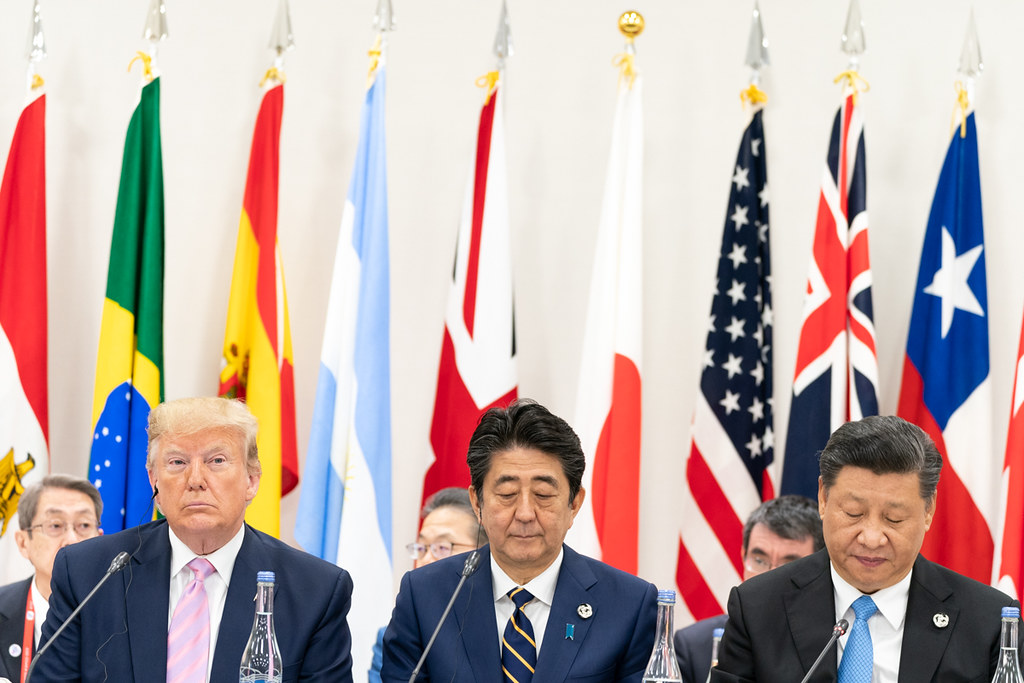
Rick Boucher: Data Privacy Rules Should Create Consistency, Not Chaos
Following a string of data breaches that touched tens of millions of consumers, and revelations of user data exploitation by popular social media platforms, there’s a broad national consensus: It’s time for internet users to have guarantees about privacy and data protection. Legislation is long over

Transparency About Data Collection is a Needed First Step of Privacy Regulation, Panelist Say at FTC Event
WASHINGTON, June 27, 2019 — Forcing websites and online platforms to be more transparent about the ways in which they collect and utilize consumer data is a step in the right direction, but it’s not enough, said speakers at a Federal Trade Commission conference on Thursday. Panelists at the fourth a
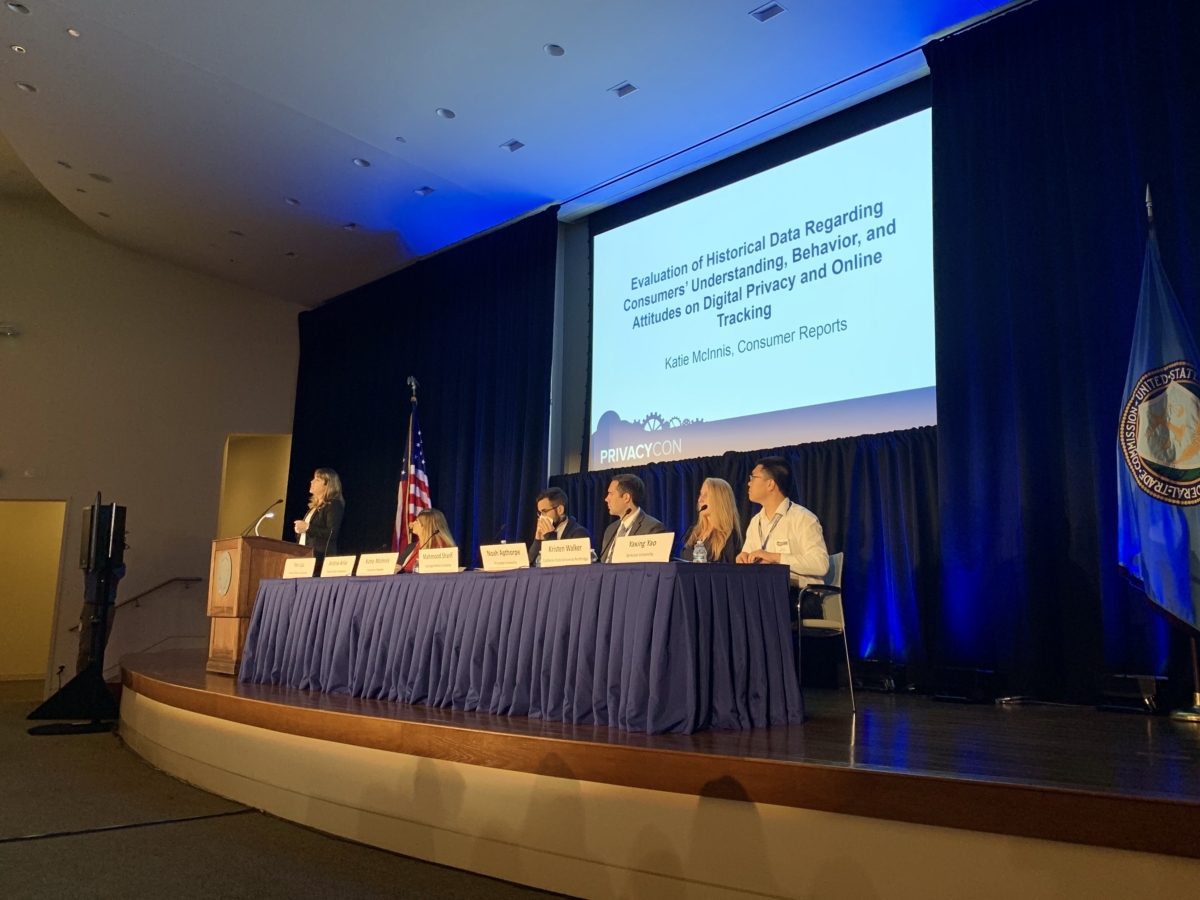
Senate Hearing Created a Clash With Google Over the Definition of ‘Persuasive’ Technology
WASHINGTON, June 27, 2019 — A Tuesday Senate Commerce Subcommittee hearing, on “Optimizing for Engagement: Understanding the Use of Persuasive Technology on Internet Platforms,” became an open invitation for senators to attack the business model of the technology industry. At the hearing, Google con
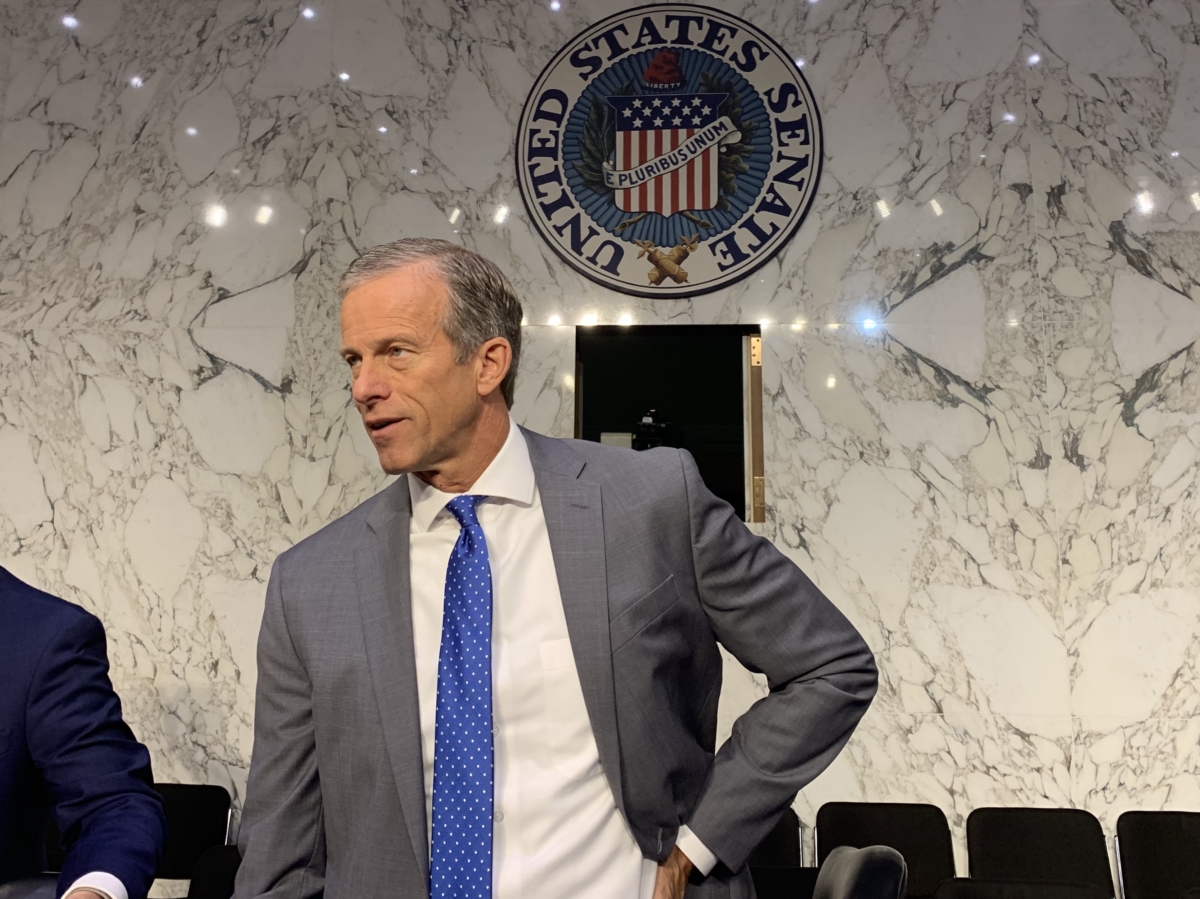
Sen. Marsha Blackburn Scolds Big Tech For Extracting Data and Calls for Greater Transparency
WASHINGTON, June 27, 2019 – The framework for federal privacy regulation is emerging as another flashpoint in some conservatives’ political battles with Silicon Valley powerhouses. In particular Tennessee Republican Sen. Marsha Blackburn said Wednesday that technology companies are using the complex
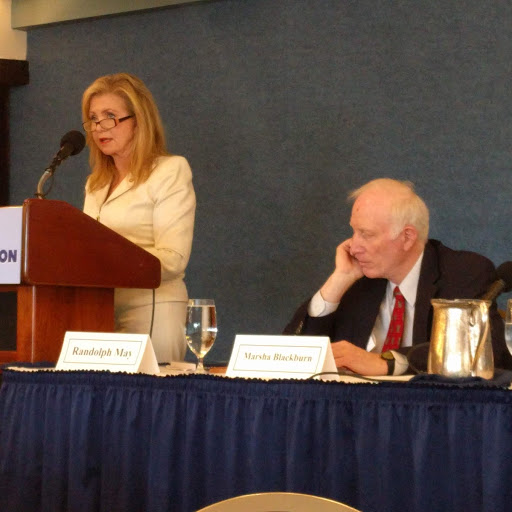
House Subcommittee Approves Bill Banning Robocalls, Advancing Popular Measure to Full Committee
WASHINGTON, June 25, 2019 — Following the Federal Communications Commission’s recent order against robocalls, for added measure the House Energy & Commerce Committee Communications Subcommittee voted on Tuesday to approve a legislative measure against robocalls. The bill, known as the “Stopping Bad
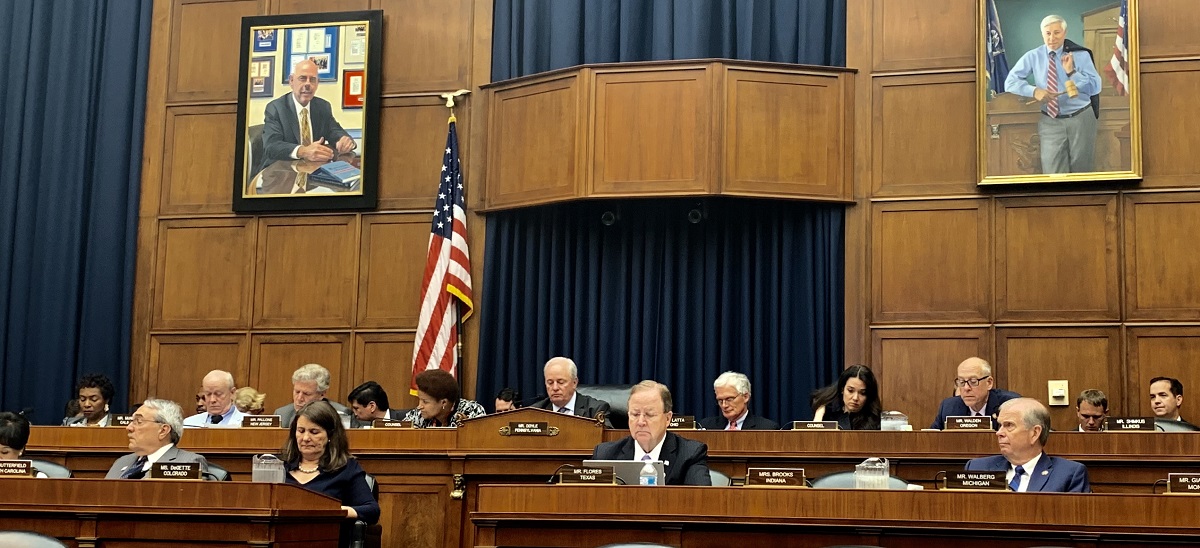
Bipartisan Group of Senators Stoke Fears About Google’s Neutrality and Influence in 2020 Election
WASHINGTON, June 25, 2019 — Fears about Google’s potential ability to influence the upcoming 2020 election ran rampant at a Senate hearing on Tuesday. That, coupled with allegations that the search engine giant inappropriately benefits from federal protections against liability, created a pressure c
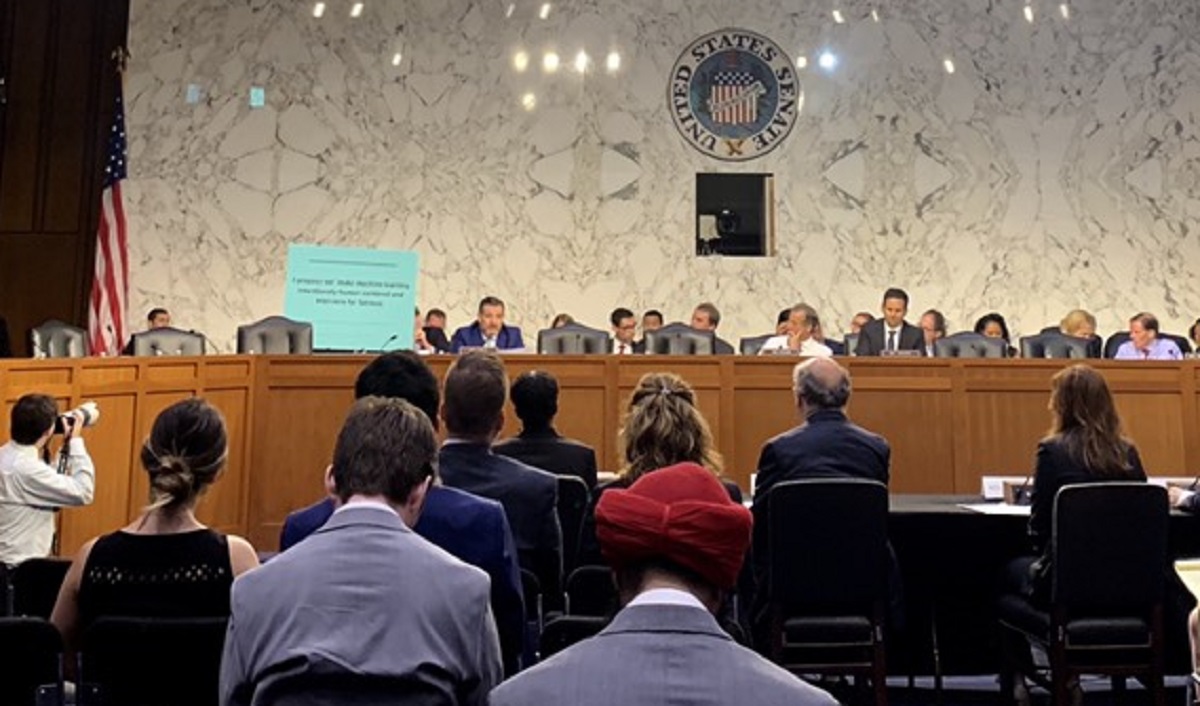
American Antitrust Institute Experts Concur That Breaking Up Big Tech Is Hard to Do
WASHINGTON, June 20, 2019 — Talking tough against Silicon Valley may be popular. But breaking up big tech will be hard to do. That, at least, was one of the key messages coming from the American Antitrust Institute’s annual conference here on Thursday. While progressives and populists are resurgent
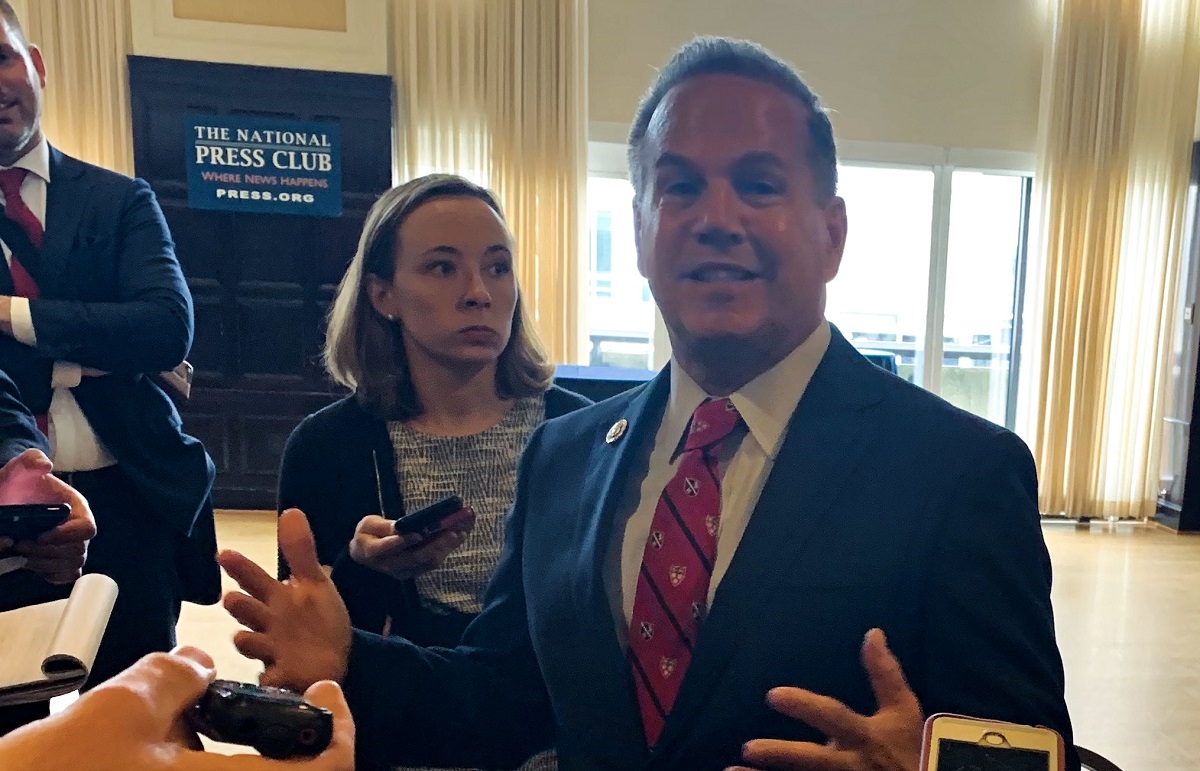
China’s Digital Payment System is Simple and Ubiquitous, But Unlikely to Catch on in U.S.
WASHINGTON June 17, 2019 – In spite of an advanced smartphone-based payments system that is widely adopted in China, panelists at a Brookings Institute event on Monday expressed skepticism that such a system would become popular in the United States. More and more people in are exclusively using pay
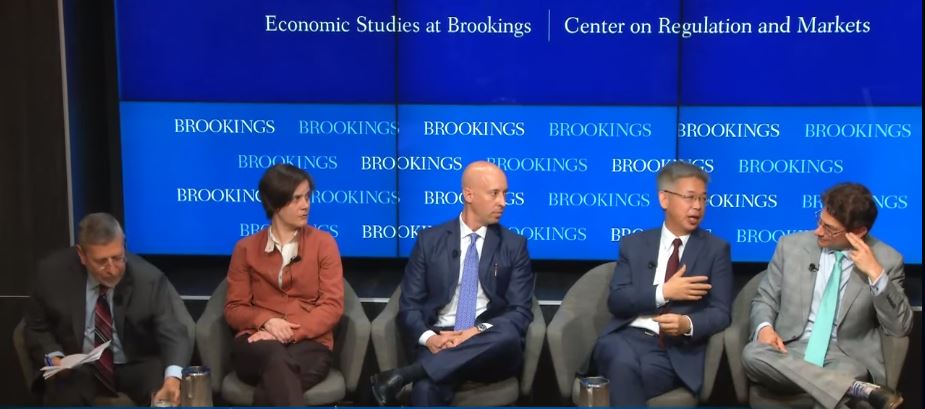
Robocall Anger Will Force Calling Companies to Adjust Expectations, Says FCC Enforcement Bureau
WASHINGTON, June 17, 2019 — Companies whose legally-placed robocalls are blocked under the June 6 order of the Federal Communications Commission may need to adjust their perception of consumer expectations, a top Enforcement Bureau chief at the Federal Communications Commission said last week. Indee

Among Their Many Ills, Critics Say Google and Facebook Make It Difficult for Digital Media to Survive
WASHINGTON, June 11, 2019 — The practices of Google and Facebook were closely scrutinized at a House Antitrust Subcommittee hearing Tuesday, and the companies’ impact upon the digital news media came in for particularly stark criticism. Some said that these major tech platforms were making it diffic
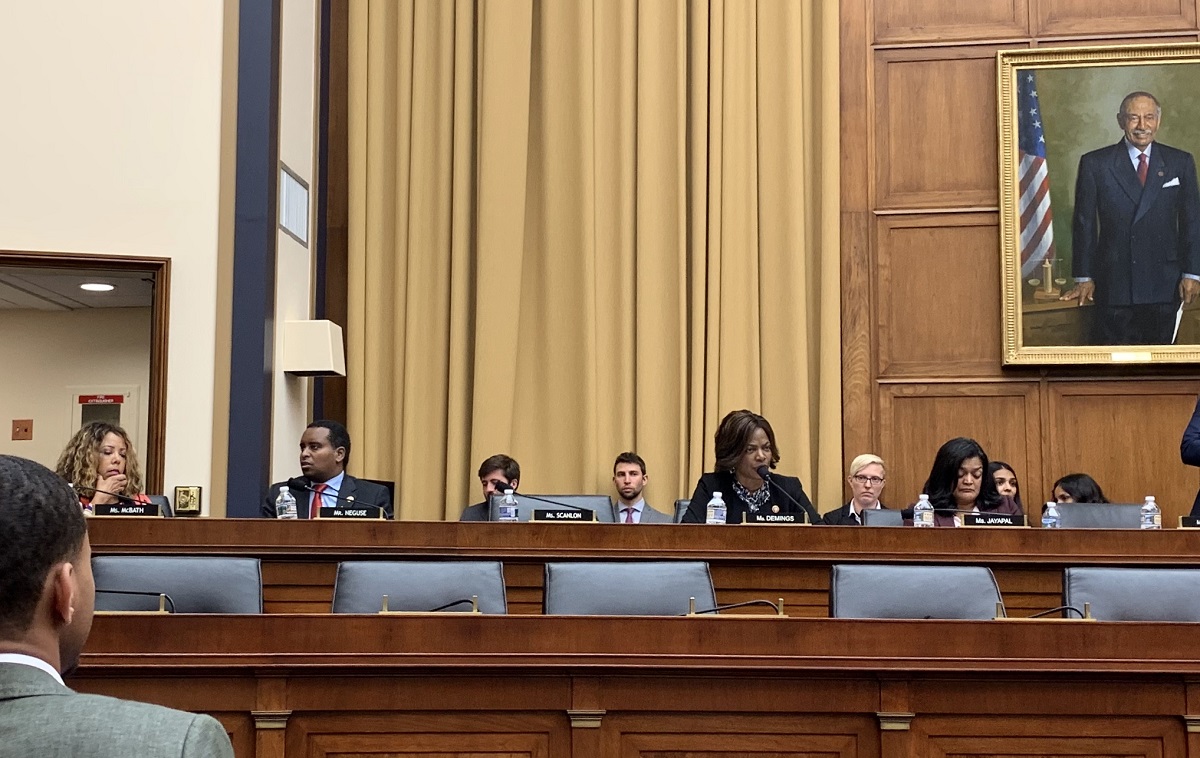
Federal Communications Commission Votes to Allow Carriers to Block Robocallers By Default
WASHINGTON, June 8, 2019 — Telecommunications providers can now block robocalls by default, according to a Federal Communications Commission ruling on Thursday. In principle, the measure had bipartisan support. But Commissioner Jessica Rosenworcel dissented in part because the order didn’t require p

Government Needs to Set Rules to Limit Hate Speech Online, Says New America Panel
WASHINGTON, June 5, 2019 – Further ratcheting up its call for government regulation of the technology industry, speakers at the New America’s Open Technology Institute called for government rules to limit hate speech online. Doing so is necessary in order to solve the dichotomy of maintaining free s
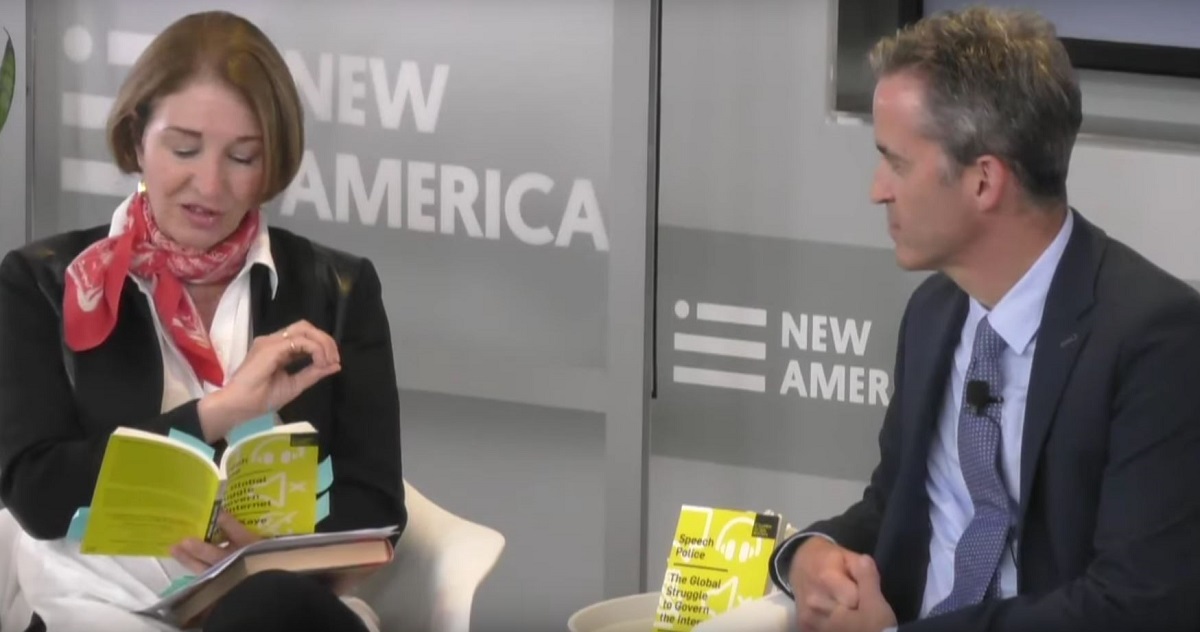
America Needs to Be More Like Europe and Regulate Information Technology, New America Panelists Agree
WASHINGTON, June 4, 2019 – The United States government needs to regulate data and information technology more like those of European member states, said Europeans and Americans speaking at a New America Foundation event on Tuesday. “It’s clear that technology is front and center in a conflict that
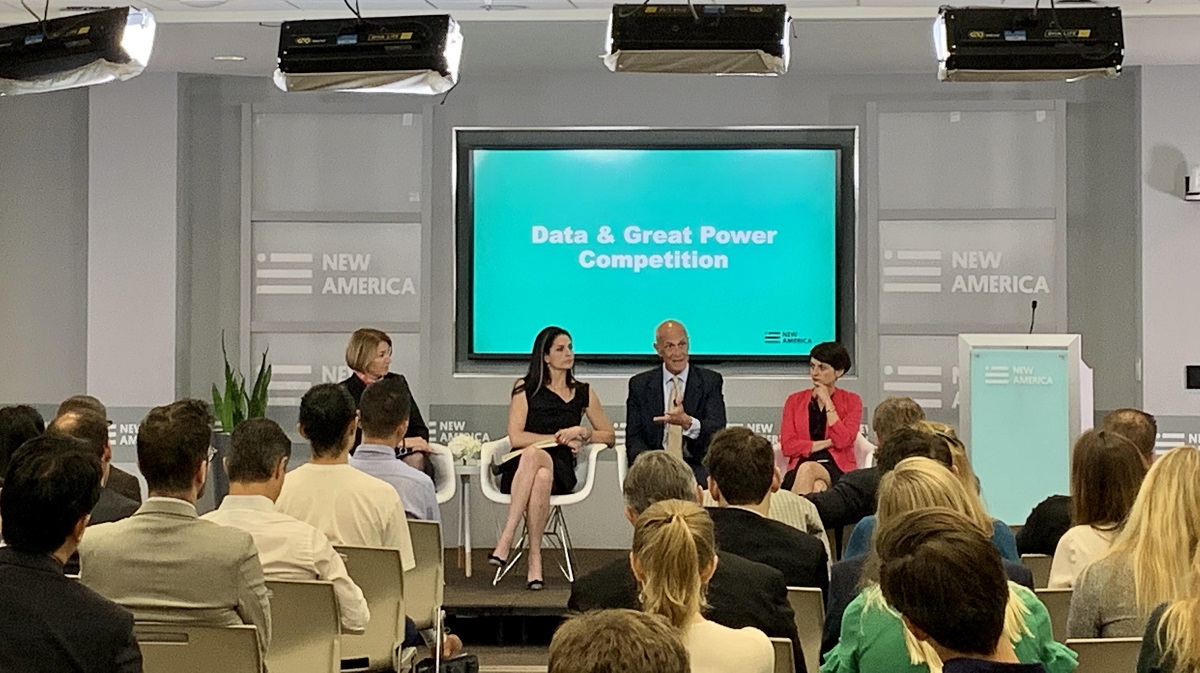
Privacy and Civil Liberties Board Considers Three Ways for Congress to Address Controversial Surveillance Program
WASHINGTON, June 1, 2019 – Congress needs a plan for how to proceed when certain provisions of the USA FREEDOM Act, including the controversial call detail records program, expires in December, said speakers at a public forum held by members of the Privacy and Civil Liberties Oversight Board on Frid
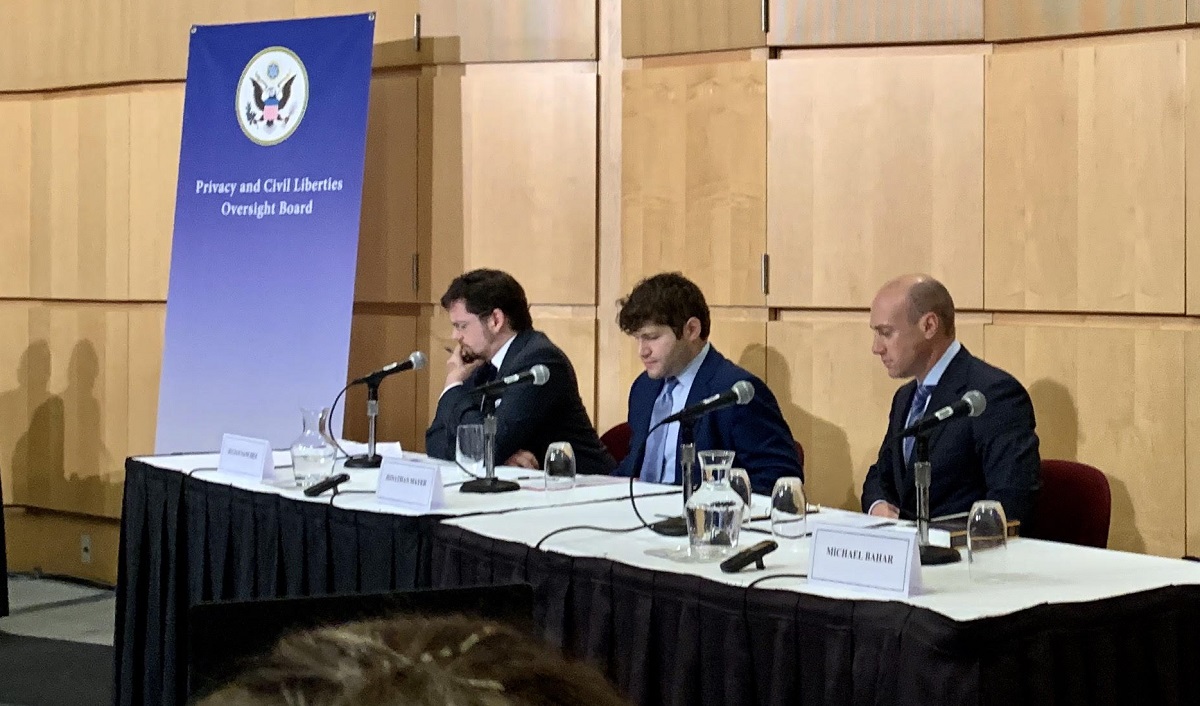
Interactive Advertising Bureau Joins the Growing Number of Industry Lobbyists Calling for Privacy Legislation
BROADBAND BREAKFAST INSIGHT: The CEO and Executive Vice President of the Interactive Advertising Bureau, a trade group for digital marketers, argue in a Tuesday OpEd for “Do Not Track Plus” legislation. With civil society and lobbyists alike joining the chorus for privacy legislation, it’s looking m

Sen. Josh Hawley Accuses Facebook of Addiction and Calls Social Media Worth-Less
WASHINGTON, May 2, 2019 – Social media and technology platform companies are wasting the talents of a generation, addicting and impoverishing middle America, and even driving teenagers to commit suicide in record numbers, Sen. Josh Hawley said Thursday. In a blistering speech attacking Facebook, Goo
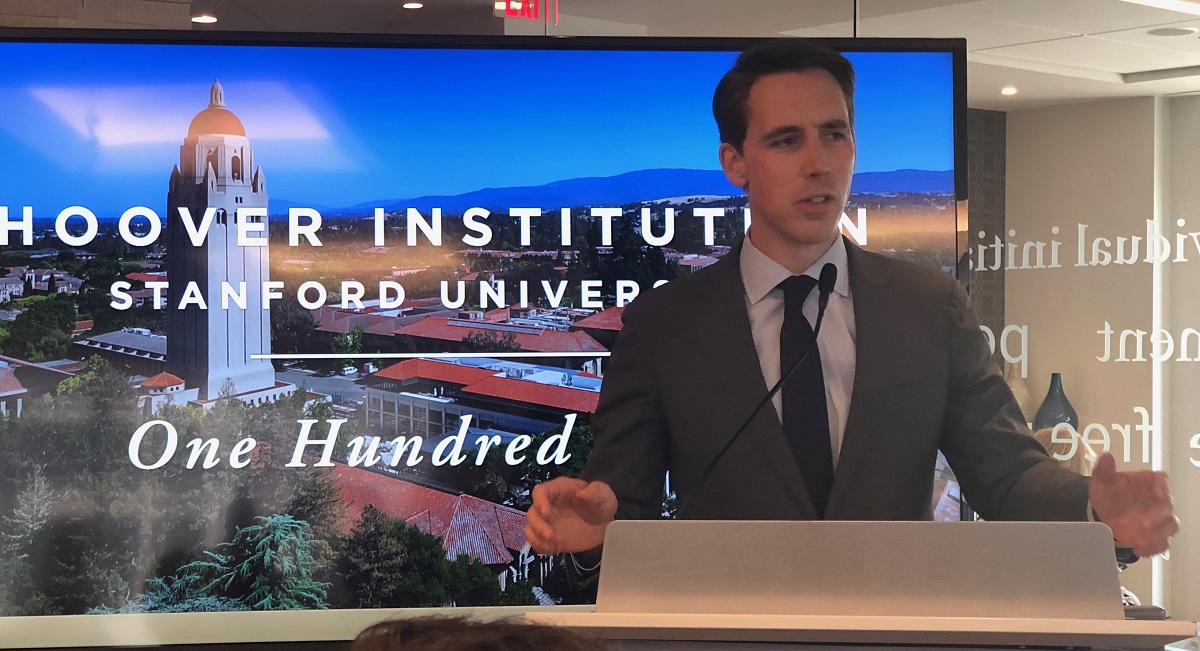
Chris Jordan: Preparing for Potentially Dire Consequences of California Consumer Privacy Act
The California Consumer Privacy Act passed into law in 2018 is scheduled to go into effect January 2020. It could potentially have dire consequences for unprepared businesses serving their customers especially when they demand to be forgotten. The new law affects everyone from internet service provi

Alive to New Threats, Google Reorganizes its Public Policy Shop
BROADBAND BREAKFAST INSIGHT: Google is beginning to enter into hunker-down mode. The company is finally alive to the grave new threats that it faces. They are two-pronged: More-intensive antitrust scrutiny, and regulation of privacy/AI/Section 230 free speech. As Drew Clark wrote about for a CATO In
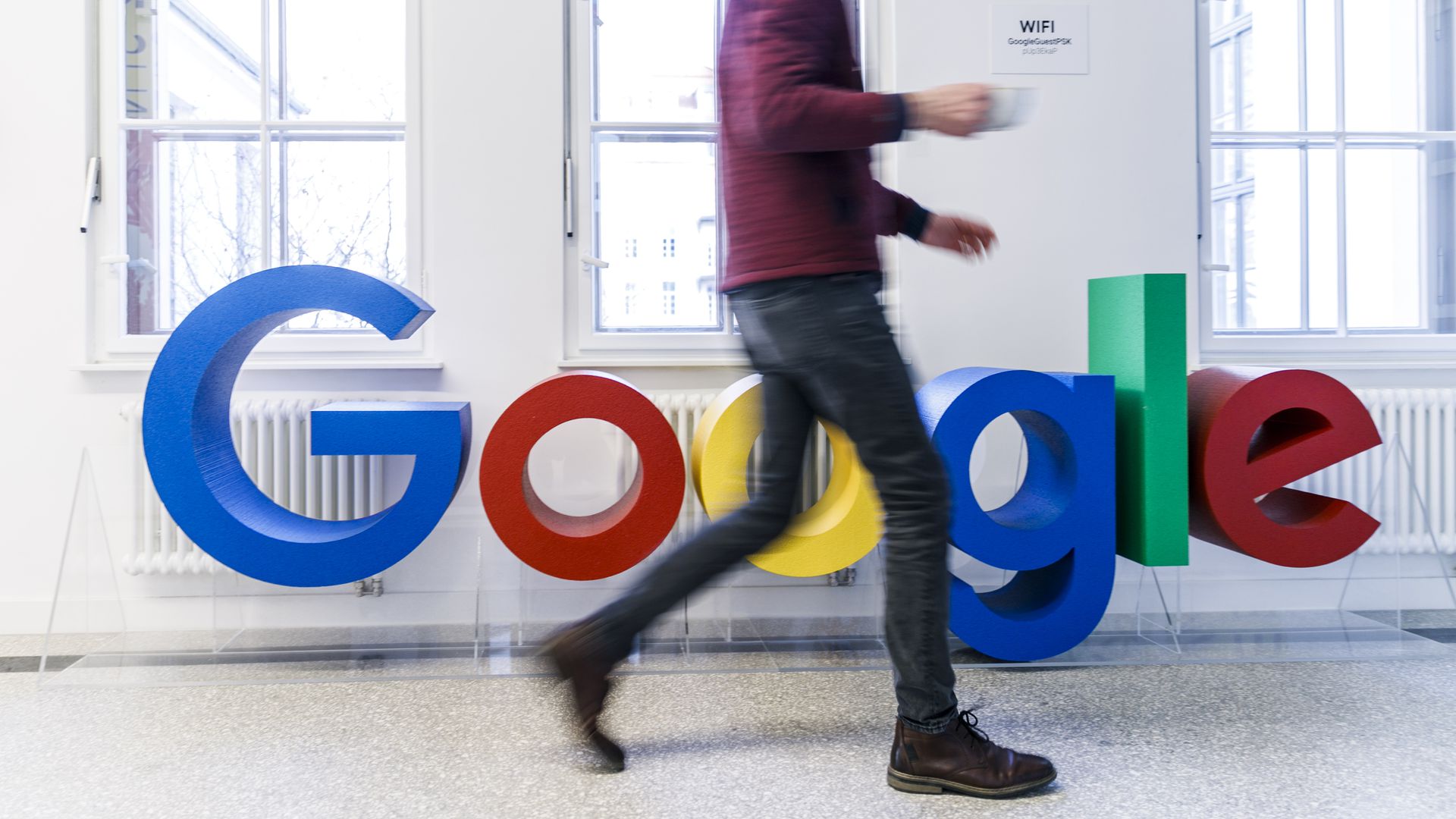
Livestream from Silicon Flatirons on ‘Internet Platforms’ Rising Dominance, Evolving Governance’
From the University of Colorado’s Silicon Flatirons Program on “Internet Platforms’ Rising Dominance, Evolving Governance”:
* We are living in the era of the internet platform. From Apple’s app store to Google’s search and Chrome browser to Facebook to Amazon to broadband internet access, internet users depend on
At Silicon Flatirons, A Debate on Privacy Law and Economy Harm
At the Silicon Flatirons event at the University of Colorado, a heated (!) debate about economic harms, and how it should impact privacy law. 02/10/19 4:30pm – 5:30pm DEBATE: PRIVACY LAW SHOULD FOCUS ONLY ON ECONOMIC HARM Pierre de Vries — Moderator Spectrum Policy Initiative Co-director and Executi

California’s Privacy Legislation Will Force Changes in the Way Businesses Collect Personal Information in 2020
BROADBAND BREAKFAST INSIGHT: We’ve written about the California Consumer Privacy Act before in “European and Chinese Pressures are Squeezing Silicon Valley, Threatening a Global ‘Splinternet’. The fact of multiple states passing significant privacy legislation is one of the potential drivers for fed
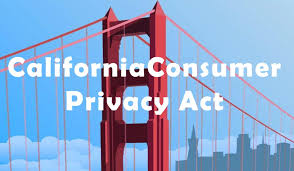
How to Understand The Future of Privacy Policy: A Q&A With David Brin
BROADBAND BREAKFAST INSIGHT: We remember reading The Transparent Society 20 years ago, back in the days when Sun Microsystems CEO Scott McNealy said, “You have no privacy; get over it.” Brin’s book was remarkably prescient in providing a pathway for how to live with the ever-decreasing private space

House Republicans Grill Google CEO Sundar Pichai Over Alleged Political Bias
WASHINGTON, December 11, 2018 – The CEO of search engine Google came to Washington on Tuesday and politely rebutted all charges that the world’s largest search engine is biased against conservative viewpoints. In the calm and controlled voice of an engineer, CEO Sundar Pichai said, “Our products are
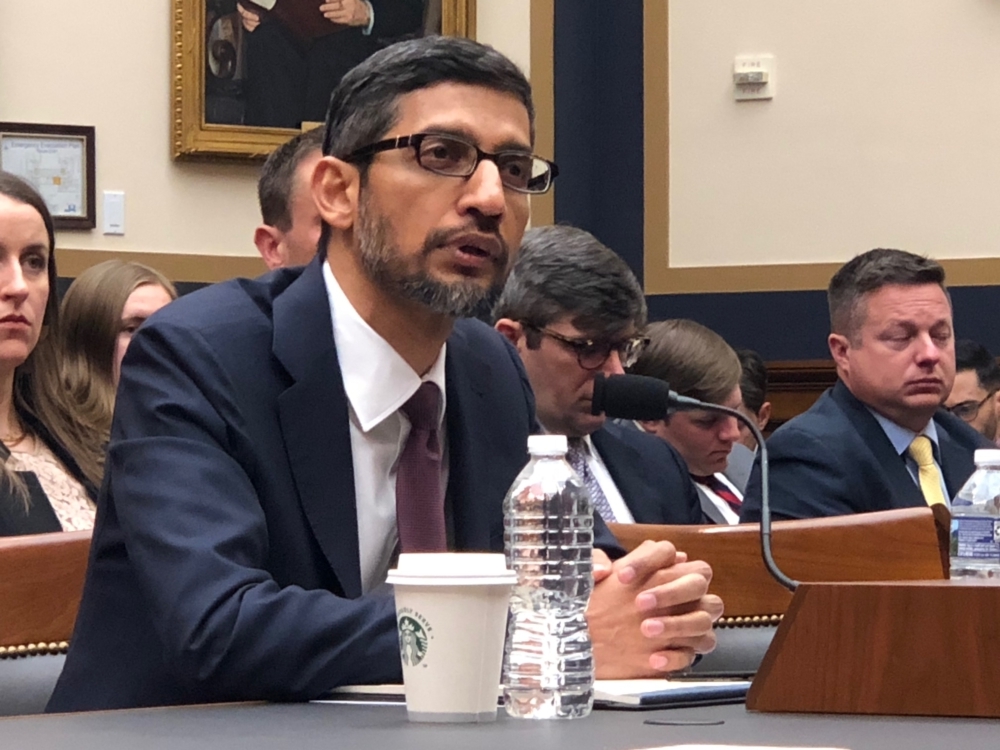
Ten Years After the Beginning of Broadband Data Collection Efforts, M-Lab Gathers to Celebrate
WASHINGTON, August 8, 2018 – Experts in broadband data analysis on Tuesday criticized internet service providers for overstating coverage in federal broadband data collection efforts, and for resisting cooperation that could increase network security. At an event commemorating the 10th anniversary o
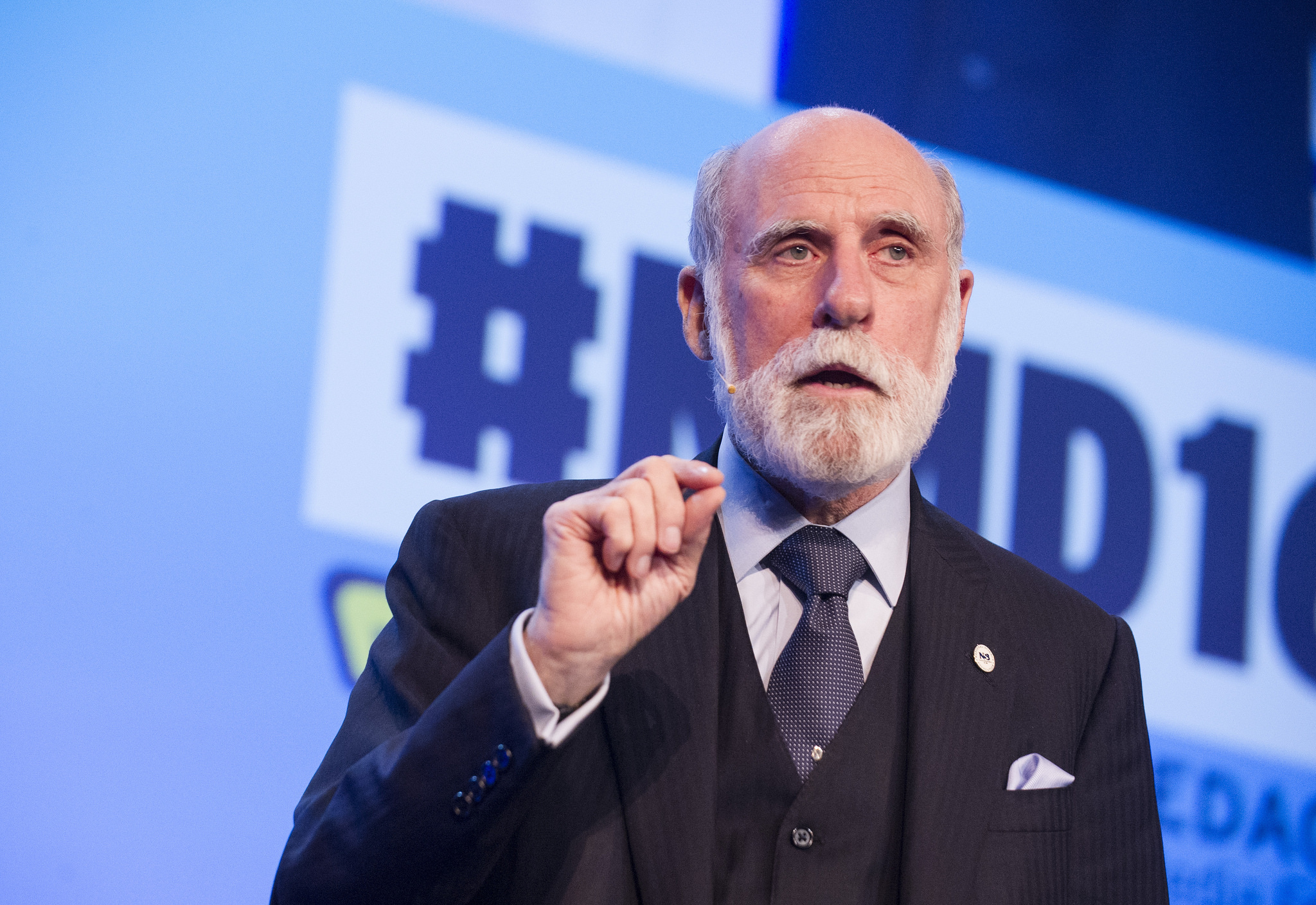
U.S. is Falling Behind in Internet Influence to Europe, Russia and China, Cybersecurity Experts Tell Senate
WASHINGTON, July 31, 2018 – The U.S. is falling behind in internet regulation and risks losing the global internet leadership position to the EU, China, and Russia, some internet privacy experts said at a Senate subcommittee hearing on Tuesday. On July 31, the Subcommittee on Communications, Technol
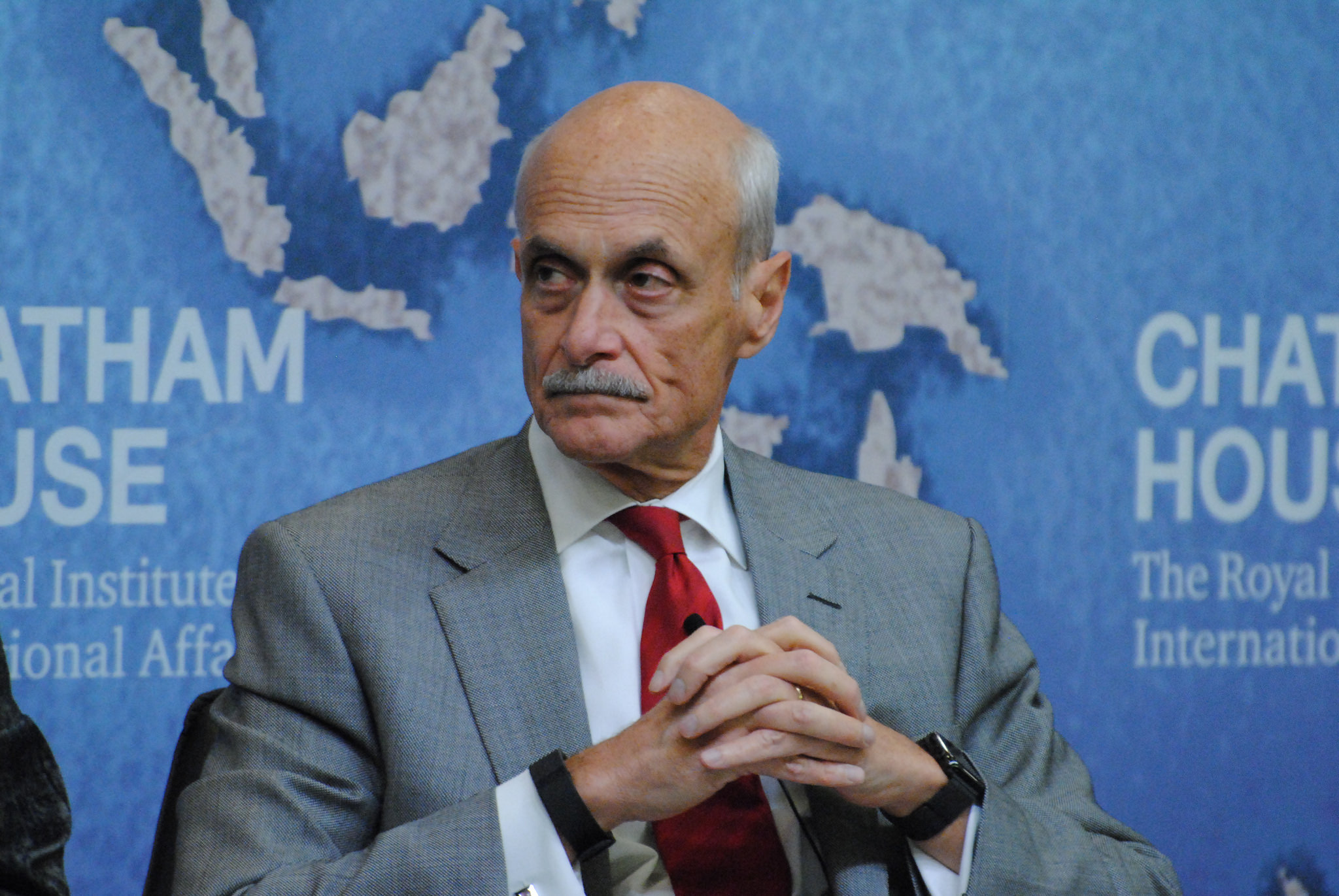
Are Facebook and Amazon Really Compliant with the Global Data Protection Regulation?
BROADBAND BREAKFAST INSIGHT: Are Facebook and Amazon really GDPR compliant? Researchers used artificial intellence software to analyze Facebook and Amazon new GDPR policies. The AI tool found one-third of policy clauses to be “potentially problematic” or containing “insufficient information”, which
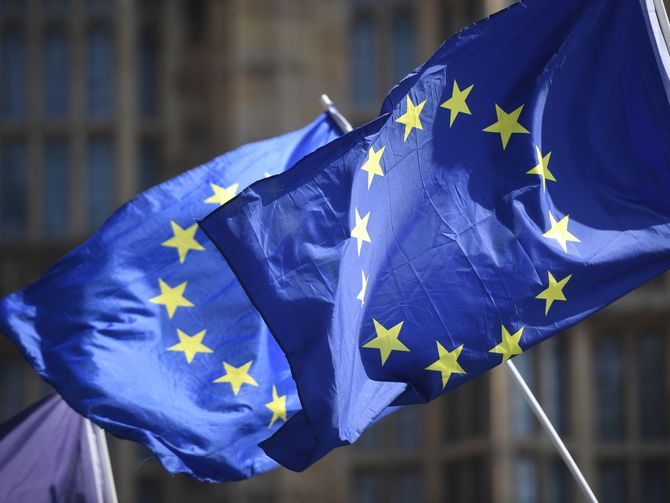
European and Chinese Pressures are Squeezing Silicon Valley, Threatening a Global ‘Splinternet’
WASHINGTON, July 9, 2018 – The European Union’s General Data Protection Regulation is raising the danger of the “splinternet” syndrome, as top tech companies prioritize international standards over American ones, warned experts at a June 28 event of the Federalist Society. Officials from Google, Mic
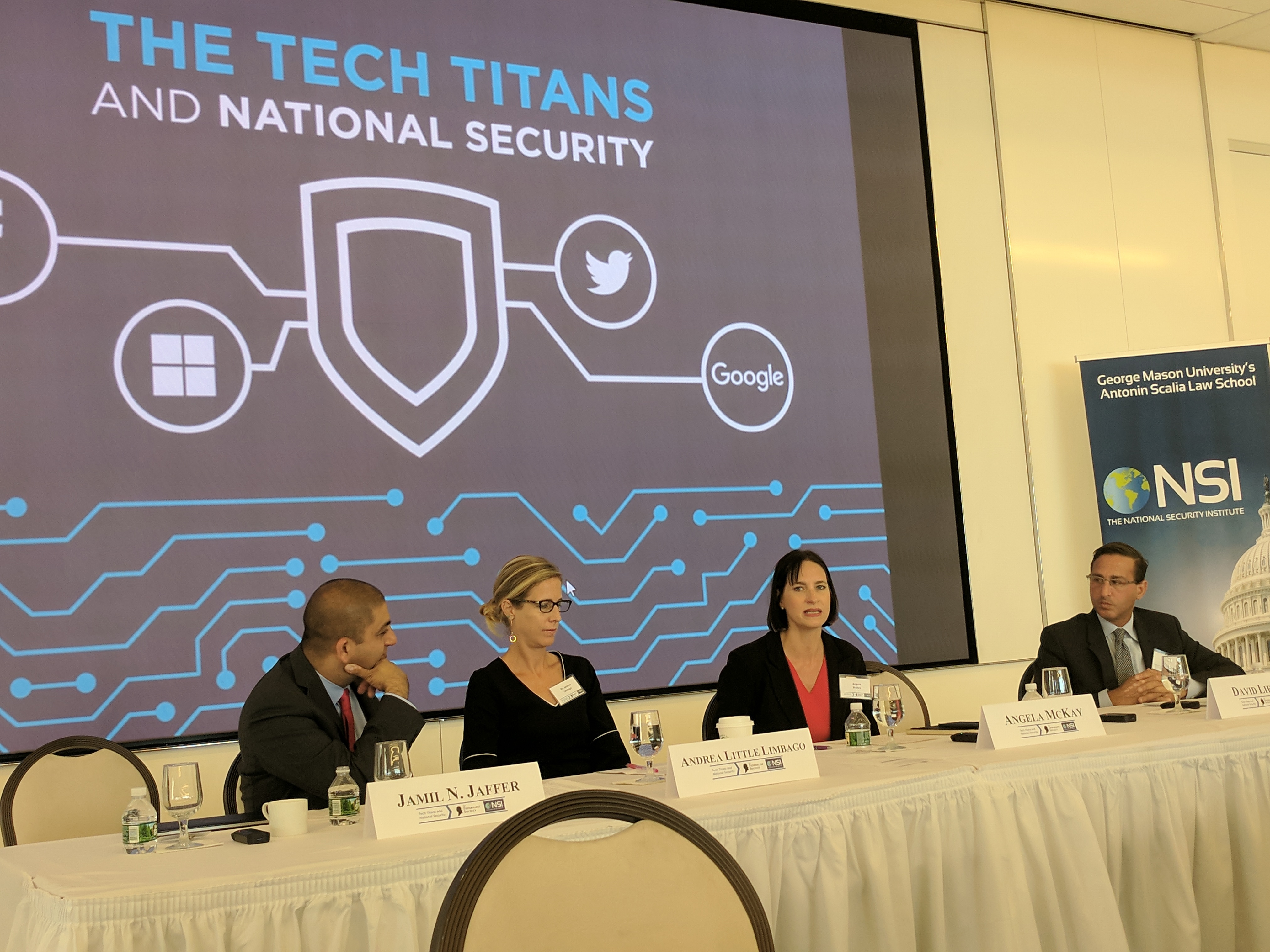
Supreme Court Extends Fourth Amendment Protections To Include Mobile Phone Carrier Location Data
WASHINGTON, June 22, 2018 — People living, working, or traveling in the United States gained a bit more privacy Friday after the Supreme Court found that police must obtain a search warrant before asking wireless carriers to turn over some types records which reveal a mobile phone’s location history
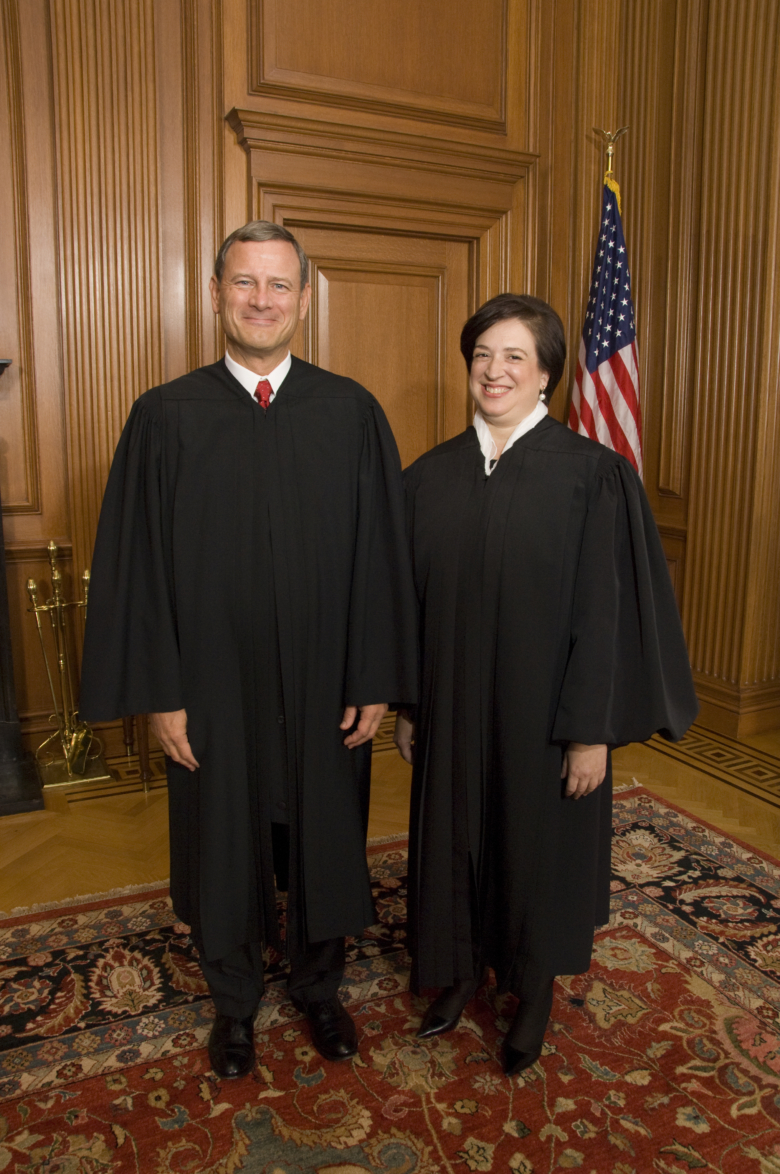
Digital Advertising Experts Square Off on Privacy Against Skeptical Members of Congress
WASHINGTON, June 21, 2018 – Top digital advertising experts defended the importance of data collection against a committee skeptical of ad companies’ ethics. With data privacy increasingly at the forefront of tech policy debate, a June 14 House Energy and Commerce Committee hearing on the digital ad
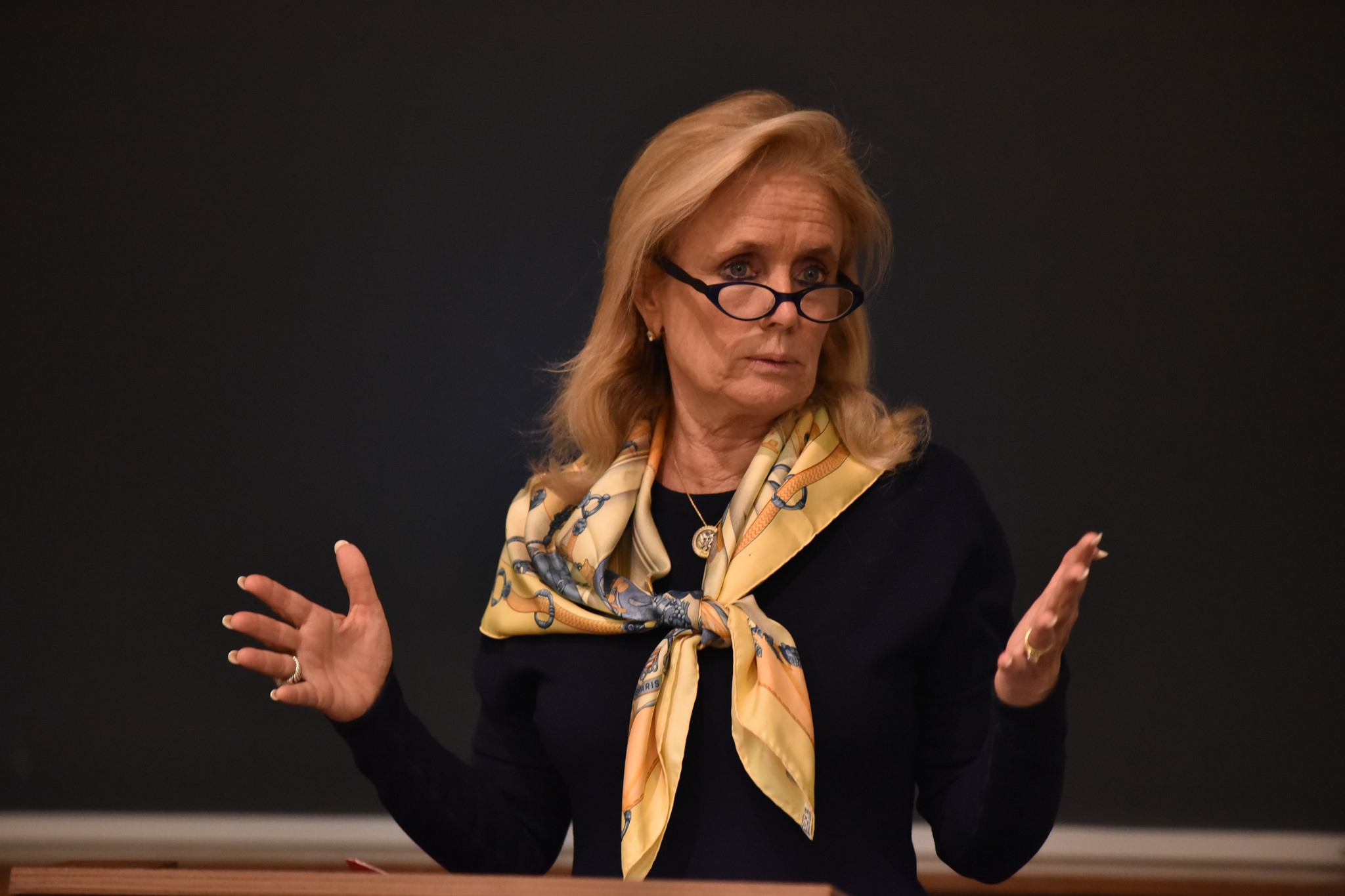
Technologist at Heart of Cambridge Analytica Privacy Scandal Defends Himself Before Senate Committee
WASHINGTON, June 21, 2018 – The man behind the app at the heart of the Cambridge Analytica data scandal defended the company’s use of personal data in front of the Senate, claiming he believed there was “almost no chance” that the data helped political campaigns in the 2016 election. The U.S. Senate

Is the European GDPR Incompatible With U.S. Privacy Law, Including the Recent U.S. CLOUD Act?
WASHINGTON, June 20, 2018 – Data privacy experts questioned the effectiveness of the European General Data Protection Regulation as a means of regulating international data privacy on the grounds that it may be incompatible with current U.S. policies. At the 2nd Annual Transatlantic Symposium on inf
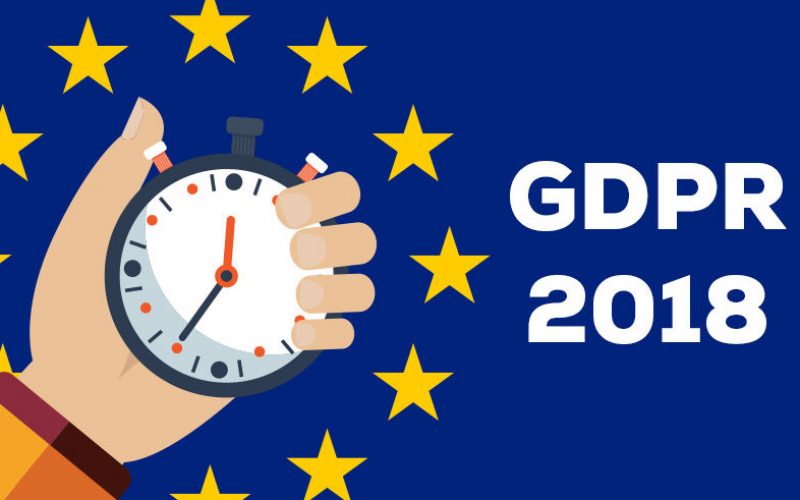
Facebook Faces A Skeptical Audience on Data Privacy and Terror Transparency
WASHINGTON, June 7, 2018 – A top Facebook policy official on Wednesday defended the social media giant’s new policies about safeguarding privacy and data transparency against the doubts of an audience at the New America Foundation, a think tank generally friendly to Facebook. In recent months, Faceb

Facebook Faces Tough Scrutiny From Many Directions, Even at CATO Institute
WASHINGTON, June 4, 2018 – If the tenor of a Thursday event at the CATO Institute is any indication, Facebook continues to face tough scrutiny from many sides in Washington. Although the event was titled, “Will Social Media Save Democracy?”, the panel instead became a multi-pronged attack on the com
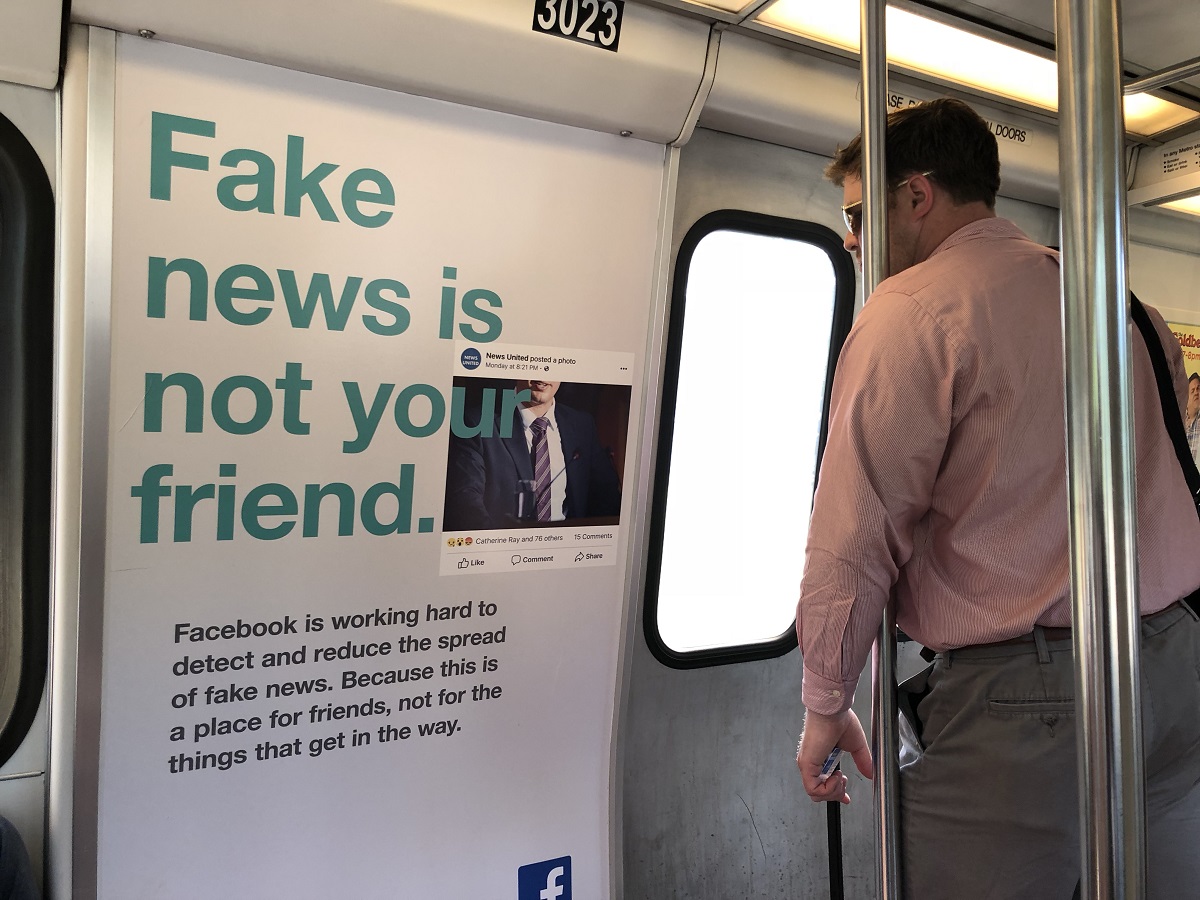
Facebook CEO Mark Zuckerberg Began Testimony Before Senate Committee with an Apology for Company’s History
WASHINGTON, April 10, 2018 – After months of seemingly-unending scandal over his company’s role in the 2018 election, Facebook CEO Mark Zuckerberg began his first of two days of testimony on Capitol Hill Tuesday by making it clear he was well aware of the laundry list of problems with the company he
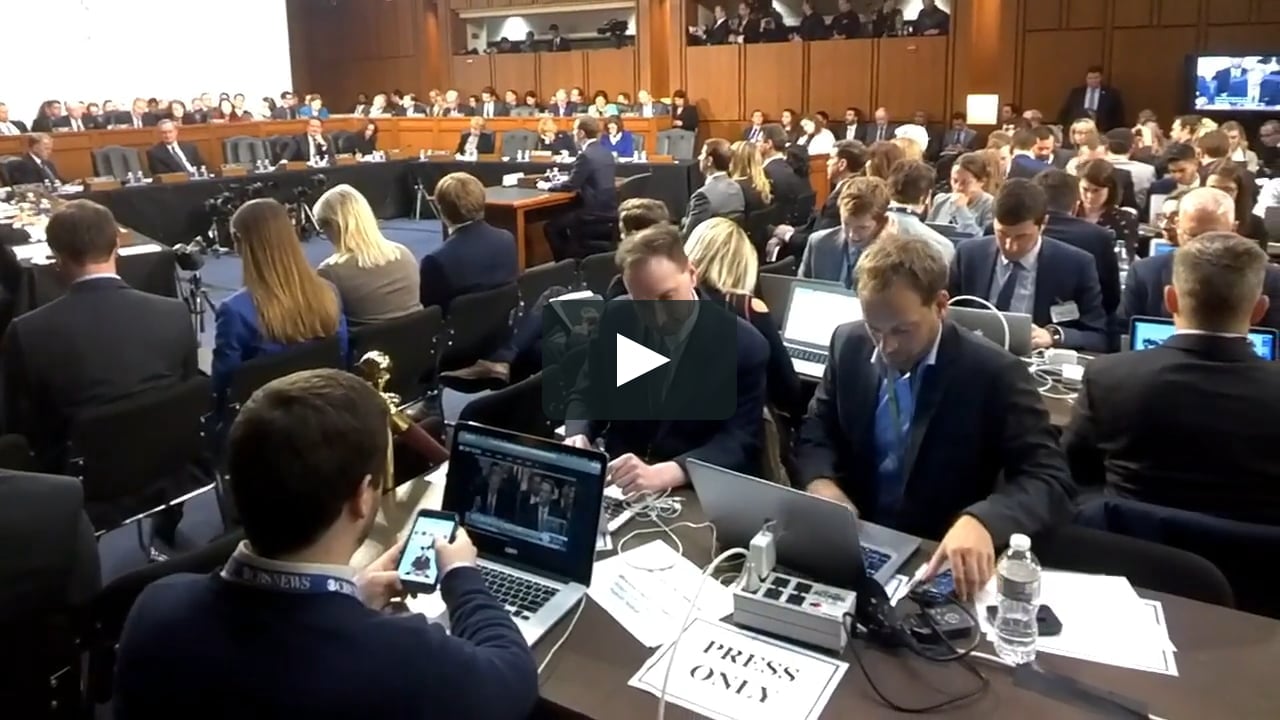
Facebook Data Breach is Putting Social Networking and Dating Apps in the Cross-Hairs of Congress
WASHINGTON, April 5, 2018 — As Facebook users continue to learn more about how the social networking pioneer allowed third parties to gain access to contact information, lists of friends, interests, and other information, the companies behind another social networking app are beginning to face scrut
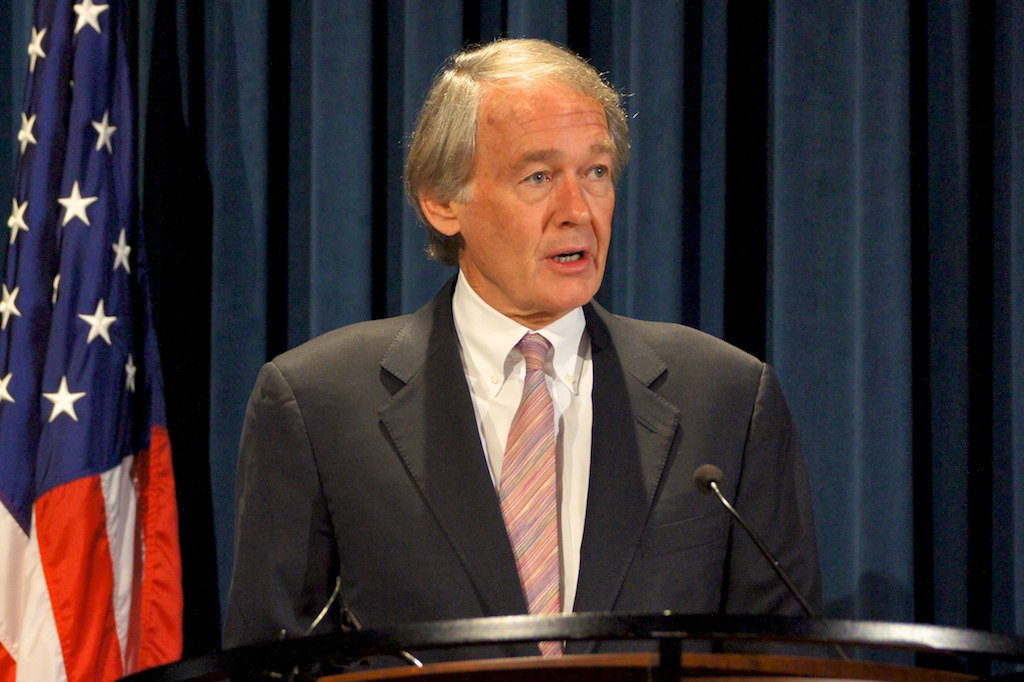
With Senators and Representatives Targeting Facebook, Mark Zuckerberg Likely to Visit Capitol Hill
WASHINGTON, March 23, 2018 – The odds that Facebook Chief Executive Officer Mark Zuckerberg will make an appearance on Capitol Hill to explain his company’s actions regarding the misuse of millions of Facecook users’ data by Cambridge Analytica – the “big data” company linked to President Donald Tru
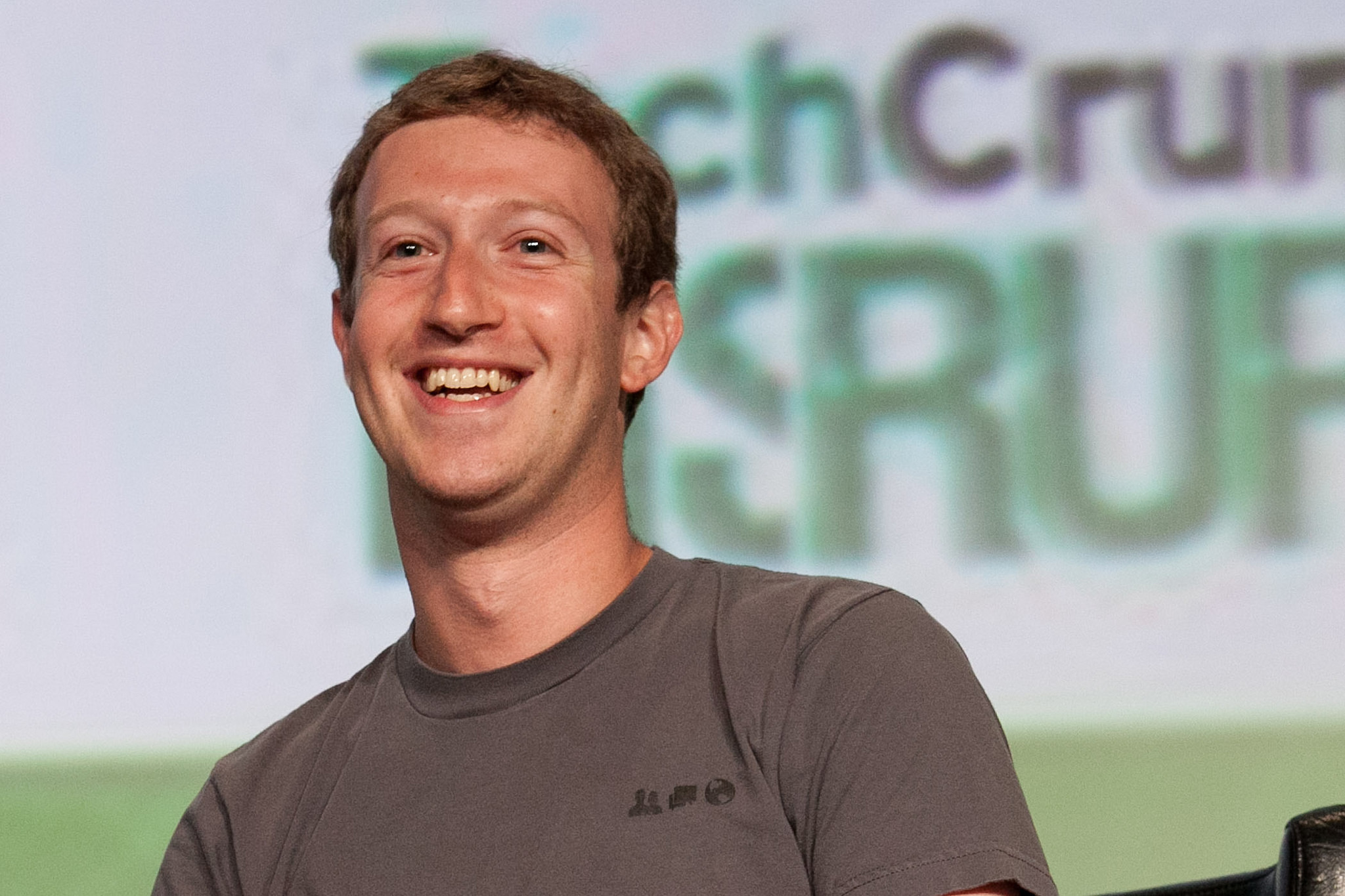
Federal Trade Commission Workshop on Connected Cars Raises Issues of Data Breaches and Privacy
WASHINGTON, July 3, 2017 – Self-driving vehicles could reduce congestion, supplement public transit systems and help the elderly and disabled travel safely, said Jeffrey Massimilla, chief product cybersecurity officer of Product Cybersecurity for General Motors, at a Federal Trade Commission worksho
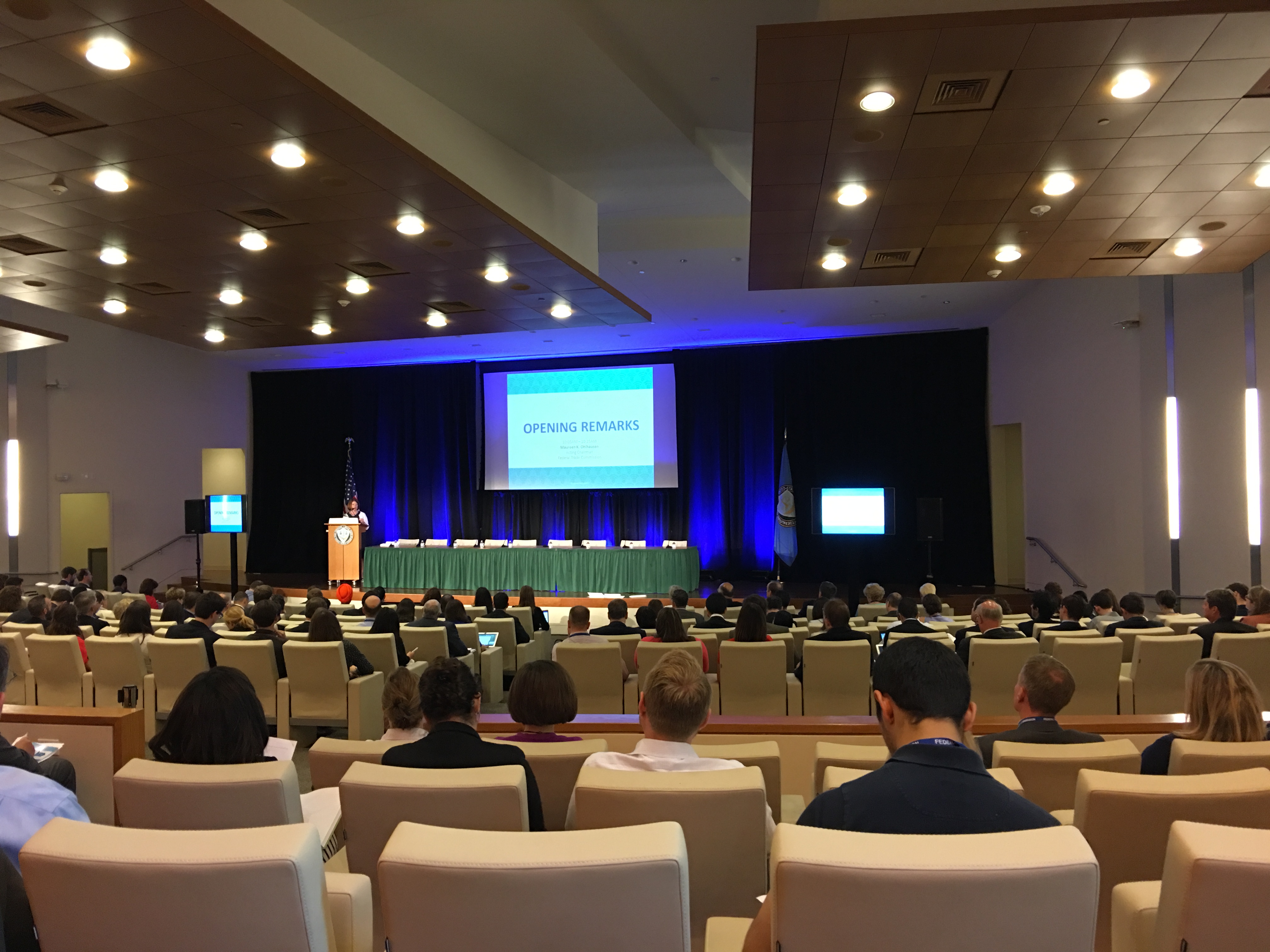
More Data is Necessary to Make Defending Against Security Breaches a Rational Cost-Benefit Calculation
ARLINGTON, Virginia, June 18, 2017 – The key to defending against security breaches is collecting more data, said a University of Illinois at Chicago professor during a June 8 panel at the on the law and economics of privacy and data security. Hosted at George Mason University here and moderated by

Rep. Marsha Blackburn at Partisan Hearing on Cybercrime: ‘Hackers are Smart, and They are Adapting’
WASHINGTON, June 15, 2017 – Cybercrimes cost the global economy about $450 billion annually, House Communications Subcommittee Chairman Marsha Blackburn, R-Tennessee, said Tuesday as she cited the 2017 Hiscox Cyber Readiness Report. “Hackers are smart, and they are adapting,” said Blackburn. “McAfee
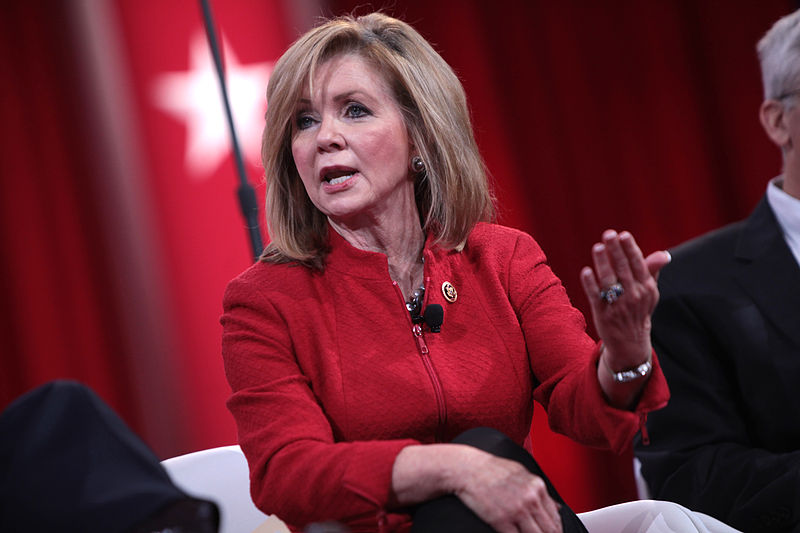
House Rules Committee Approves Vote on Internet Privacy Measure on Tuesday; All Parties Expected to Weigh In
BROADBAND BREAKFAST INSIGHT: With the House Rules Committee’s decision to press for a House vote on internet privacy on Tuesday, it’s an “all hands on deck” sort of moment, as multiple parties weight into the pros and cons of approving the Senate’s use of the Congressional Review Act to overturn Oba
Public Knowledge, Benton Foundation and Center for Digital Democracy Oppose FCC’s Reversal on Broadband Privacy
Public Knowledge Files Opposition for Reconsideration to Save Broadband Privacy Rules for Consumers On Monday, Public Knowledge, joined by Benton Foundation and the Center for Digital Democracy, filed an Opposition to Petitions for Reconsideration of the Federal Communications Commission’s Broadband
With Potential Senate Action on Broadband Privacy, Telecom Issues are Coming to the Hill
Broadband Breakfast Insight: Flake’s bill is just one of the many signs that telecommunications issues are likely to be discussed more, not less, in Congress this year. This diminishes the importance of action at the FCC, relegating it to serving a secondary role on more technical issues. GOP senato
House Passes Email Privacy Act
WASHINGTON, February 6, 2017 – The House of Representatives on Monday approved by voice vote the Email Privacy Act, H.R. 387, designed to protect Americans’ privacy and public safety in the digital age. Below is a statement from House Judiciary Committee Chairman Bob Goodlatte, R-Virginia, applaudi
Robert Cattanach: AT&T Settles with FCC for $25 Million in Landmark Privacy and Data Breach Agreement
Cattanach_Robert (640x427) [https://broadbandbreakfast.com/wp-content/uploads/2015/04/Cattanach_Robert-640x427-300x200.jpg]https://broadbandbreakfast.com/wp-content/uploads/2015/04/Cattanach_Robert-640x427.jpgEditor’s Note: On Wednesday, the Federal Communications Commission announced a $25 million
Speaking at Federal Trade Commission, Obama Urges Internet Privacy Legislation for Consumers and Students
WASHINGTON, January 12, 2015 – President Barack Obama on Monday announced that his administration would push for two new pieces of federal internet privacy legislation, one pertaining to consumers and one pertaining to students. He also announced that the Department of Education would offer new tool
Broadband Roundup: California Public Utilities Commission Delays Title II Regulation
WASHINGTON, September 15, 2014 – Set to pass a proposal enduring public utility regulation of broadband providers under Title II of the Communications Act, the California Public Utilities Commission instead put the proposal on hold, reported Multichannel News. The proposal endorsing Title II regulat
Broadband Roundup: Rural Providers Want RUS Funding, AT&T Expands ‘GigaPower’, and Potential Surveillance Changes
WASHINGTON, July 30, 2014 – The House Agriculture Subcommittee on Livestock, Rural Development and Credit held a hearing on coordinating the future of broadband investment. Lang Zimmerman, vice president of Yelcot Telephone Co., a member company of rural broadband association NTCA testified that fun
Broadband Roundup: Microsoft on Privacy, 11th Circuit on Warrants, and Wheeler on Community Broadband
WASHINGTON, June 12, 2014 – Microsoft is determined to fight a recent U.S. government demand for a user’s emails on company computers in Ireland, The Wall Street Journal reported. “Congress has not authorized the issuance of warrants that reach outside U.S. territory,” Microsoft wrote in its filing
Broadband Roundup: House Passes USA Freedom Act to Rein in NSA, But Key Civil Liberties Groups Defect
WASHINGTON, May 22, 2014 – The House of Representatives passed the USA Freedom Act on Thursday in a 303 to 121 vote, according to Ars Technica, instituting changes to the National Security Agency’s bulk collection of American phone records. The goal is to end the practice of gathering records of met
Twitter Q&A on Children’s Online Privacy with Reps. Markey and Barton
WASHINGTON, April 9, 2014 – Today, Senator Edward J. Markey (@MarkeyMemo) and Rep. Joe Barton (@RepJoeBarton) are hosting a Twitter Q&A on children’s online privacy. Using the hashtag #AskKidsPriv, the lawmakers will be answering questions on Twitter about how parents can protect their children onli
Tech Industry and Non-Profit Groups Criticize National Security Agency’s Encryption-Cracking
WASHINGTON, September 6, 2013 – In the wake of reports in The New York Times, ProPublica, and The Guardian that the National Security Agency had embarked on a system of cracking widespread industry-used encryption protocols, at least one industry group and non-profit organization highlighted the nee
PRISM Revelations Will Harm Digital Trade, ITIF Panel Says
WASHINGTON, July 29, 2013 — The Information Technology and Innovation Foundation held a panel on the impact of the National Security Agency’s PRISM program on digital trade last Wednesday. Ambassador Phil Verveer, former coordinator of international communication and information policy, said recent
Panel Analyzes Benefits and Challenges of Cloud Computing for Government Agencies
WASHINGTON, July 12, 2013 – A panel of experts discussed the potential for the use of cloud computing by federal agencies at an event held by the Information Technology and Innovation Foundation on Wednesday morning. The security of cloud computing was a primary concern for many of the panelists. Ma
Broadband Breakfast Club Video on Smart Grid Initiative Plays Up Fiber and Wireless Role for Advanced Energy
WASHINGTON, June 28, 2013 – The status of the development of the national smart grid and its relationship to broadband buildouts was the center of discussion at the June 2013 Broadband Breakfast Club. The concept of smart grid is a marriage of intelligence and communications, said David Wollman, Dep
Conference Explores Privacy Issues in an Increasingly Connected Society
WASHINGTON, June 13, 2013 – Most Americans have a negative view of data gathering and feel that they have little control over what information is available to businesses and the government, according to a poll released Thursday by Allstate and National Journal-Heartland Monitor. However, many Americ
Fiber
Fiber-optic technology is the gold standard for home or commercial broadband, and powers wireless connectivity, too.
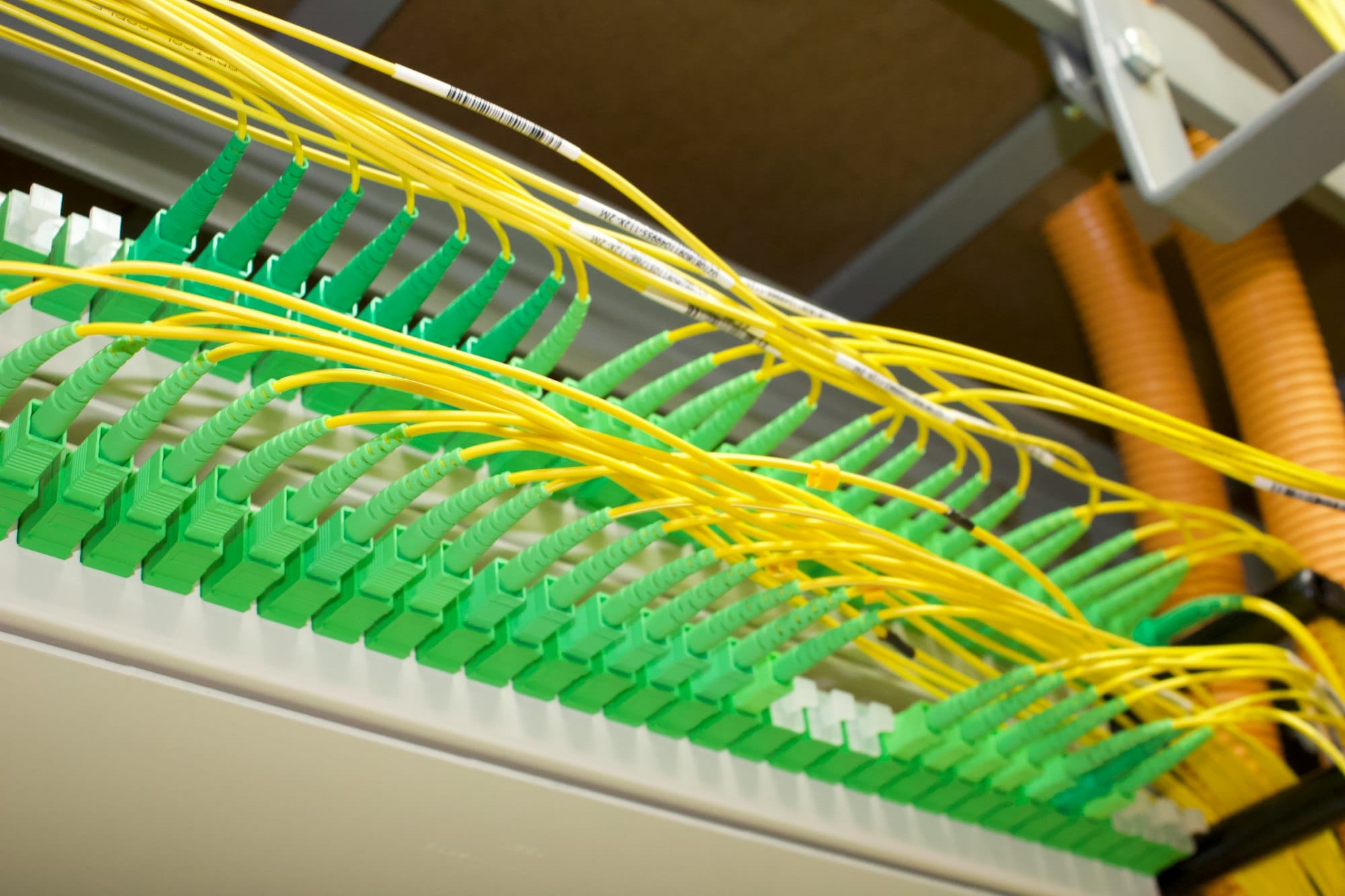
Mobile
Mobile communication has become a central part internet connectivity.

Democratization
The internet has the potential to impact, and also to enhance, society's democratization.

Section 230
Section 230 is sometimes called the 26 words that created the internet.

Spectrum
Whether licensed, unlicensed or shared, radio frequency spectrum is the critical resource for wireless communication.

Net Neutrality
Whether broadband providers may prioritize delivery of bits by the entities they own is a divisive topic.

Open Access
Open Access networks separate network operations from internet services. Ownership may also be separate from operations.

Funding
The pandemic has prompted a new era of funding for broadband infrastructure.

Rural
Because Rural America is often the least-connected region in the country, ensuring coverage is central to BEAD.

Wireless
Wireless technologies are critical for mobile communications, and for being able to reach remote locations.

Satellite
Satellite broadband remains an option those areas beyond the reach of fiber, terrestrial or mobile wireless.

Universal Service
The Universal Service Fund, codified in 1996 with the Telecommunications Act, remains the foundation of universal access.

Cloud
Cloud computing relies upon robust and high-speed upload and download internet speeds.

Tribal
Tribal leaders say the federal government has failed to uphold its trust responsibility for the health, safety and welfare of Native American tribes.

5G
The 5G wireless standard promises breakthrough in capacity, speed and dynamic spectrum-sharing capabilities.

WISP
Wireless Internet Service Providers play an important role in delivery of fixed wireless broadband.

Digital Inclusion
We need humans to make digital inclusion work.

Education
Technology, particularly broadband access and adoption, plays a vital role in K-12 and secondary education.

Health
The innovations of telehealth and mobile health care has transformed medicine and health care.

Public Safety
Ensuring that emergency communications are enabled with broadband is the next frontier in public safety.

Telework
Broadband internet service allows many people to work from almost anywhere.

Cybersecurity
Digital locks and keys are necessary, but not sufficient, to ensure cybersecurity.
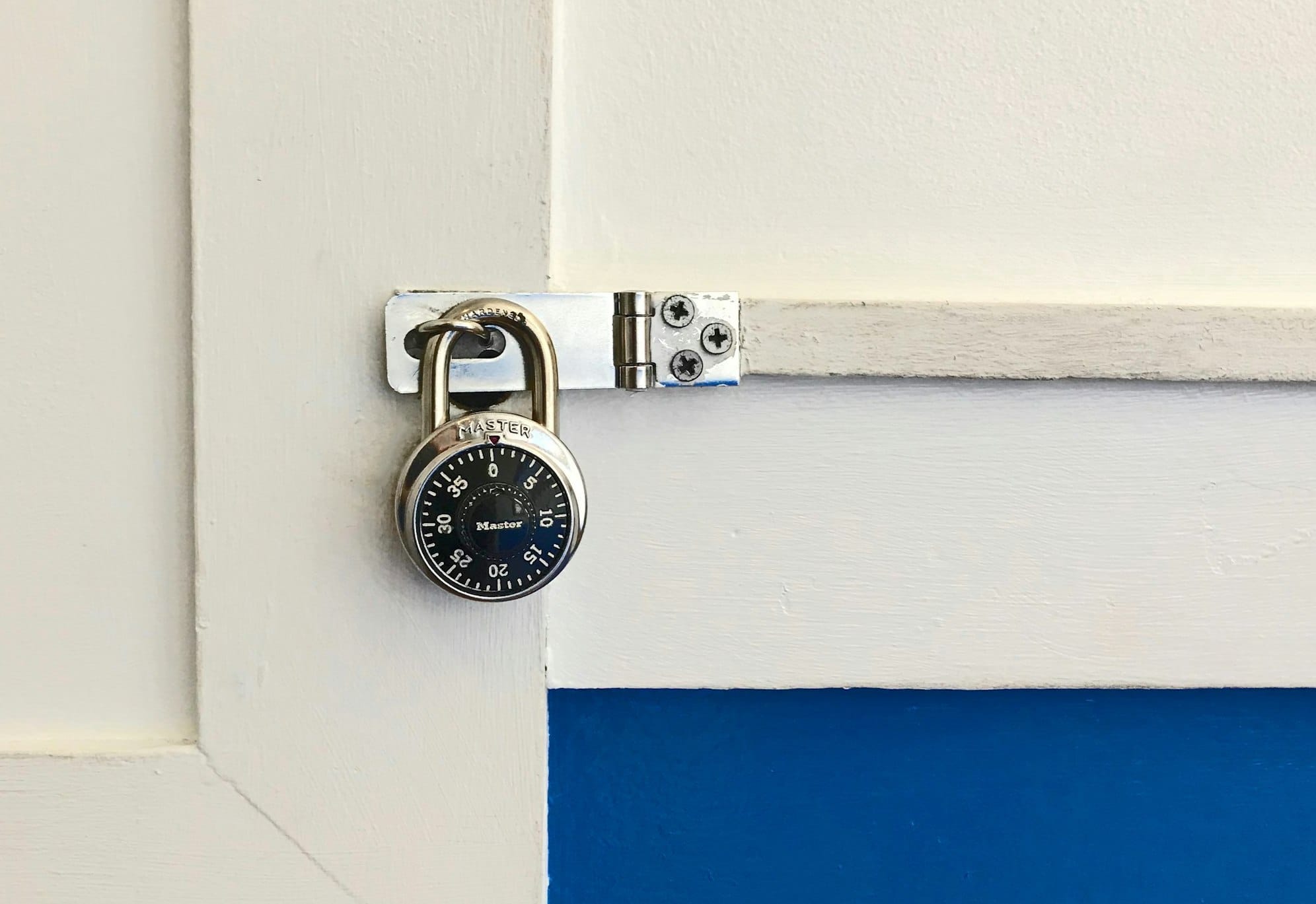
Robocall
The scourge of robocalls is making America's once-vaunted telephone network less trustworthy.

BEAD
The BEAD program is implemented by the National Telecommunications and Information Administration of the U.S. Commerce Department.
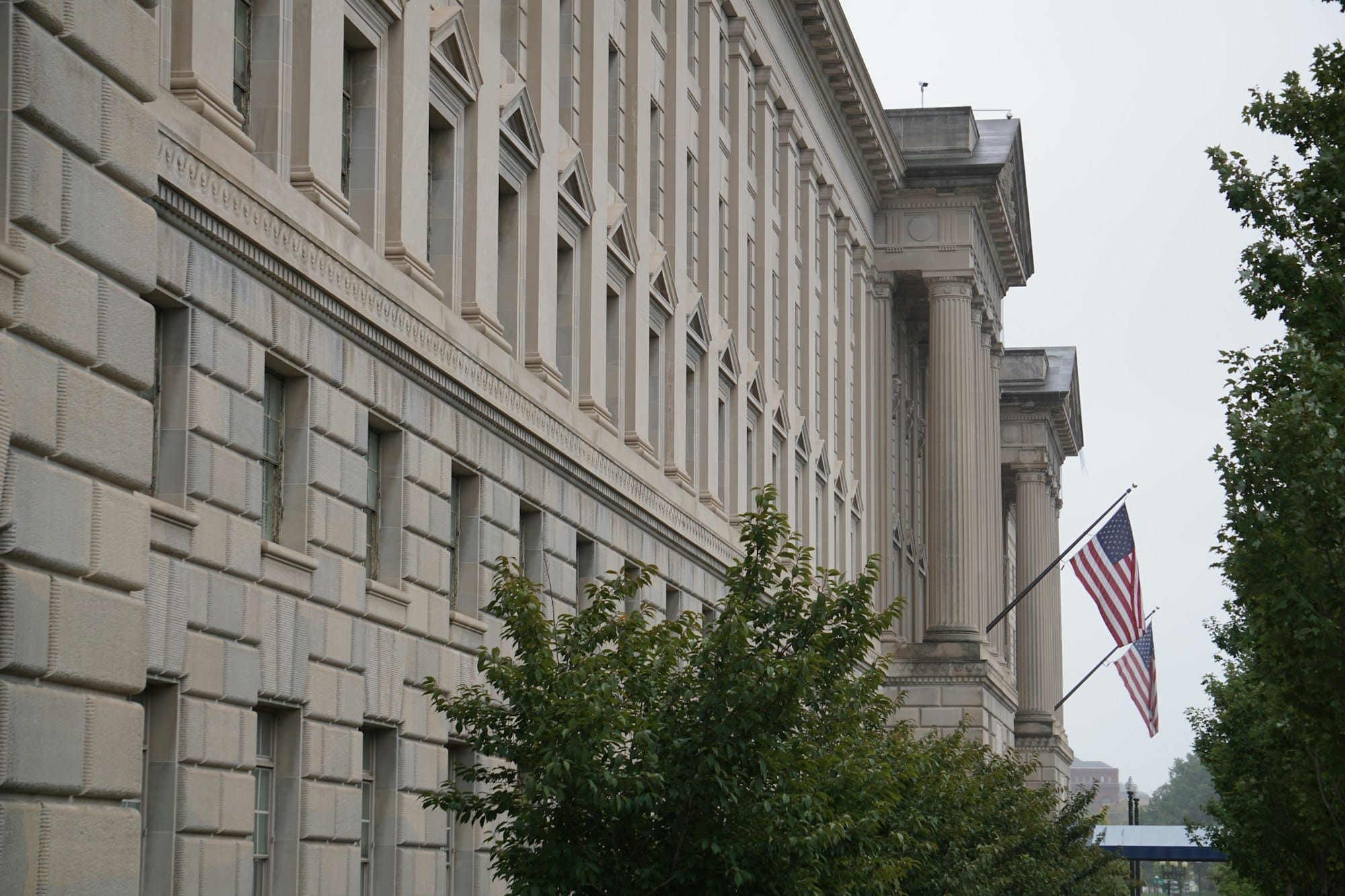
Community Broadband
The last three years have seen a dramatic increase in the number of communities building publicly-owned, locally controlled infrastructure.

Broadband Mapping and Data
Accurate broadband mapping and data has been central to America's broadband buildout.
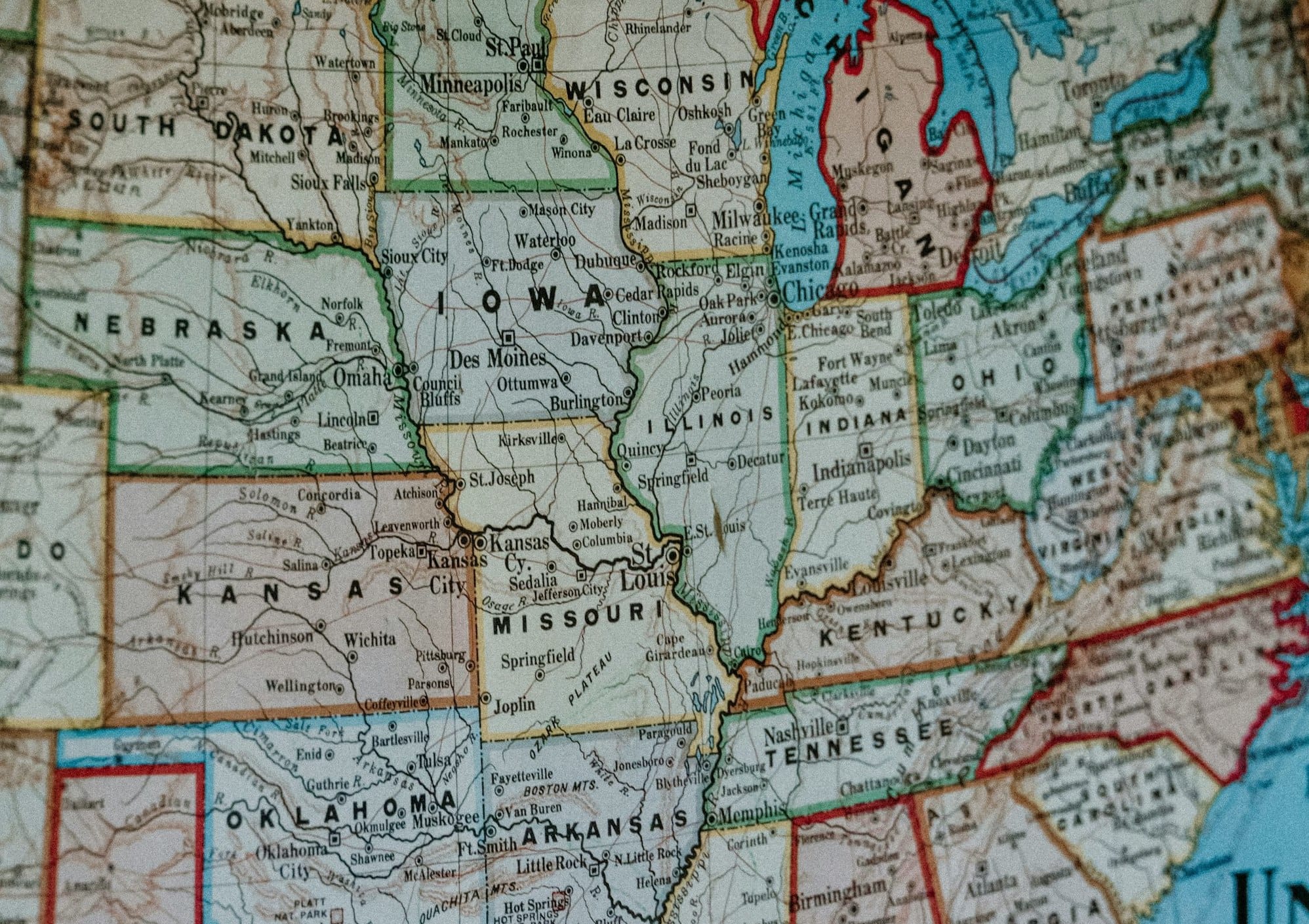
Smart Cities
Cities of the future rely on high-speed internet access and advanced fiber and wireless connectivity.

Advanced Energy
The infrastructure necessary for advanced energy also powers the infrastructure necessary for high-speed internet.

Autonomous Vehicles
Self-driving cars are one of many advances to come for smart cities and communities.

Drones
Drones and airborne transportation are one of many advances to come for smart cities and communities.

Antitrust
Antitrust has been re-invigorated by concern over the power of big technology, media and telecom companies.

Artificial Intelligence
Artificial intelligence is poised to transform humans' relationship with technology, and each other.

Social Media
Social media plays a powerful force in the lives of most adults and teenagers.

Free Speech
Debates about the role of free speech have been transformed by broadband internet services.

Chips
Semiconductors are the world’s new oil.

Family Search International CEO Dennis Brimhall, in Interview, on Social Aspects to Family History Broadband Applications
SALT LAKE CITY, March 25, 2013 – Dennis Brimhall, CEO of Family Search International, discusses some of the recent changes and upgrades to the FamilySearch.org web site during the RootsTech conference here. FamilySearch.org is one of the most well-used genealogy web sites in the world. During the in
Video of Tuesday’s Broadband Breakfast Club on ‘The President’s and Congress’ New Broadband Agenda’
WASHINGTON, January 17, 2013 — This past Tuesday, January 15th, the Broadband Breakfast Club featured explication and discussion of the key broadband policy issues projected for debate in Congress in 2013. Highlights included a keynote speech by Representative Anna G. Eshoo (D-California), Chair of
WISPA
WISPA, formerly the Wireless Internet Service Providers Association, represents "Broadband Without Boundaries."

The Future of Privacy in a Social Media and Networking World
WASHINGTON Thursday April 19, 2012 – First search, then social media, and now privacy concerns? The digital world has transformed the way consumers access content; one can search an article they are interested in, subscribe to Google Reader, follow a friend’s recommendation from Twitter or read an
BroadbandBreakfast.com Hosts Broadband Breakfast Club Event ‘Social Networking, the End of Media and the Future of Privacy’ on Tuesday, April 17th, 2012 in Washington, DC
WASHINGTON, Friday, April 13, 2012 – The internet policy news and events service BroadbandBreakfast.com will hold its April 2012 Broadband Breakfast Club event “Social Networking, the End of Media and Future of Privacy” on Tuesday, April 17th, 2012 at Clyde’s of Gallery Place, 707 7th St. NW, Washin
Second Doc Test
Premium Document Page
Docs Post 3
ValidSoft CEO Talks Privacy Technology
WASHINGTON, August 3, 2011 – U.S. customers may soon begin seeing data security technology involving ATMs and cell phones that would work without tracking people thanks to the efforts of a European security software company. Patrick Carroll, CEO of ValidSoft Limited, discussed the company’s real-ti
Agency Heads Appear Before Congress to Tackle Privacy Issues
WASHINGTON July 18, 2011- Two congressional subcommittees called on the heads of several government agencies late last week to inquire how each addresses Internet privacy issues. The panel, assembled by the Subcommittee on Commerce, Manufacturing, and Trade and the Subcommittee on Communications an
FTC and DOJ Forum: Child ID Theft By Family Members Most Damaging
WASHINGTON, July 13, 2011 – Child ID Theft more commonly occurs via organized crime, but the most severe damage happens when done by family members, experts concluded at a joint Child ID Theft forum Tuesday. Federal Trade Commission and Department of Justice held the forum one day after hacktivist
Senate Considers Recommendations for Data Privacy and Security Bills
WASHINGTON, July 1, 2011 – The Senate Commerce, Science and Transportation Committee assembled Wednesday its third hearing this legislative session on data privacy and security. In a hearing rushed so that members could make it to the Senate floor in time to vote, members and witnesses from governm
Center for American Progress Panelists Explore FTC’s Role in Child Privacy Protection
WASHINGTON, June 28, 2011 – A Center for American Progress panel assembled Monday explored the challenges presented by emerging Internet technology privacy issues with respect to Federal Trade Commission enforcement, child safety and free speech rights.
Julie Brill, FTC Commissioner, addressed private sector and government solutions for protecting consumer data privacy
Franken Introduces Geolocation Privacy Bill
WASHINGTON June 16, 2011- Chairman of the Senate Judiciary Subcommittee on Privacy, Technology and the Law, Sen. Al Franken (D-MN), along with Sen. Richard Blumenthal (D-CT), introduced a bill Wednesday that would make rules more stringent for collecting geolocation data on mobile device users. The
House Subcommittee Weighs Consequences of New Obama Cybersecurity Proposal
WASHINGTON, May 27, 2011 – House Subcommittee members received answers long on ideas but short on specifics when they probed Obama administration officials during a hearing Wednesday on the President’s cybersecurity review. The House Judiciary Committee Subcommittee on Intellectual Property, Compet
Barton, Markey Release Draft of ‘Do Not Track’ Bill for Kids
WASHINGTON, May 9, 2011 – Reps. Joe Barton (R-TX) and Ed Markey (D-MD) released a discussion draft of to-be-introduced legislation that would update the Children’s Online Privacy Protection Act to reflect changes in current technology. The Do Not Track Kids Act of 2011 would make several changes to
Congressional Members Discuss Net Neutrality, Privacy and Spectrum at CCIA Meeting
WASHINGTON May 5, 2011- At the Washington Caucus meeting of the Computer and Communications Industry Association Wednesday, Congressional leaders presented their views on preserving the Open Internet, expanding patent reform, ensuring consumer privacy online and the need for spectrum reform.
TechFreedom Aims To Fill Privacy Niche
WASHINGTON, April 14, 2011 – In a town where there are as many opinions as there are issues, TechFreedom, a new think tank, aims to provide a non-partisan approach to privacy issues from a free market, libertarian stance. The core focus of TechFreedom approaches privacy issues from two vantage poin
Barton, Markey to Wireless Carriers: ‘Do You Track Customers’ Location Info?’
WASHINGTON, March 31, 2011 – Reps. Edward Markey (D-MA) and Joe Barton (R-TX), Co-Chairmen of the House Bi-Partisan Privacy Caucus sent letters Tuesday to Sprint, T-Mobile, Verizon and AT&T asking the wireless companies to disclose how the firms collect and stored user location data. The letters to
Hatch, Zuckerberg Talk Innovation, Field Questions At BYU
PROVO, March 28, 2011 – Facebook founder and CEO, Mark Zuckerberg, and Sen. Orrin Hatch (R-UT) visited Provo, Utah, Friday to answer questions posted to the Brigham Young University Facebook page.
Reps. Barton, Markey Keep Watchful Eye On Facebook Privacy Settings
WASHINGTON, February 28, 2011 – Reps. Joe Barton (R-TX) and Edward Markey (D-MA), Co-Chairmen of the House Bipartisan Privacy Caucus, shared Facebook CEO Mark Zuckerberg’s response to a letter they wrote to him on February 2, 2011, questioning a particular privacy feature on Facebook that would pote
Government Taking Steps to Address Companies’ Vast Collections of Private Consumer Data
WASHINGTON, November 3, 2010 – As consumers provide large amounts of private information to web services, the government is tuning into the fact that the use of this information by these companies is becoming increasingly important.
India Gives RIM Two More Months to Comply
WASHINGTON, August 31, 2010 – India’s government has given BlackBerry-maker RIM two more months to comply with a request for increased access to e-mail from its users.
RIM Agrees to Give India Access to Networks
WASHINGTON, August 19, 2010 – India is the latest nation to require Research in Motion to provide a government with access to the traffic across the RIM network. The nation gave the Canadian phone maker until the end of the month to comply with a request for access to its network. RIM has acquiesced
Complaints to the FCC Jumped 230 Percent in the First Quarter of 2010
WASHINGTON, August 16, 2010 – Complaints to the Federal Communication Commission about various issues increased 230 percent during the first quarter of this year over the fourth quarter of last year, largely thanks to broadcast indecency incidents. General inquires increased 7 percent during this ti
Google Exonerated of Data Violations in UK
WASHINGTON, July 29, 2010 – Following an investigation of Google’s unauthorized Wi-Fi data collection, UK data protection authorities announced that the telecom giant had not done real damage.
Facebook, Google, and Apple Ease Privacy Concerns of Senators
WASHINGTON, July 28, 2010 – Member of the Senate Committee on Commerce, Science, and Transportation are worried about unclear consumer online privacy policies and the negative effects of targeted advertising. Representatives from Apple, Facebook, Google, The Cato Institute, AT&T, and the Annenberg
Genachowski and Leibowitz Testify Before Senate on Privacy Issues
WASHINGTON, July 28, 2010 – The Federal Trade Commission and Federal Communications Commission have formed a task force to deal with online privacy concerns facing American consumers.
Sweden’s Pirate Party to Launch ISP with Privacy Focus
WASHINGTON July 21, 2010- Sweden’s Pirate Party is planning to launch its own ISP which will be maintained by users. Subscribers will be responsible for fixing network issues and helping their fellow customers with technical support. The ISP will also not maintain any logs of usage. Users will access
Is Apple Big Brother?
WASHINGTON, July 21, 2010 – Buried within a 40 page privacy policy Apple says that it will share location data with its partners. “Apple and our partners and licensees may collect, use, and share precise location data, including the real-time geographic location of your Apple computer or device.” W
Experts Debate Causes, Cures for Cyber Bullying and High Risk Behaviors
WASHINGTON, June 29, 2010 – The best way to avoid cyber bullying is not to be a teenage girl, said an expert on Tuesday at a panel discussion hosted by the Progress and Freedom Foundation. The remarks, made by Michael McKeehan, Verizon’s executive director of internet and technology policy, were in
Online Safety and Technology Working Group Makes Final Report to NTIA
WASHINGTON, June 8, 2010 – The Online Safety and Technology Working Group (OSTWIG) have just released their report on how the government can help parents and industry protect children while on the internet. OSTWG was established by the “Broadband Data Improvement Act” (the Act), Pub. L. No. 110–385
Google Faces Lawsuits for Collecting Data from Unprotected Networks
WASHINGTON, June 7, 2010 – A class action lawsuit filed May 17 accuses Google of violating federal privacy and data acquisition laws, and asks that Google pay up to $100,000 to each individual from whom data was taken. The firm is also facing civil suits in Canada, the Czech Republic, France, German
Europe Looks for Economic Growth Through Its Digital Agenda
WASHINGTON, June 3, 2010 – One half of European productivity growth over the last 15 years can easily be attributed to information and communications technology, according to the European Commission. The commission is hoping to continue this trend by unveiling last month the Digital Agenda for Europ
Irish ISP to Cut Off Illegal File Sharers
WASHINGTON, June 1, 2010 – Eircom, one of Ireland’s biggest internet service providers, will cut off access to users who have been accused of illegal file-sharing.
Court Orders Google to Turn Over Wireless Data in Portland Case
WASHINGTON, May 31, 2010 – A U.S. District Court in Portland, Ore., has ordered Google to turn over wireless data from its Street View cars which was taken while photographing neighborhoods.
Privacy Experts Urge U.S. to Engage in Global Debate, but Get Own House in Order
WASHINGTON, May 7, 2010 – The United States needs to act as a world leader by using its talents to help develop an innovative global privacy framework, but it must get its own house in order to succeed, said privacy experts Friday at an event hosted by the Commerce Department.
House Republican Leaders Ask for Permission to Use Skype
WASHINGTON, April 26, 2010 – House Republican leaders sent a letter last week to the House speaker and chairman of the Administration Committee requesting that lawmakers be allowed to use more video conferencing software applications to communicate with constituents.
ACLU Applauds New Google Information Request Tracking Tool
WASHINGTON, April 26, 2010 – The American Civil Liberties Union is applauding Google’s new tool that tracks and displays the number of government requests that the company receives worldwide.
Commerce Seeks Comment on Privacy Law, Creates Task Force
WASHINGTON, April 22, 2010 – The Commerce Department is seeking public comment on the impact of privacy laws in the United States and around the world to determine if current laws serve consumer interests and democracy. It also this week announced the formation of an Internet Policy Task Force to id
Connecting America, Chapter 4: ‘Broadband Competition and Innovation Policy’
Twenty-five years ago, the World Wide Web did not exist. Very few Americans had even seen a mobile phone, and broadband networks were available only to a few businesses and research institutions. Today, innovations such as broadband and others like it drive the creation of a wide variety of product
National Broadband Plan: A Look at Chapter 4 and Privacy
WASHINGTON, April 2, 2010 – Chapter Four of the plan focuses on broadband competition and innovation policy. It’s one of the most far-reaching sections in the entire document. It starts by addressing various mobile and fixed networks and moves on to discuss specific devices, privacy and identity the
National Broadband Plan: A Look at Chapter 4 and FCC Recommendations
WASHINGTON, April 1, 2010 – Section Four of the plan focuses on broadband competition and innovation policy. It’s one of the most far-reaching sections in the entire 360-page document. This second article summarizing Chapter 4 looks at the FCC’s overall recommendations to enhance the nation’s broadb
National Broadband Plan: A Look at Chapter 4 and Networks
WASHINGTON, April 1, 2010 – Section Four of the plan focuses on broadband competition and innovation policy. It’s one of the most far-reaching sections in the entire 360-page document. It starts by addressing various mobile and fixed networks and moves on to discuss specific devices, privacy and ide
‘National Purposes’ Aspect of National Broadband Plan Aims For Bold Actions Without Much Spending
WASHINGTON, March 15, 2010 – Blair Levin, head of the Federal Communications Commission’s national broadband plan and the “national purposes” team at the agency previewed key points from the upcoming national broadband plan. The object of the plan, they said, is not just to expand broadband network
Panelists Debate Copyrights, Open Internet in U.S. Broadband Plan
WASHINGTON, January 19, 2010 – Communication and intellectual property experts debated whether a national broadband plan is the right vehicle for addressing copyright and network neutrality issues and whether the FCC is overstepping its bounds by dabbling with copyright issues. Public Knowledge Pre
Advocate Alleges ‘Racial Labeling’ in Targeted Online Ads
WASHINGTON, December 9, 2009 – The ubiquity of online advertising is a product of its importance to the internet economy, said a group of consumer advocates Wednesday during a debate on the future of online advertising. But the impact of new targeted advertising methods on consumer privacy and its
Technology Think Tank Launches ‘Take Back Your Privacy’ Campaign
The Center for Democracy & Technology this week launched a “Take Back Your Privacy” [http://www.takebackyourprivacy.org] campaign to support the creation of more user-friendly privacy tools and push for the passage of a federal consumer privacy law. “It’s time for privacy law and online practices to
Social Networks’ Explosive Growth Revives Decades-Long Debate On Digital Privacy
SAN FRANCISCO, December 2, 2009 – The phenomenal growth of online social networks is finally moving the decades-long debate over the nature of privacy in the digital world forward, said legal experts at an annual conference on innovation in San Francisco on Tuesday. Congress has threatened to enact
Ubiquitous Connectivity: Be Careful What You Wish For, Warn Researchers
SAN FRANCISCO, December 1, 2009 – Technophiles and U.S. policymakers have spent decades promising the public that a ubiquitously-networked society would be a people-powered-utopia filled with useful, actionable information. President Barack Obama’s 2008 campaign is the most prominent example of how
Turkey Wants To Be The Internet Gatekeeper For Its Citizens
WASHINGTON, November 30, 2009 – Turkey’s government is working on a project that would give every child a designated email address at birth, according to reports coming from the country’s state news agency late Monday. Turkey is also looking to develop a homegrown Internet search engine to address g
Liberté, Fraternité, Common Sense
The French Constitutional Court on Thursday approved legislation that would create a graduated-response program to copyright infringement. The goal is to enable copyright owners to halt illegal peer-to-peer file-sharing without suing individual consumers. Thomas Sydnor, Senior Fellow at The Progress
FCC and FTC Chairman Urge Consumers to Protect Their Privacy Online
The chairmen of the Federal Communications Commission and the Federal Trade Commission on Friday jointly encouraged the public to take safeguards to protect themselves, their privacy, and their personal information online.
Panelists Consider Location-Based Privacy and P2P Arms Race
ARLINGTON, Va., September 26, 2009 – Location-based software has become one of the hottest new web applications, fueled by the expansion of smart phone users, these applications allow users to share their location with their friends or search for businesses based on the user’s location.
Education Remains Crucial Tool of Consumer Protection, Say Panelists at FCC
WASHINGTON, September 9, 2009 – The second panel at the Federal Communications Commission’s “consumer context” panel on September 9 focused on the tools and techniques that will enable consumers to utilize new broadband-friendly applications.
Tech Policy, Broadband Still at Top of Obama's List, Says Crawford
WASHINGTON, June 2, 2009 – Just 133 days into the Obama administration, technology policy and broadband deployment are issues “at the heart of this administration’s plans for the future,” special assistant to the president for science, technology and innovation policy Susan Crawford said Tuesday dur





